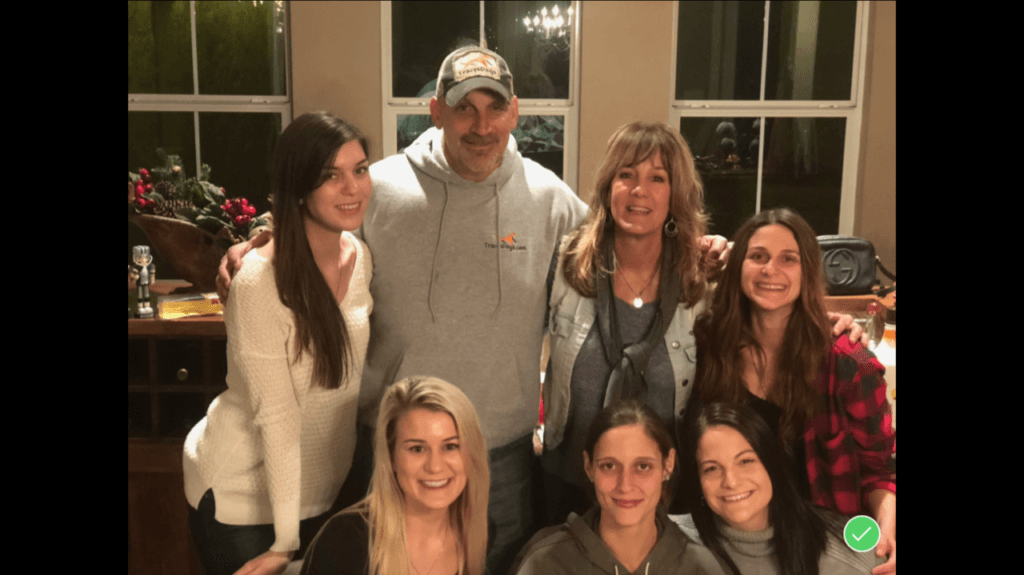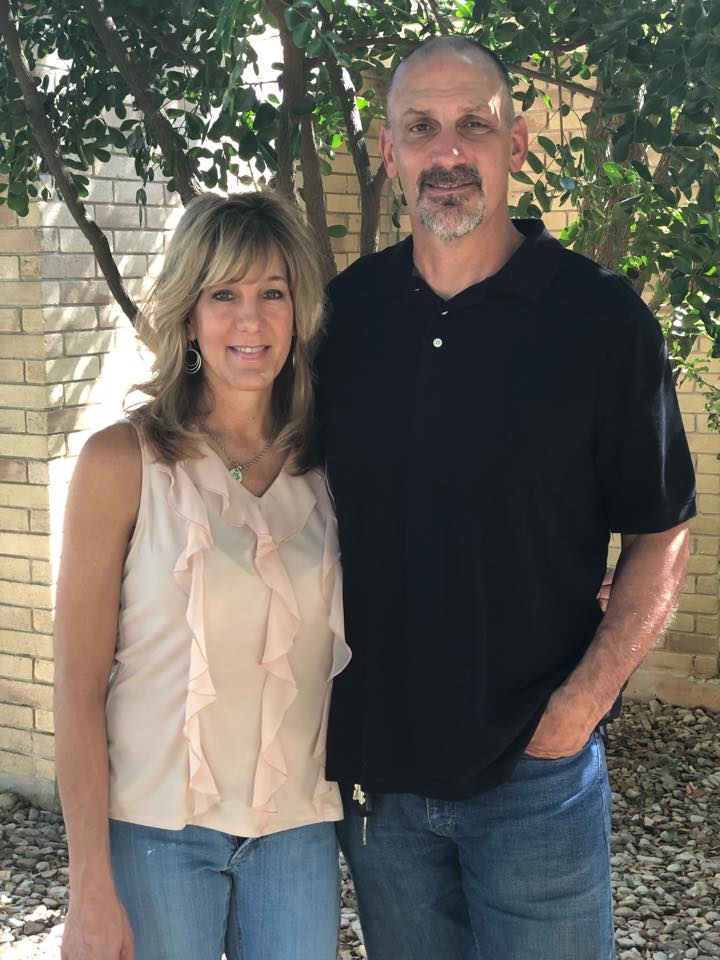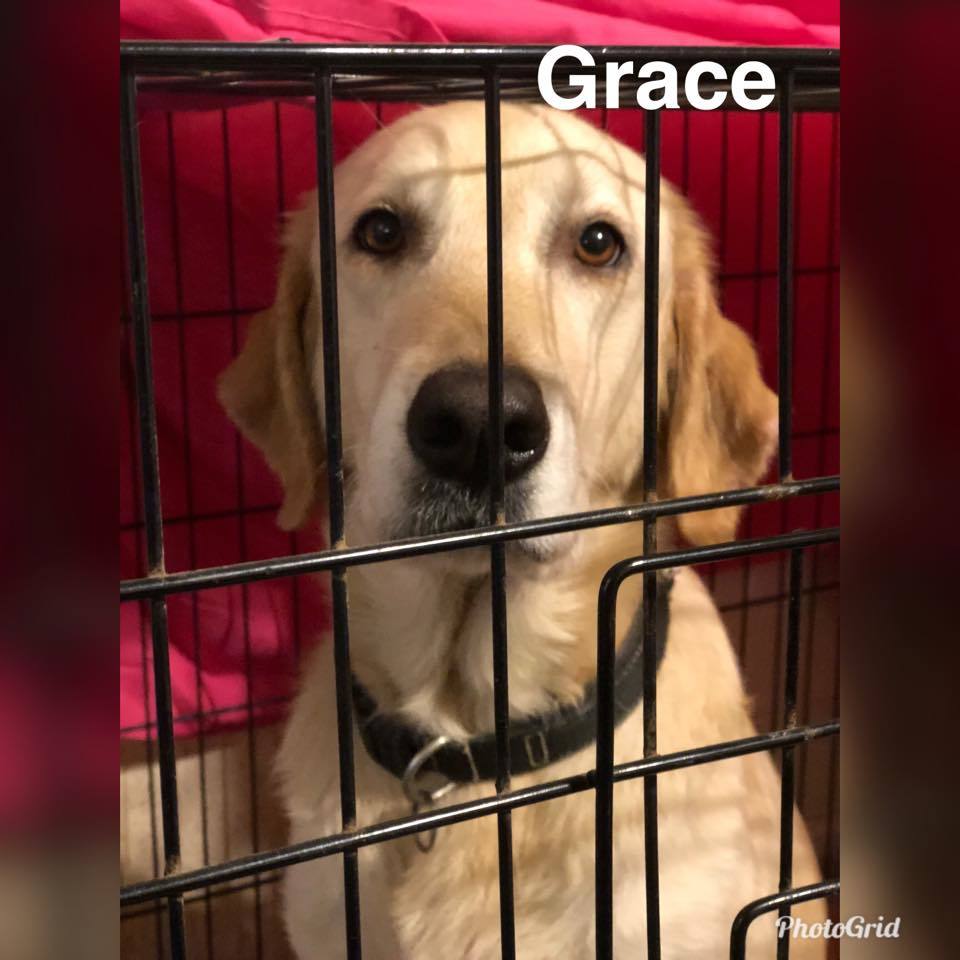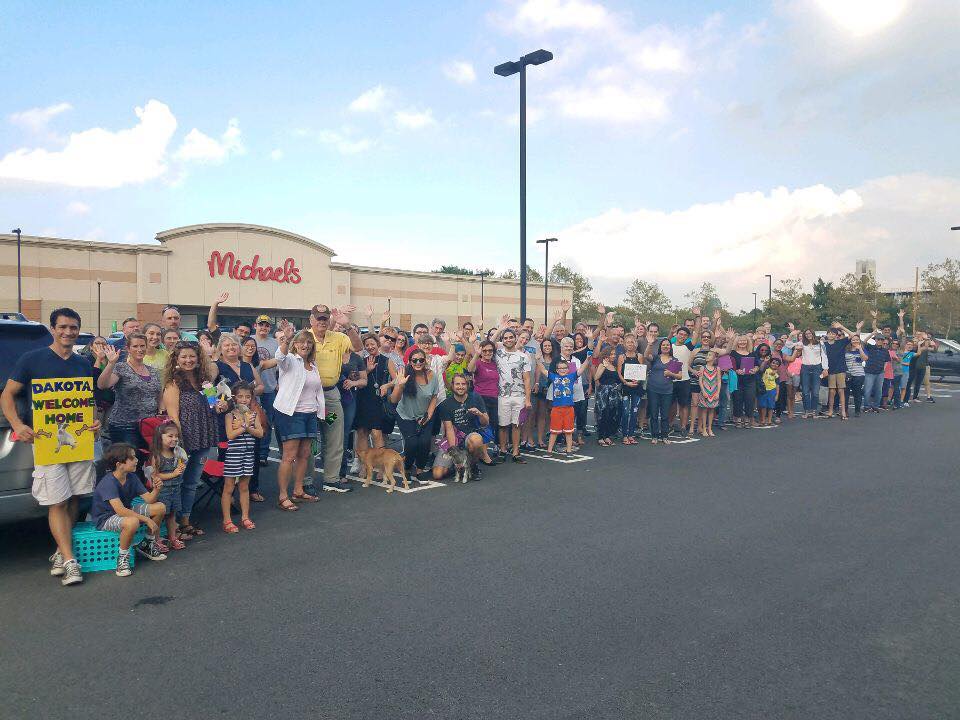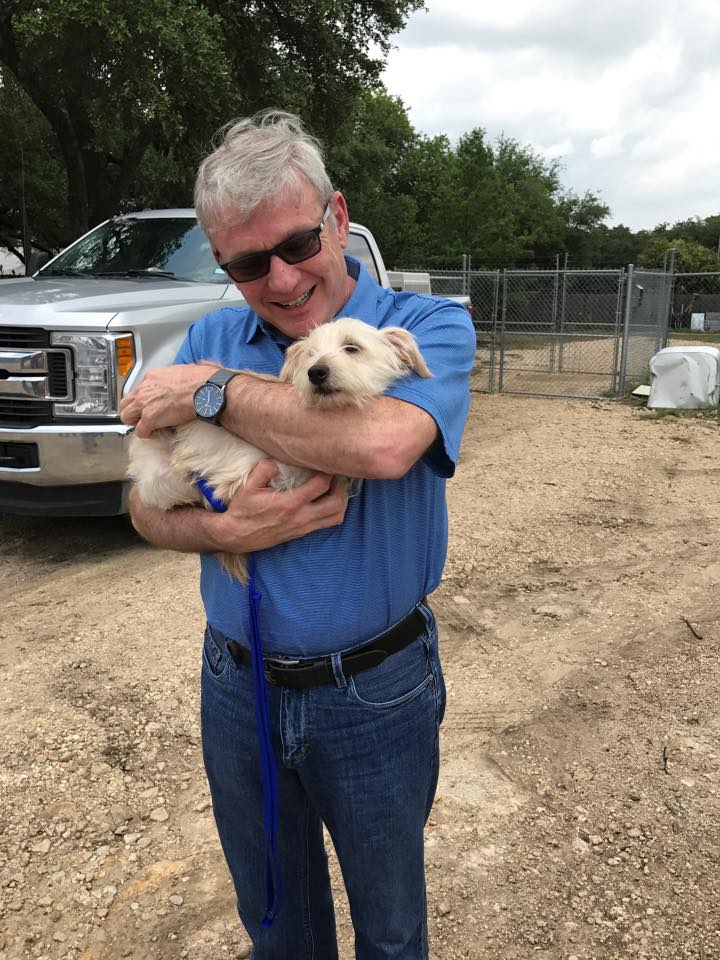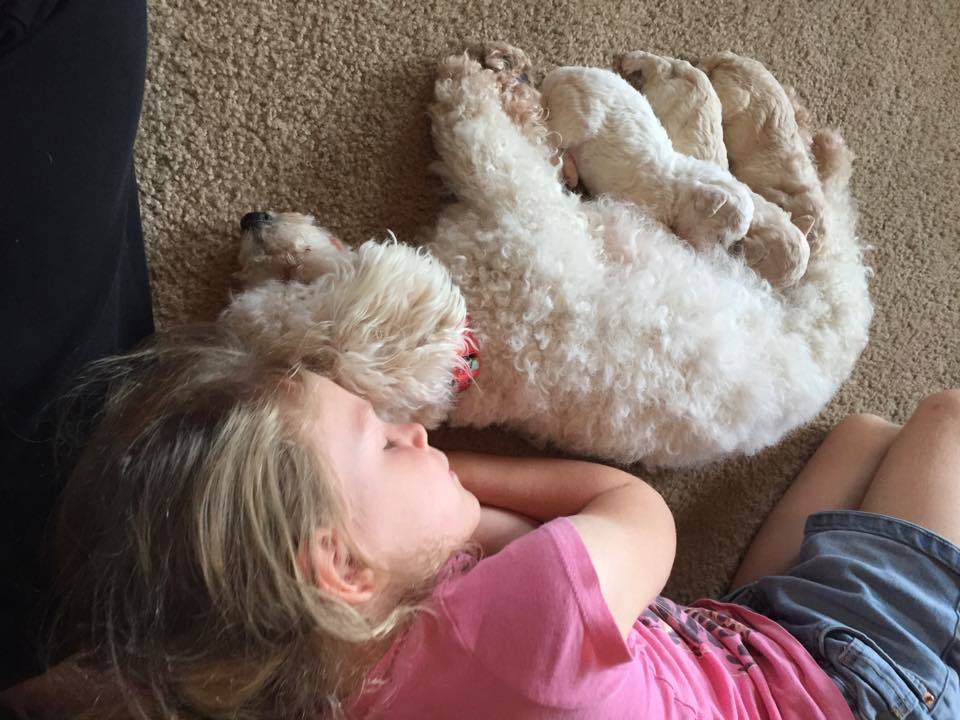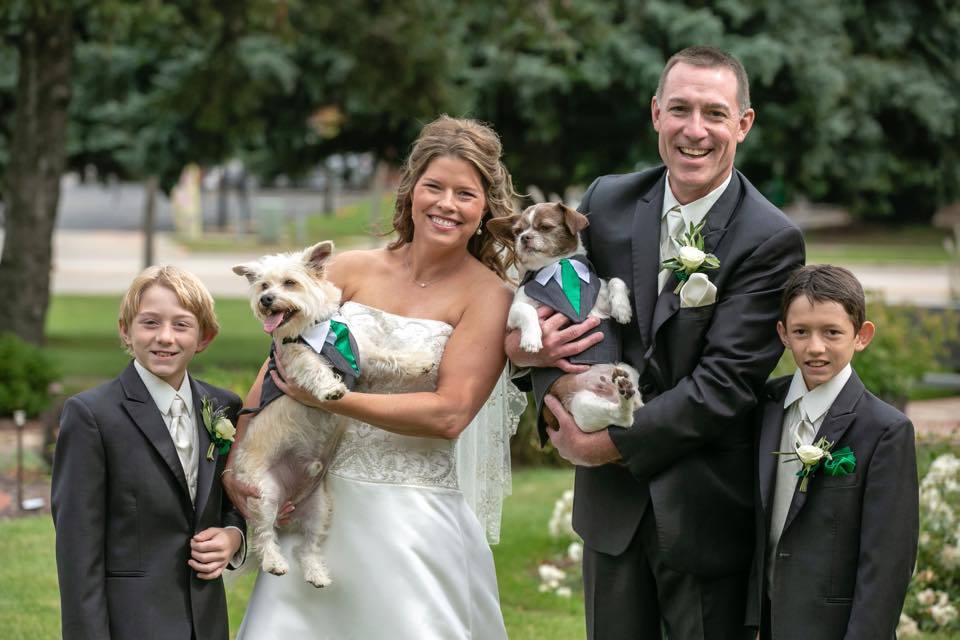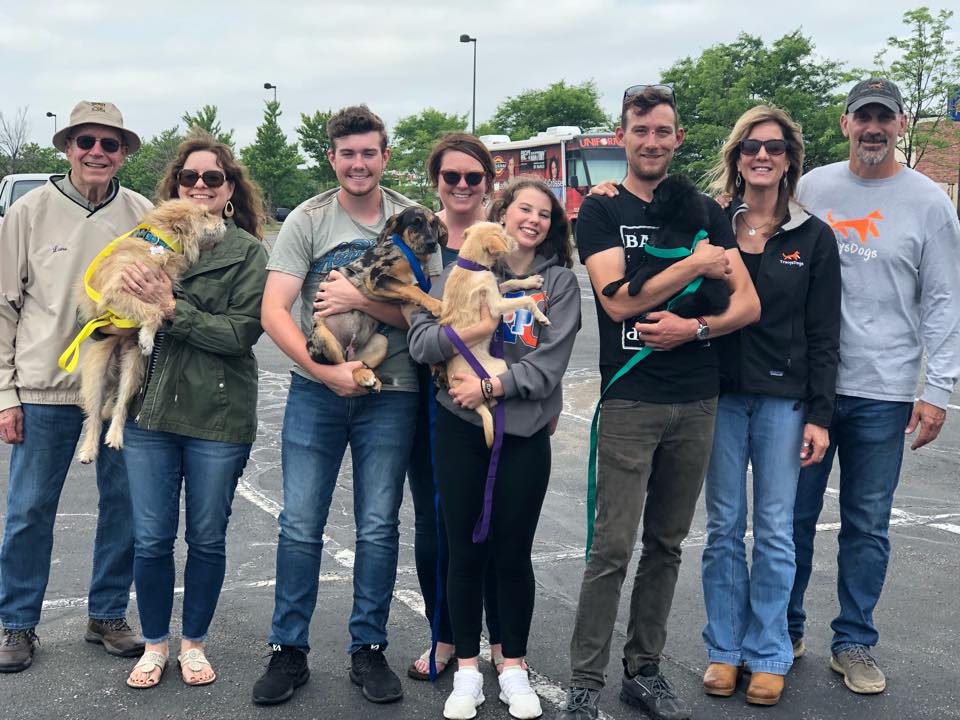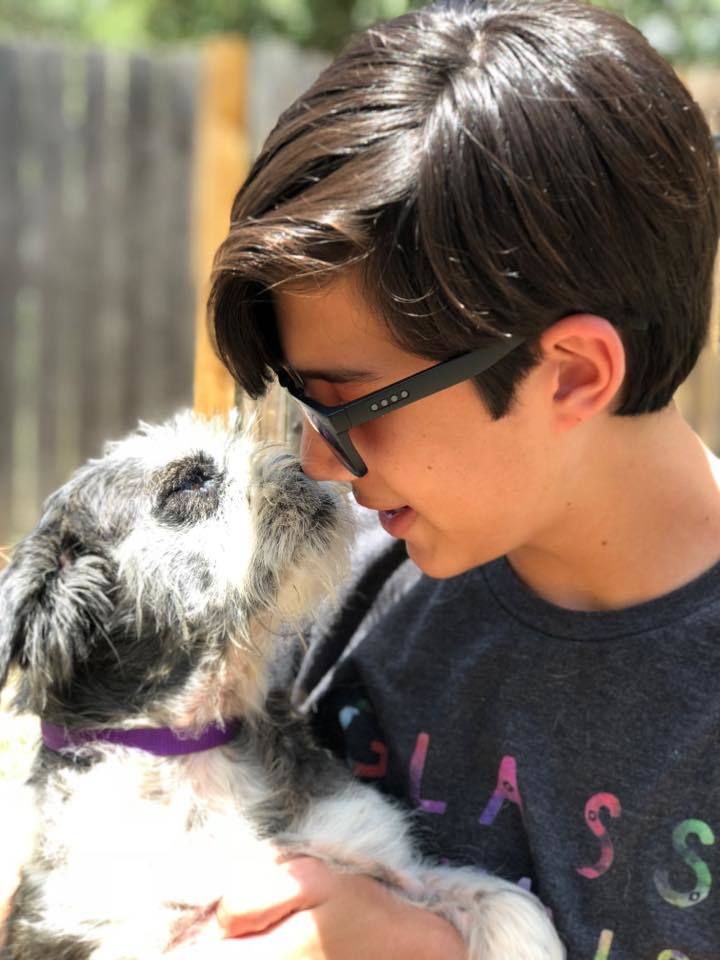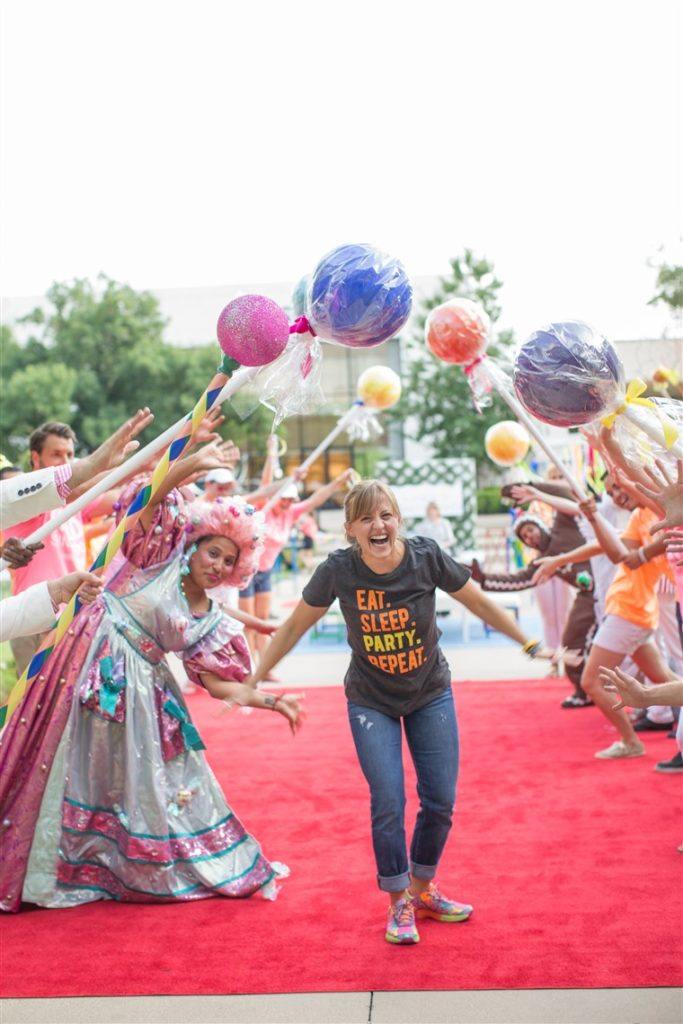
We all strive to use our gifts for the greatest good and purpose. We spend a lifetime honing our crafts and talents and usually putting those skills into our careers. For many of the nonprofit founders I have interviewed there is a moment when they realize that their skills and gifts can be used for a bigger purpose, one beyond their job. That is exactly the story of Paige Chenault the Founder of The Birthday Party Project. Paige spent her career as a high end party planner, organizing extravagant weddings and events to create lasting memories for her clients. Last week, I had the opportunity to meet Paige and attend a fantastic party to help support her beautiful mission of bringing joy to children living with homelessness.
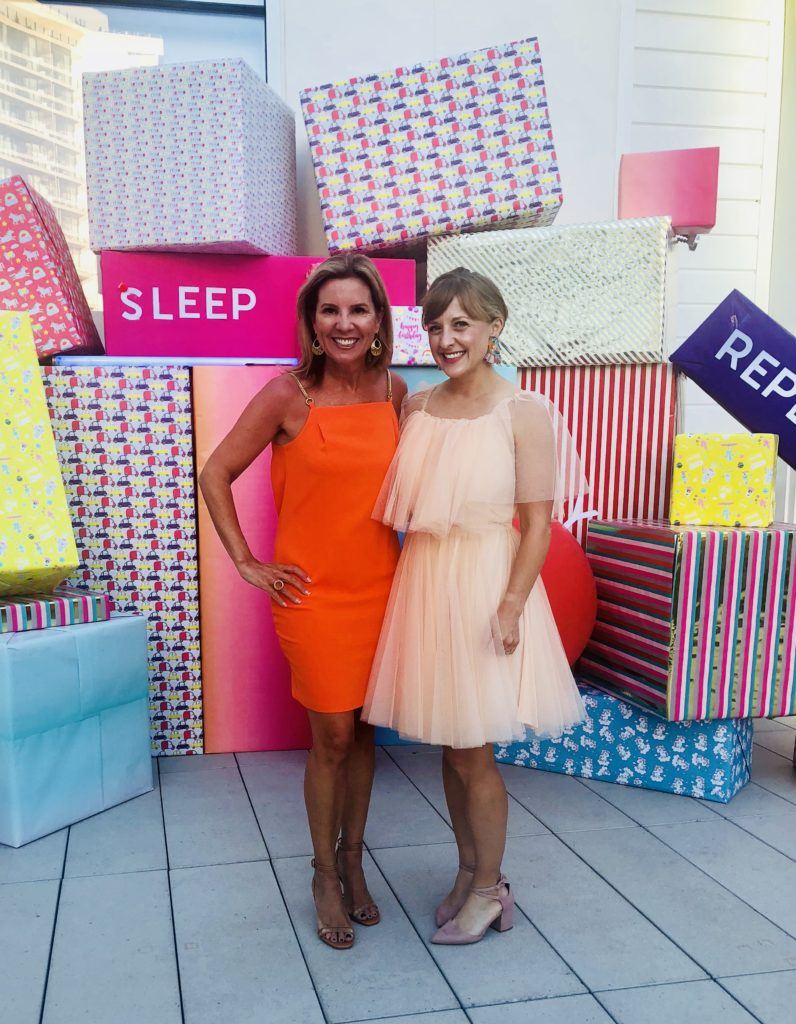
Charity Matters: Tell us a little about what the Birthday Party Project Does?
Paige Chenault: The Birthday Party Project is a nonprofit that throws birthday parties for children who are experiencing homelessness. The Birthday Party Project partners with homeless and transitional living facilities and we host birthday parties for the kids that are staying there.
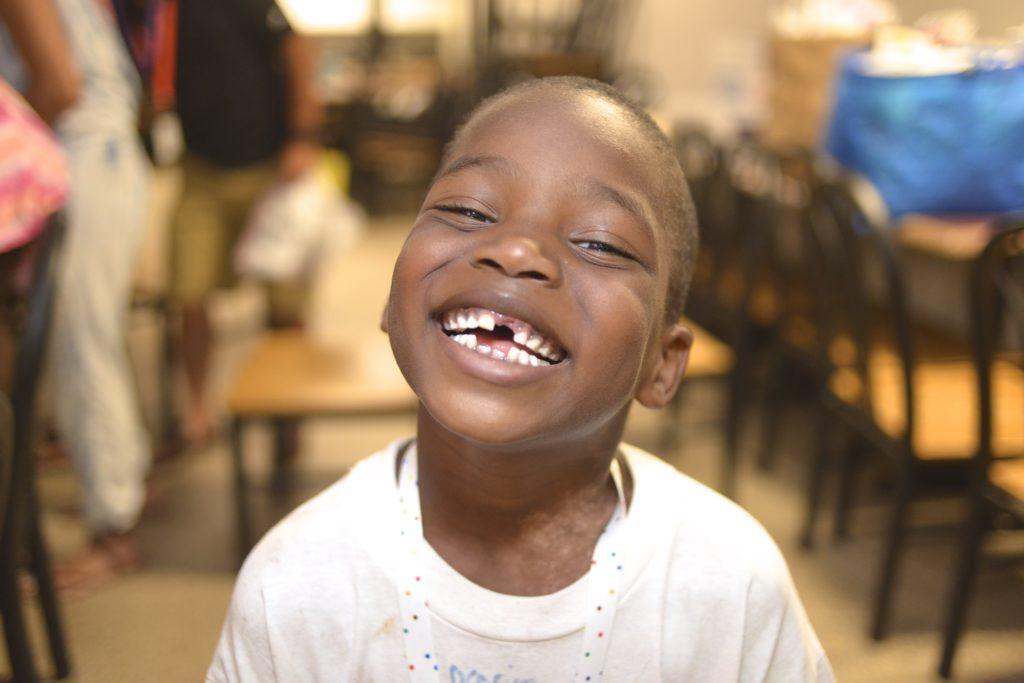
Charity Matters: What was the moment you knew you needed to act and start The Birthday Party Project?
Paige Chenault:I was on an airplane reading a magazine article about kid’s birthday parties and for almost a decade I had been in the party planning business, so I was getting excited about my daughter’s upcoming birthday and the party I was going to throw her. As I flipped through the magazine and saw images of these picture perfect parties thinking that I could totally do this for my daughter Lizzie.
Then I put that magazine down and picked up a Time Magazine with an article about children living in Haiti and the extreme discrepancy between the party that I had envisioned for my daughter and what I saw this child in the article living in every single day. That was the moment that it hit me that I could do more with the gifts and talents I have been given. There were children that were out there that would never know the power of a celebration of people coming together. In that moment I knew that I was the one to do something for these children.
I do believe that we are called into service and absolutely do feel that I was called to this.
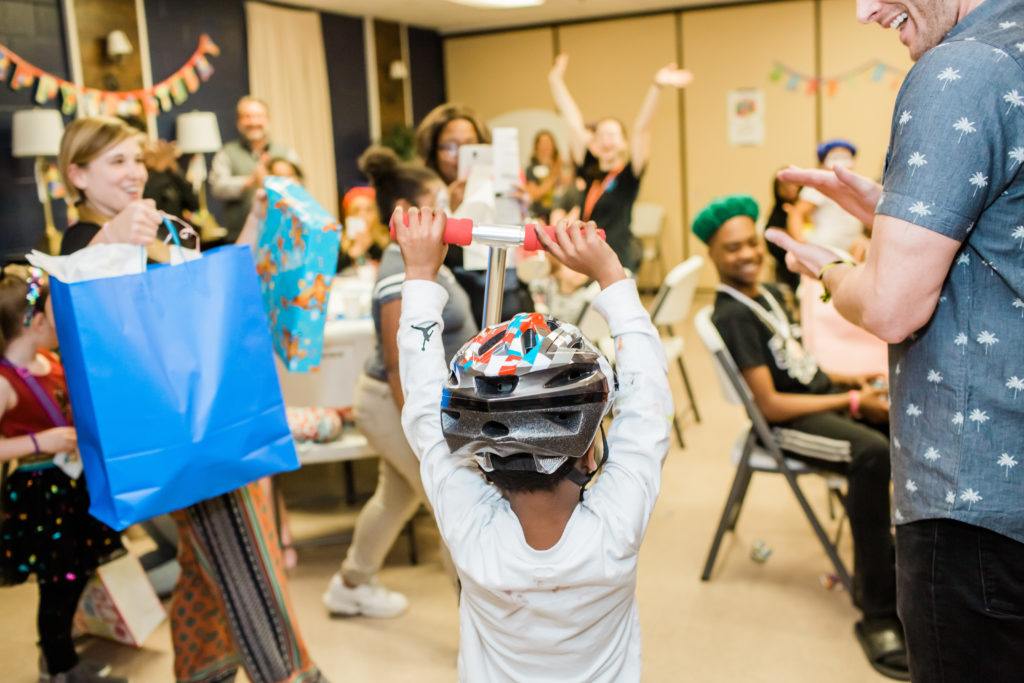
Charity Matters: What are your biggest challenges?
Paige Chenault: Some of the biggest challenges that we face has everything to do with the amount of interest we have for people to get involved with our mission and the kids that we are serving and celebrating. Knowing that so many people realize that these children are human beings going through things that are incredibly difficult and traumatic. These are families that are truly experiencing crisis and whether they are in sex trafficking rehabilitation programs or if they are chronically homeless or in a domestic violence agency trying to get help and to stay alive. These families are facing things that we don’t have to face.
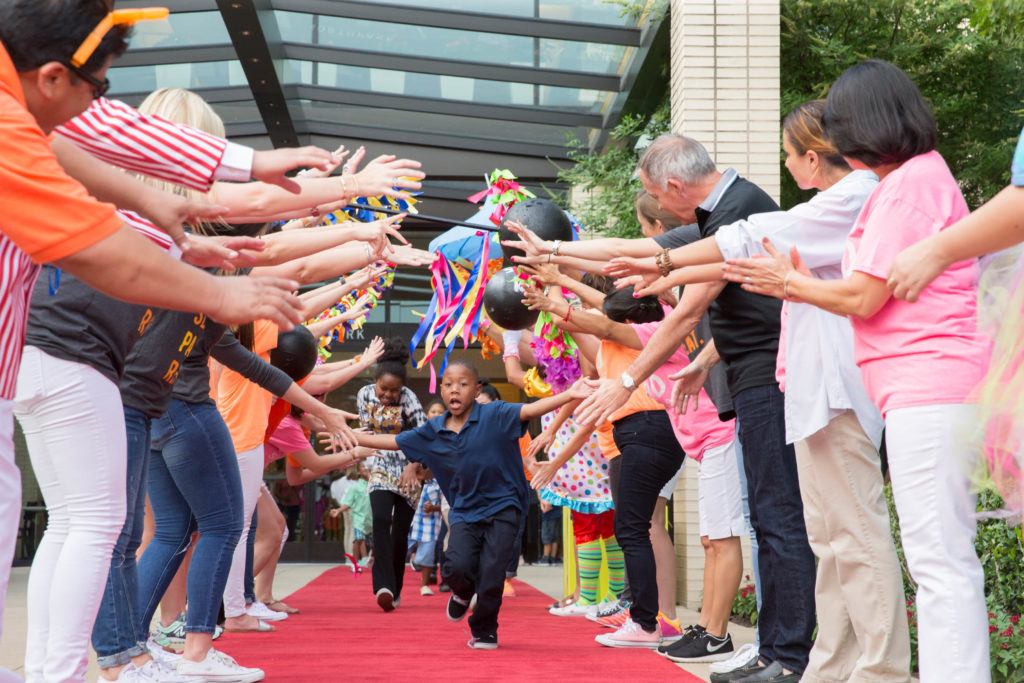
In knowing that there are measures in place that allow children and families to feel safe and because of that we have worked really hard on the way we celebrate with kids. Treating people with dignity is our ultimate goal and we have worked very hard with our birthday enthusiasts which is what we call our volunteers to do this. There is a tremendous opportunity for people to get involved with our organization. Yet, we still can’t seem to catch up with the excitement around our mission. We have scaled incredibly fast in these past eight years and to celebrate in fifteen cities is incredible for us. What we do know is that we do things well and unless we can do them in honoring our agencies and shelters and continue to keep up with the excitement and enthusiasm can be a challenge for us sometimes.
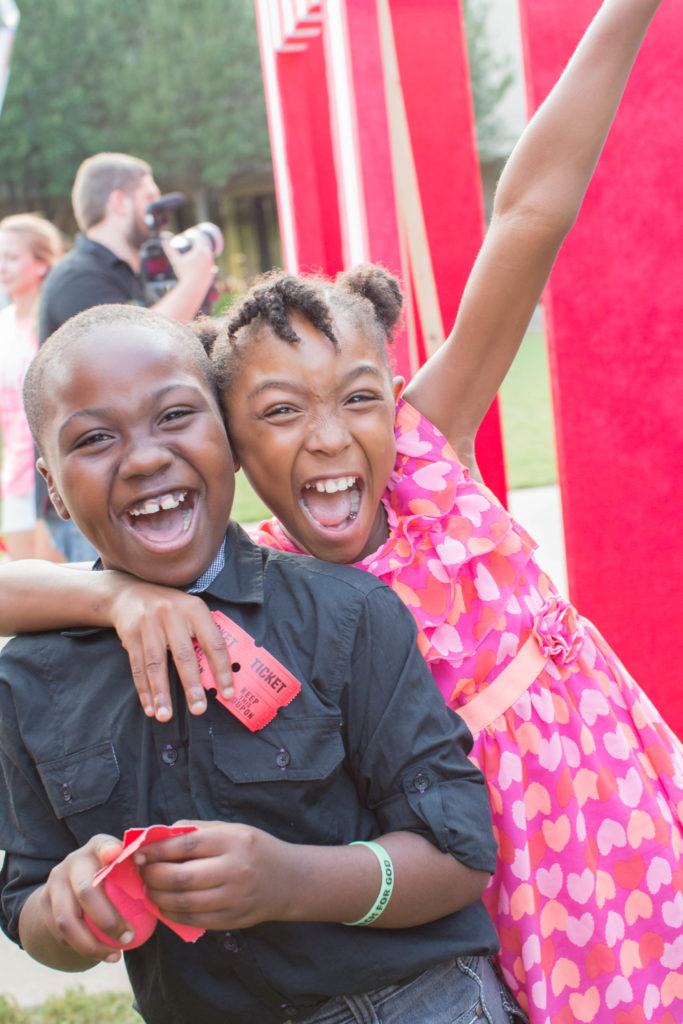
I think as founders I think it is really important that we stay true to our core values and that we let those be our guide post. I can see where it could be very easy if someone wanted us to do this and that moment that we begin to do things that don’t align with our values that is the moment when there are tension points. We have worked very hard to honor our core values, be good stewards of the dollars we have been given and that we are serving our kids and families well. These are hard lessons to learn as a young entrepreneur.
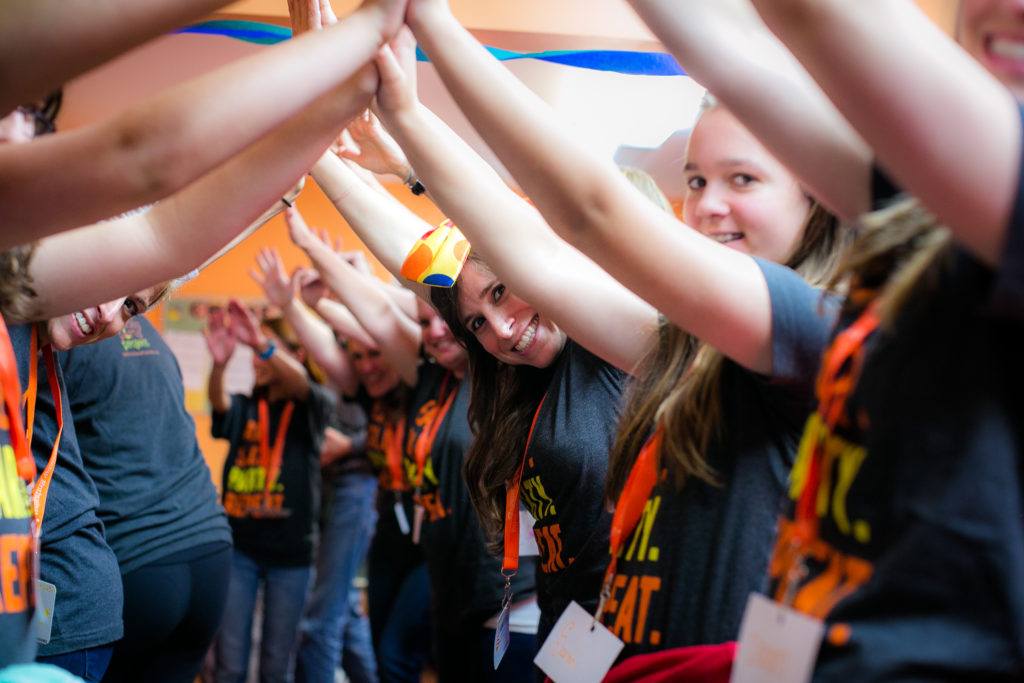
Charity Matters: What fuels you to keep doing this work?
Paige Chenault: Our core team of volunteers, our party coordinators, these are volunteers who host parties on our behalf all around the country. For me, those are the people that fuel me the most because when I am so tired and can’t take one more call or email or whatever it is…I have the opportunity to look online and see what they are tackling for us on our behalf and it is so powerful to see the way that they are giving of their time and resources to serve our mission. We are extraordinary in that way because we have 150 party coordinators around the country who show up on our behalf. Some of these people have been doing this work for almost eight years with us.
Our retention rate is really high and we have worked really hard to care for those people because these are the folks on our team who are doing the work. I have a team in Dallas and we call ourselves the support team because we need to support our volunteers/party coordinators.
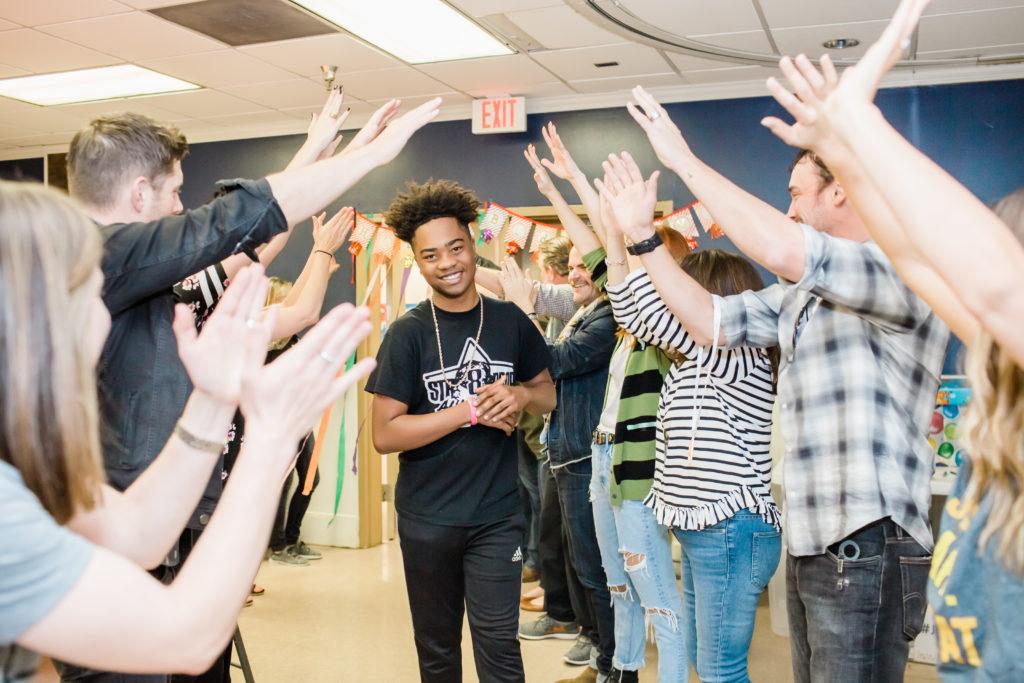
Charity Matters: When do you know that you have made a difference?
Paige Chenault:I get really energized when my team comes up with great ideas solve a problem, when we get it right and everything goes really well or when I get emails saying that this was the best experience I have ever had volunteering. Those are the moments for me that I am most proud of the work that we do.
We do have stories of impact and the ways in which our kids are impacted. I would say those moments are extraordinary and incredibly special. We have immediate impact with our work but the ripple effect takes ages to come back. Recently, I had the opportunity to truly run into someone who she said to me, “Do you know you celebrated my 14th birthday with me when I was living at a shelter?” I had never met her before and I was at a speaking engagement and she came up to me and she was now the youngest intern ever at this company and for me it was incredibly special and this was my moment. It was everything for me.
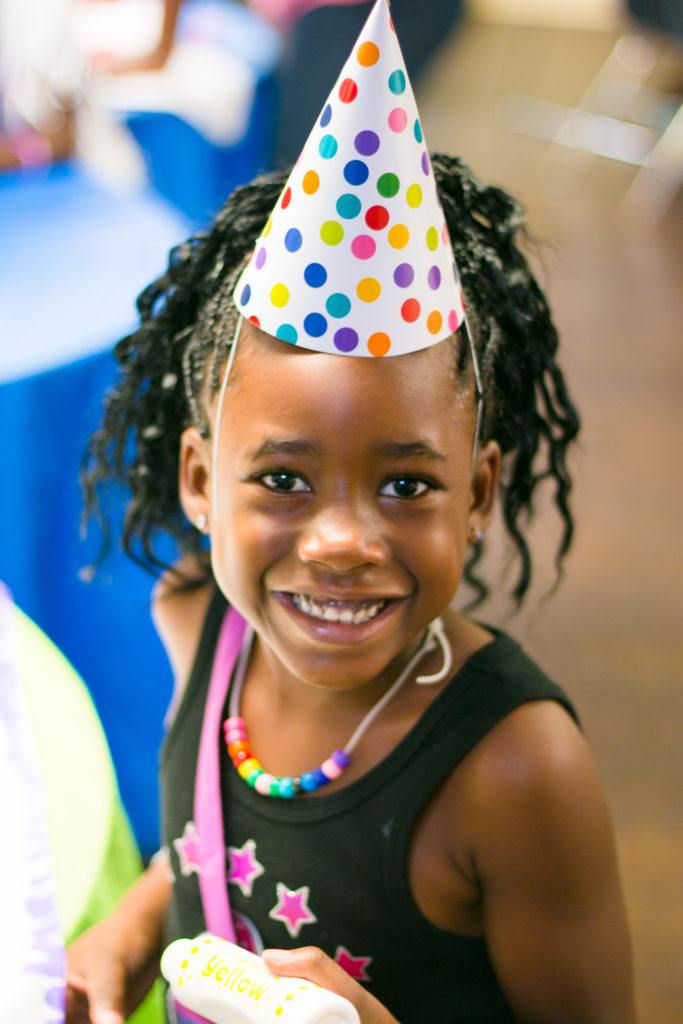
For me that was a four year gap before we saw her again and she still spoke so fondly of her party in such detail and to me that speaks volumes to level of work that we are doing making lasting moments that help me over come those hard days of the grass roots building of this organization. We are leaving lasting effects on the children that we are serving and that is what matters. These moments are the greatest gift that have been given.
Charity Matters: Tell us a little about some of the successes you have had?
Paige Chenault: We have celebrated 10,000 children’s birthdays in eight years and we have done that alongside 50,000 children. So we have celebrated 10,000 birthdays with 50,000 children there with us celebrating. We have done that with the help of 38,000 volunteers which we call our birthday enthusiasts, which is extraordinary to me. That is a lot of kids reached, a lot of birthday cakes.
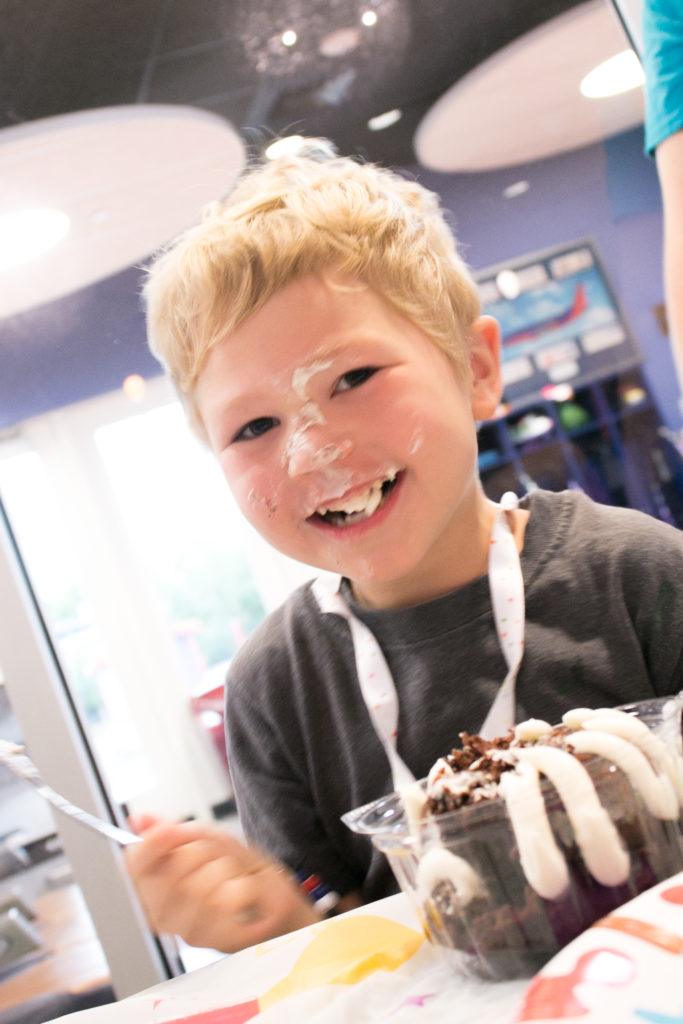
We have done that with our agency partners or transitional living facilities or homeless shelters. The Ronald McDonald House is a prime example of a transitional living facility. Covenant House is a teen living facility and there we celebrate children 17-23 and often these kids revert back to their childhood because they never celebrated a birthday before. We partner with domestic violence agencies, sex trafficking rehabilitation programs and then we have homeless shelters and emergency shelters which are typically 24 hour facilities .
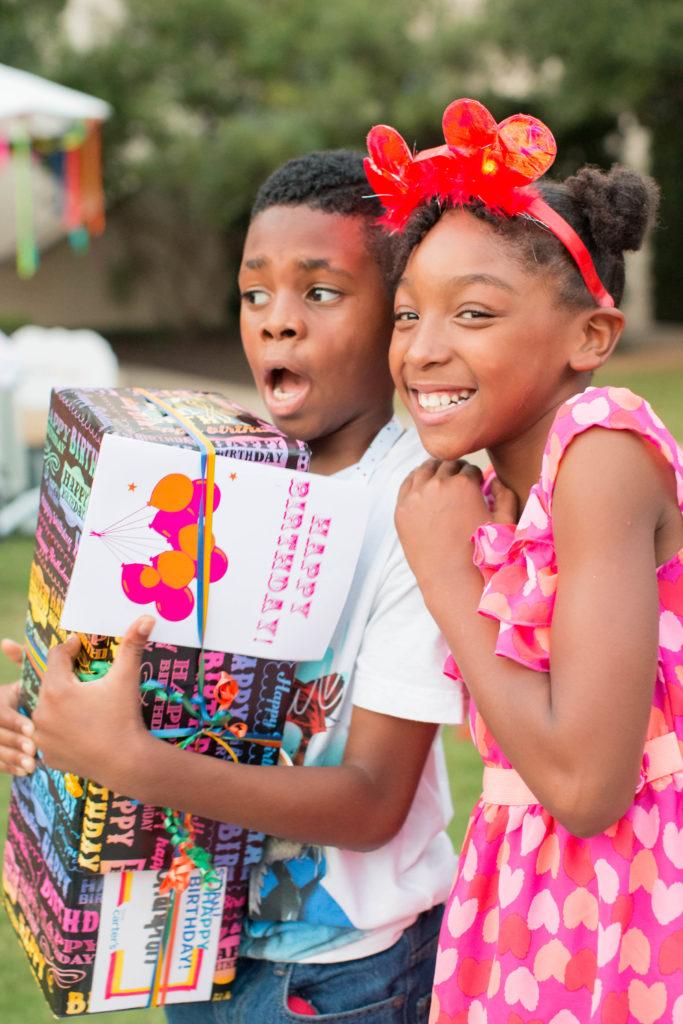
Charity Matters: If you could dream any dream for your organization, what would that be?
Paige Chenault: I think there is an opportunity to go big and give people an opportunity to have experiences that they would never otherwise have the opportunity to be a part of. Yes, I want every child in America to feel celebrated and yes I would love to take The Birthday Party Project internationally but in addition to that there is always room for us to do more for others. I want to partner with people who dream really big. Allowing kids to experience Disneyland, or a movie lot or having a larger than life birthday party in the middle of a field. I just want them to see how creativity can bring people alive.
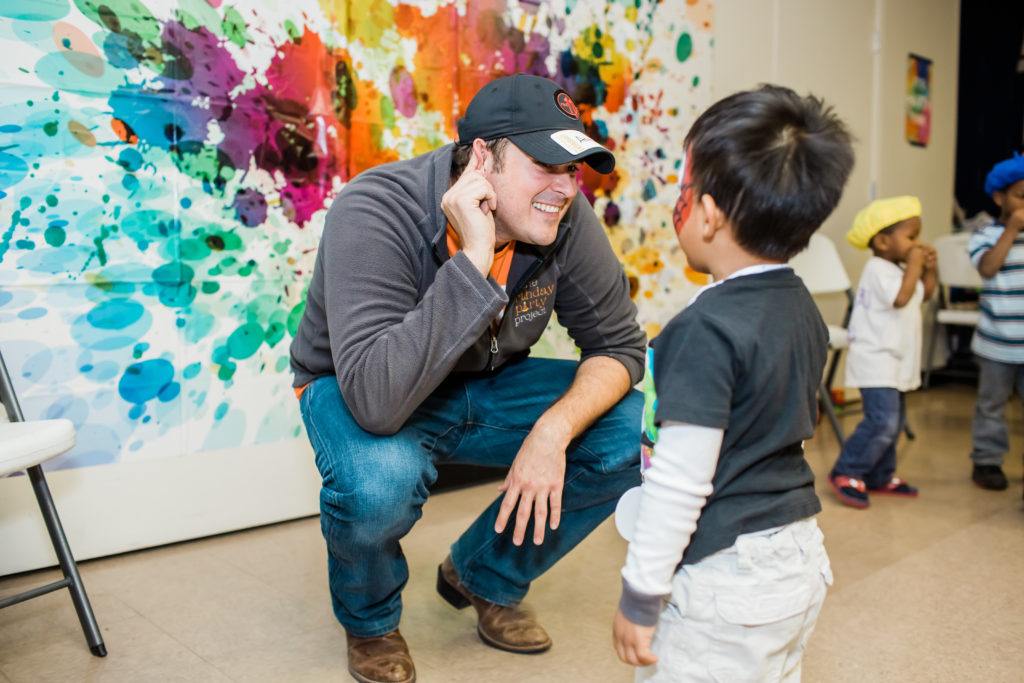
Charity Matters: How has this journey changed you?
Paige Chenault: I think I am more sure of who I am as a wife and a mother and a leader. I have always been empathetic, compassionate and a giver and I have always expended most of myself for others. I now realize that I don’t have to do it all or be the hero of the story. So for me, the narrative that has switched since this endeavor. It doesn’t have to be about me but it really can be about more and everyone together and thank goodness for that because there are plenty of others who can share in the joy of this. It is like taking off the cape and the in charge mentality and saying people there is plenty to go around.
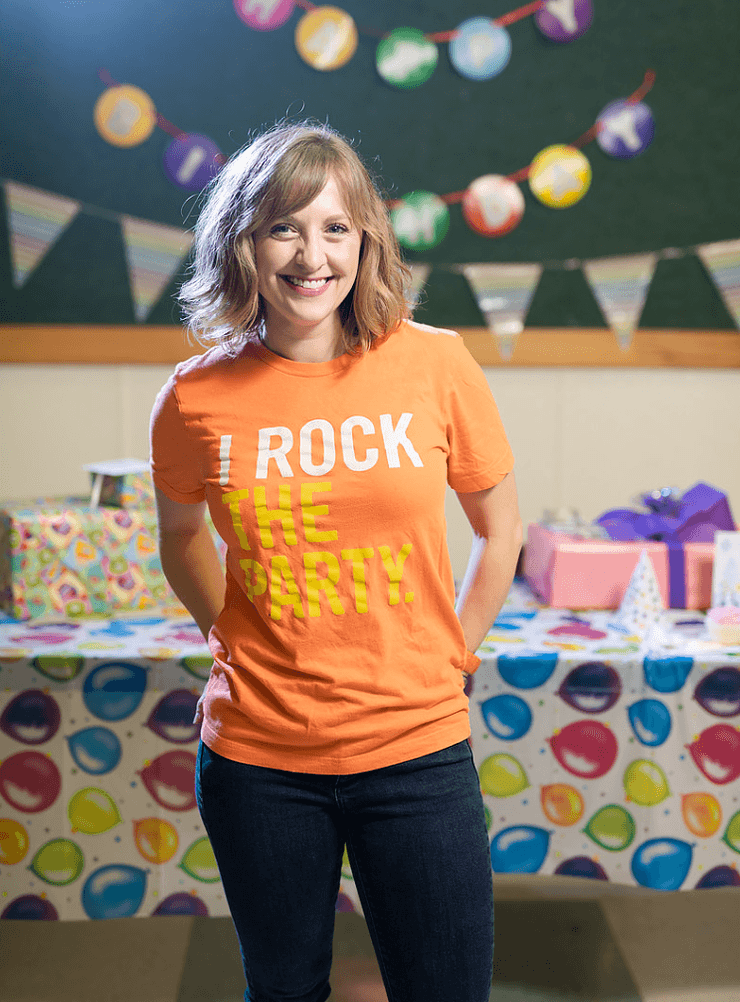
Charity Matters: What life lessons have you learned from this experience?
Paige Chenault:I think for me the biggest lesson for me is that we gain people’s trust when we operate from a place of authenticity and vulnerability. If I were to continue along this journey with all the answers or needed to be the person with the first and last word, we would have crumbled by now. I think for me it was incredibly important as we brought people into the fold that I was incredibly honest from the beginning that there was a lot that I didn’t know but that I knew we needed to it.
By sharing just who I was and what my strengths and weaknesses were and by being able to share that with the people around us we created a movement. People realized that I didn’t have all the answers but maybe they had a piece of the puzzle and by allowing them to do what they do best and to get out of the way, we were able to build this incredible community of these magic makers that I trust and that trust us.
That has probably been the biggest take away from this experience. When we get out of our own way and rely on the expertise of others that is where community is built and that trust exists in those moments and when you are able to do more. I believe strongly in the power of people but allowing others to find out what they are capable of is even more rewarding.
Charity Matters
Copyright © 2019 Charity Matters. This article may not be reproduced without explicit written permission; if you are not reading this in your newsreader, the site you are viewing is illegally infringing our copyright. We would be grateful if you contact us.

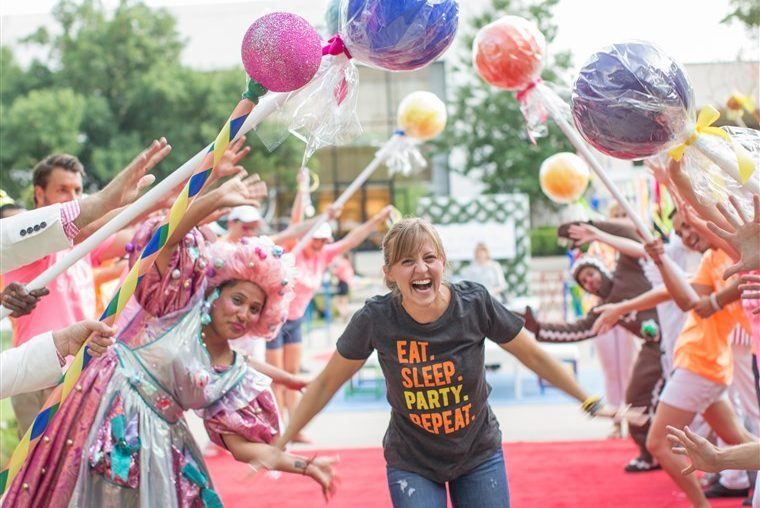
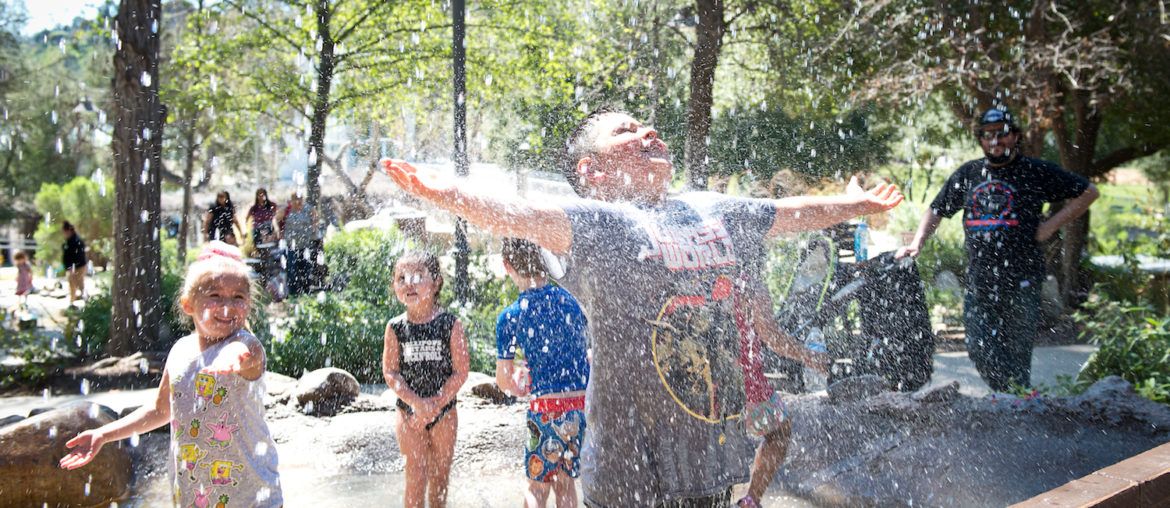
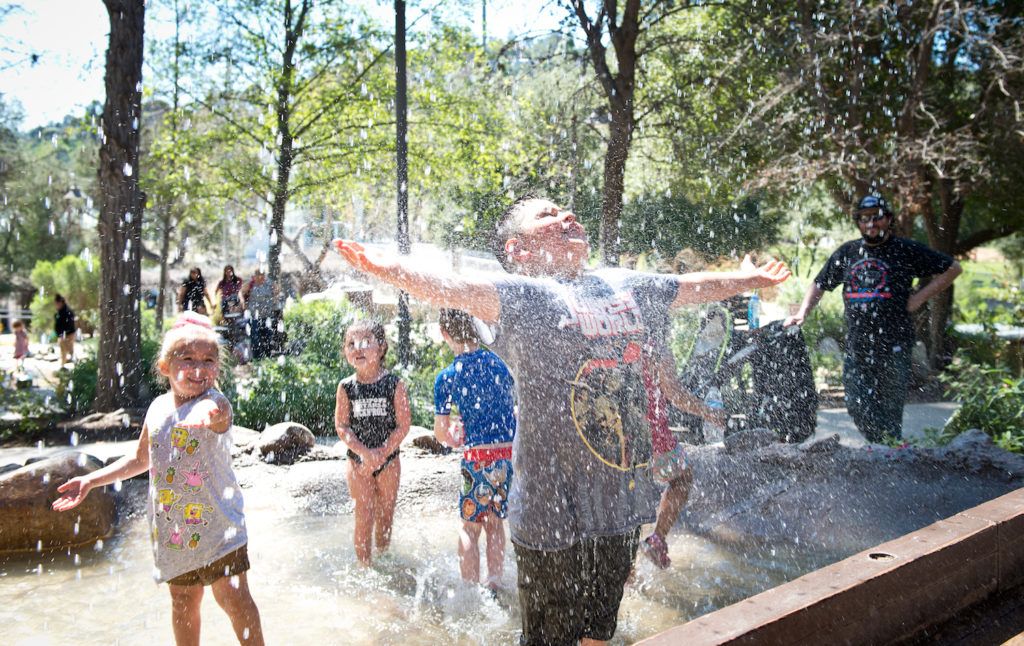
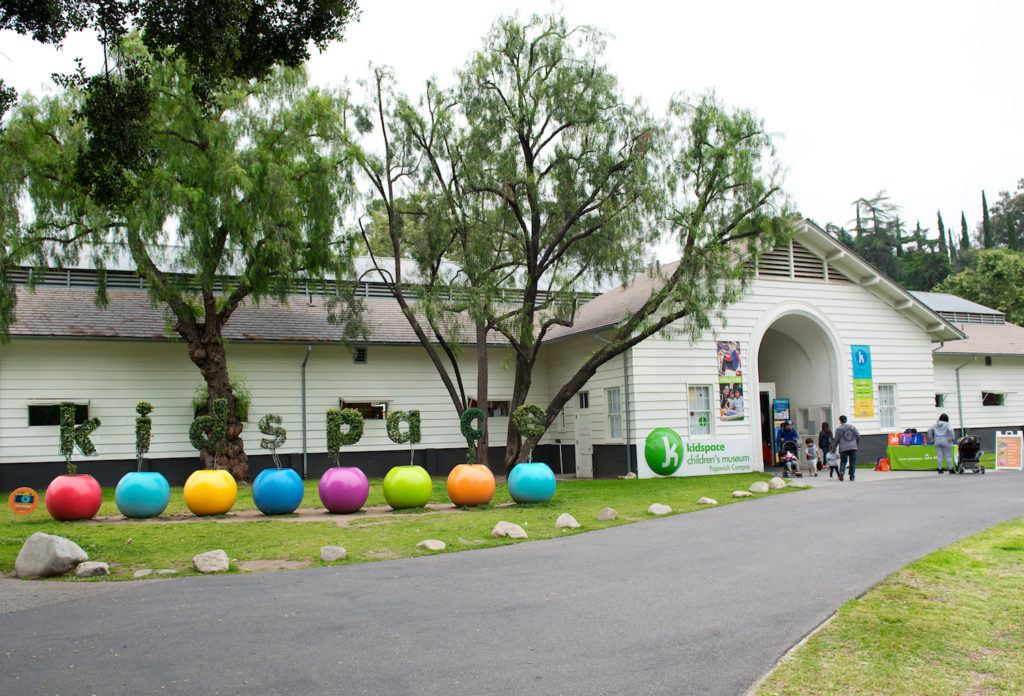
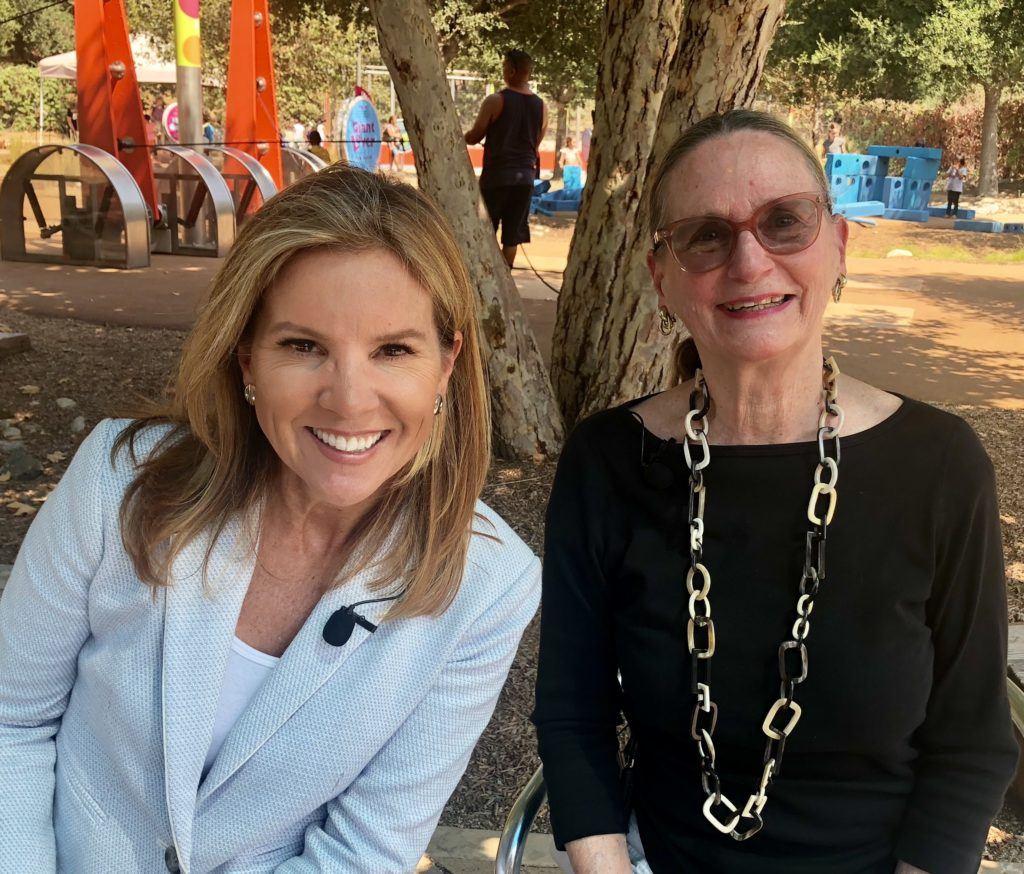
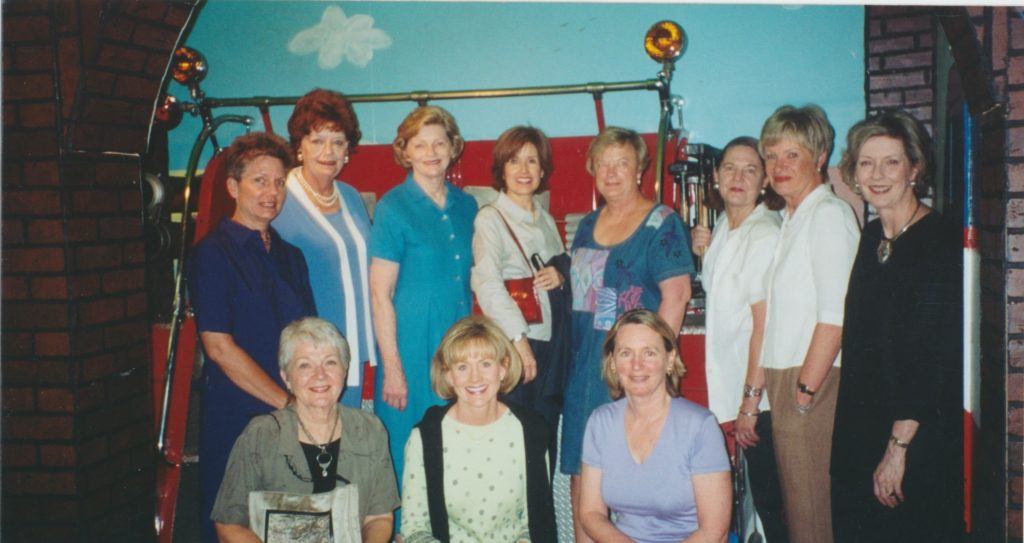
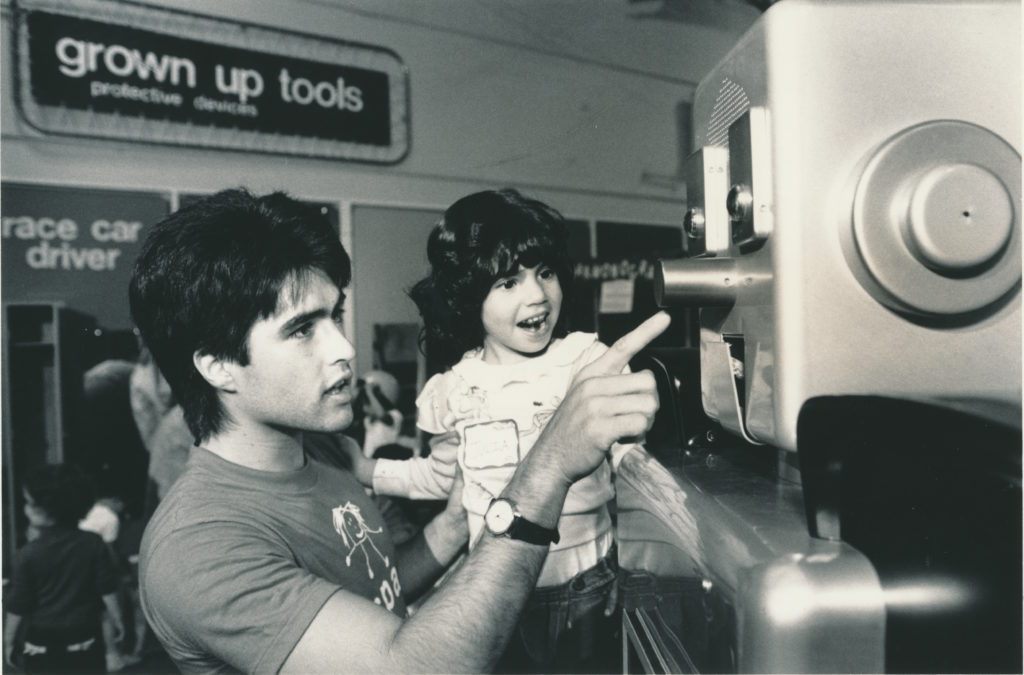
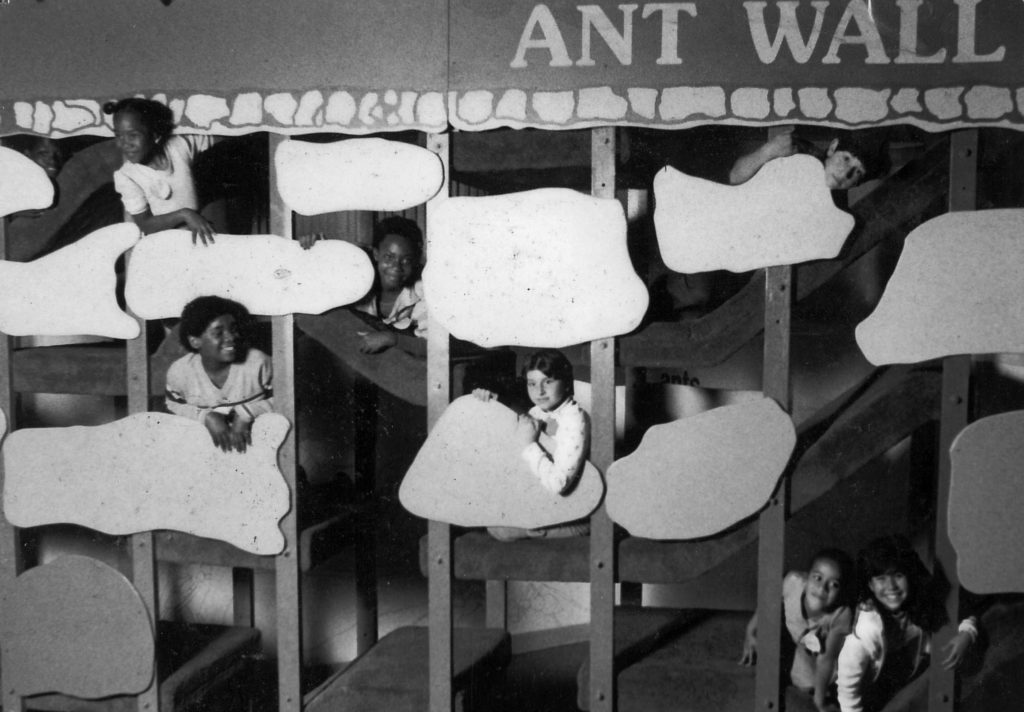
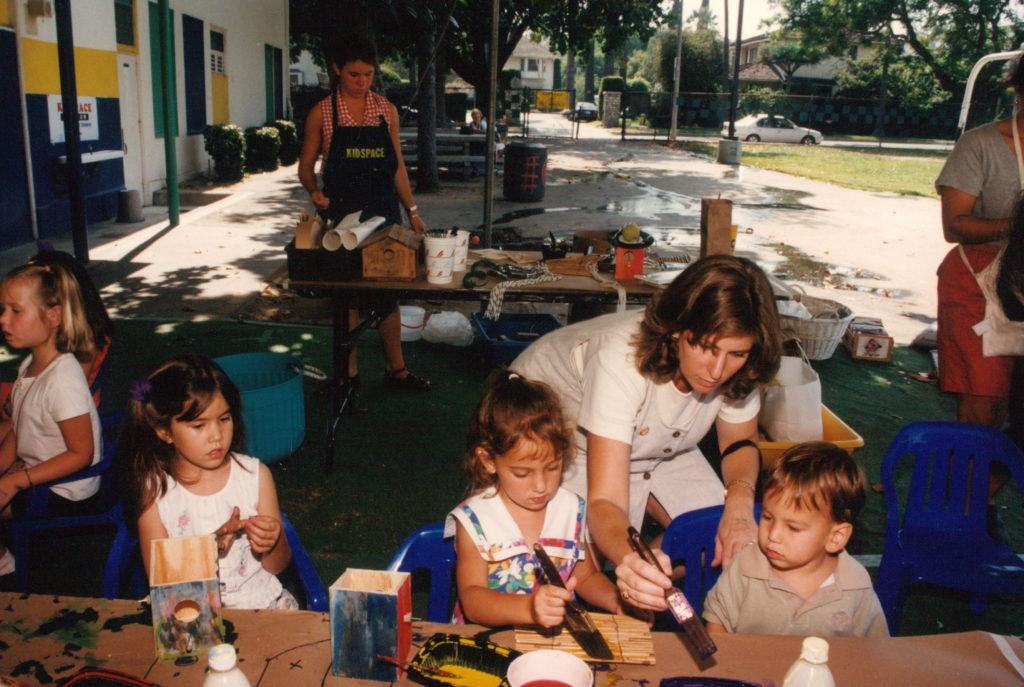
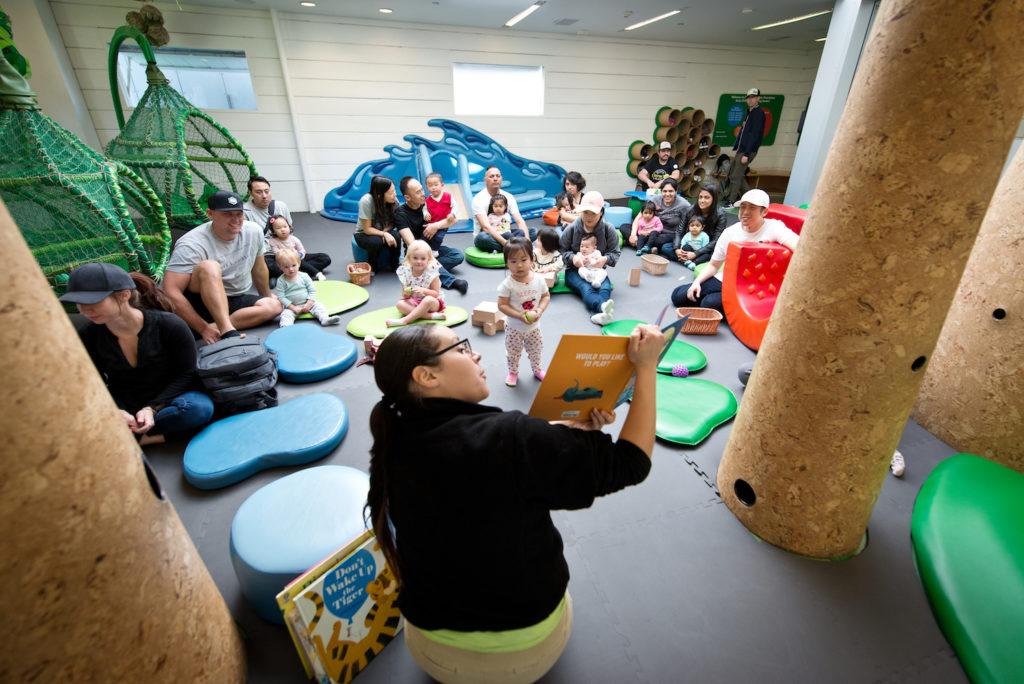
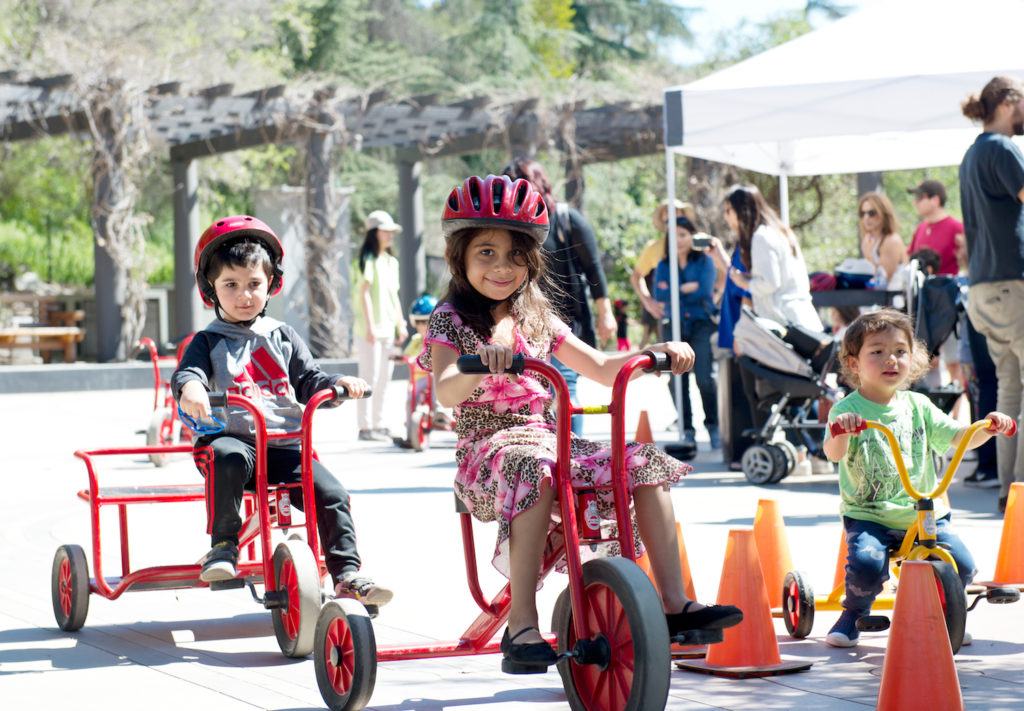
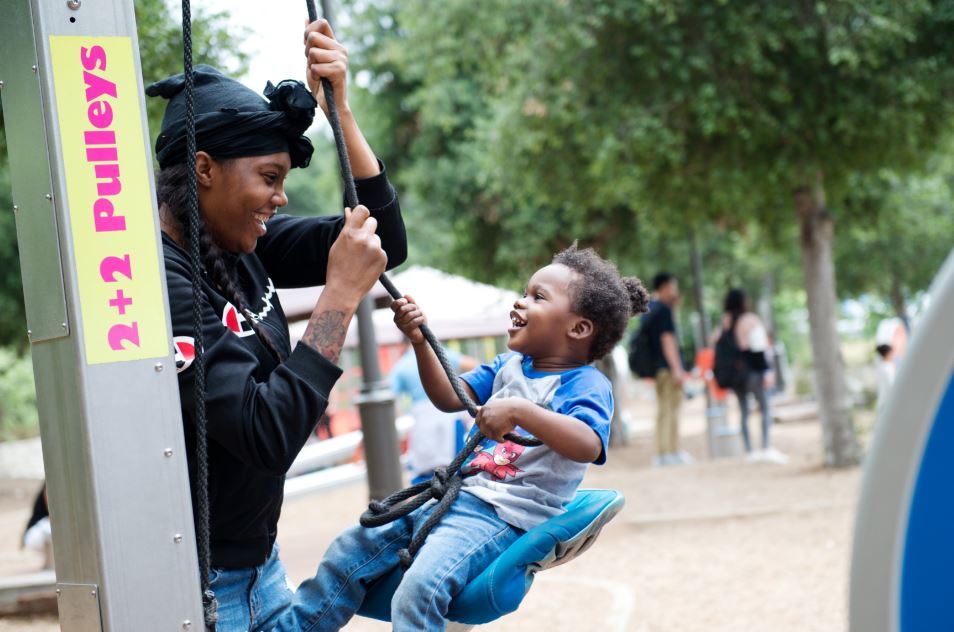
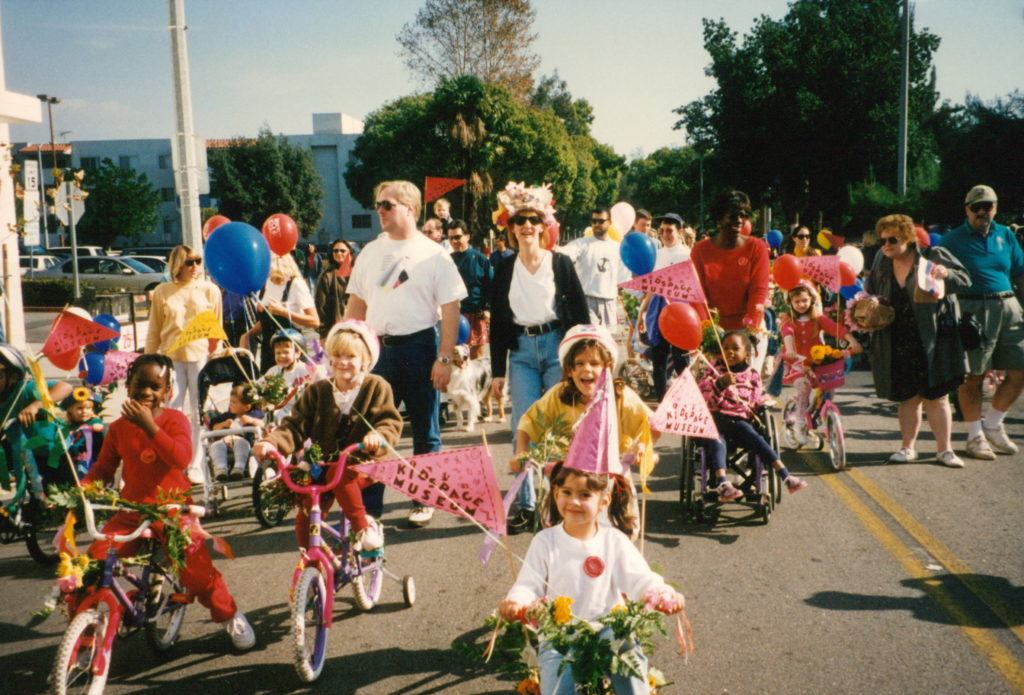
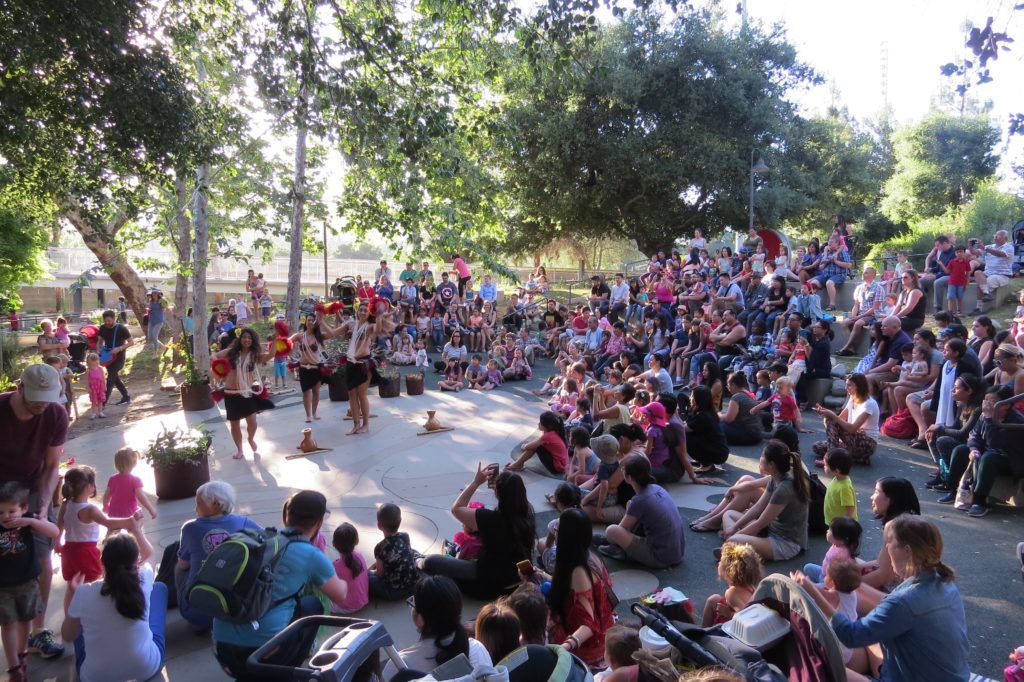
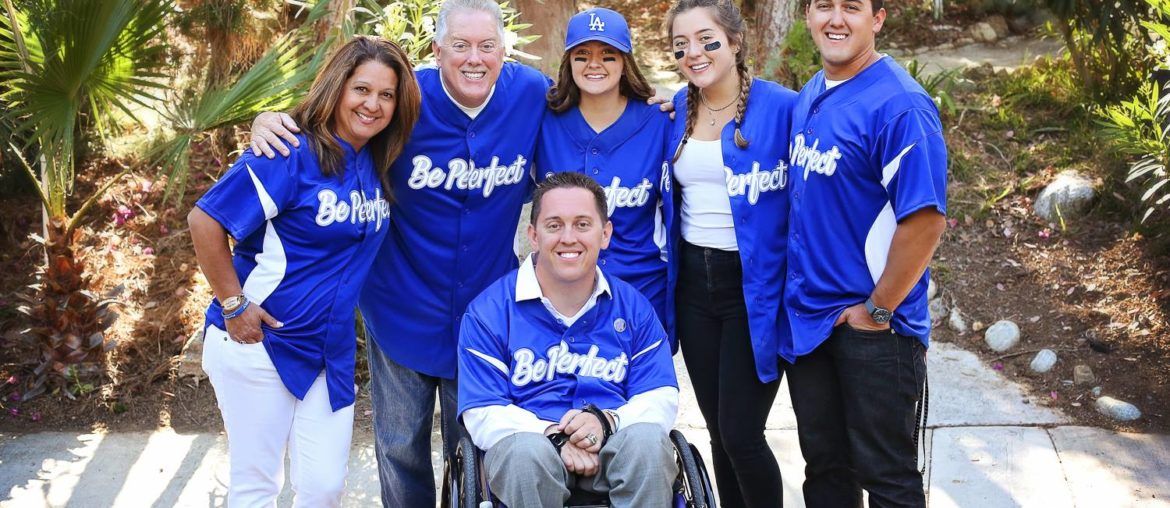
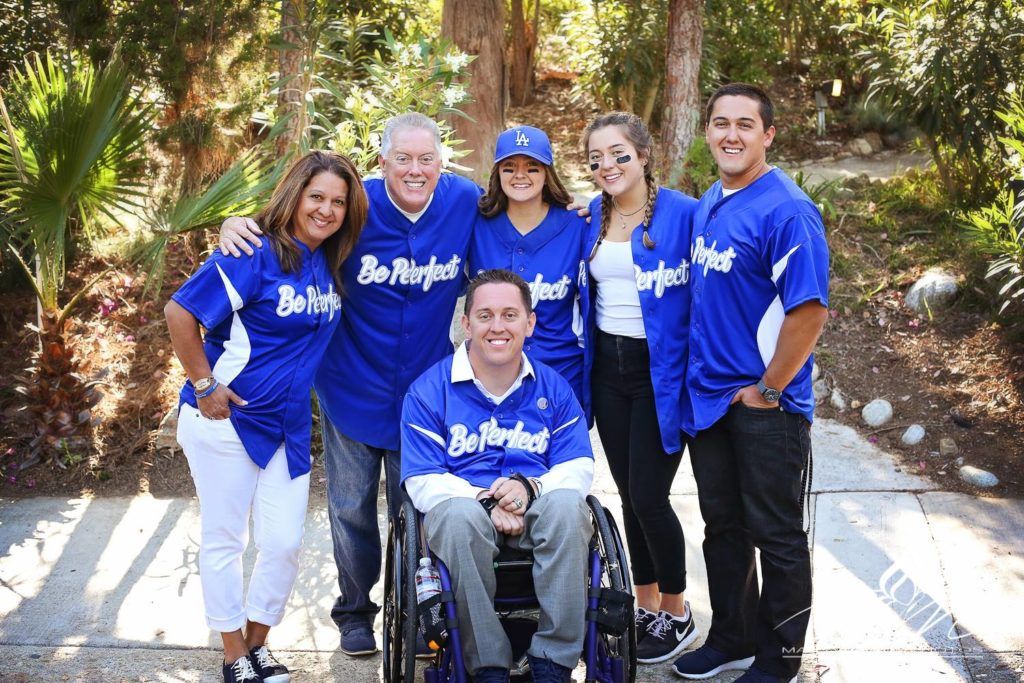

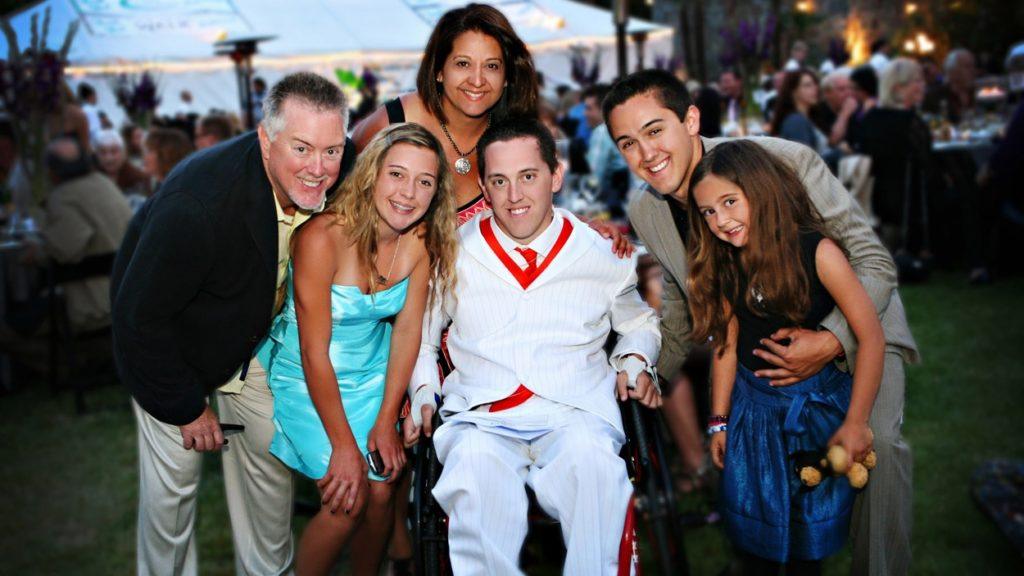
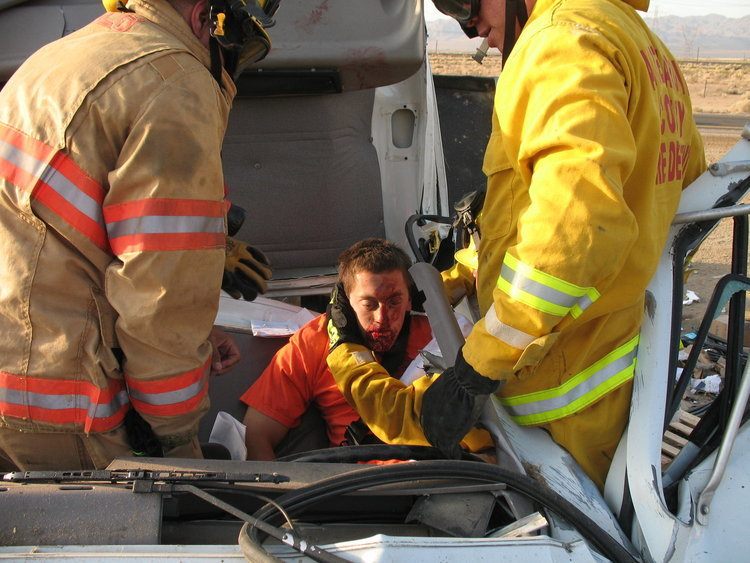
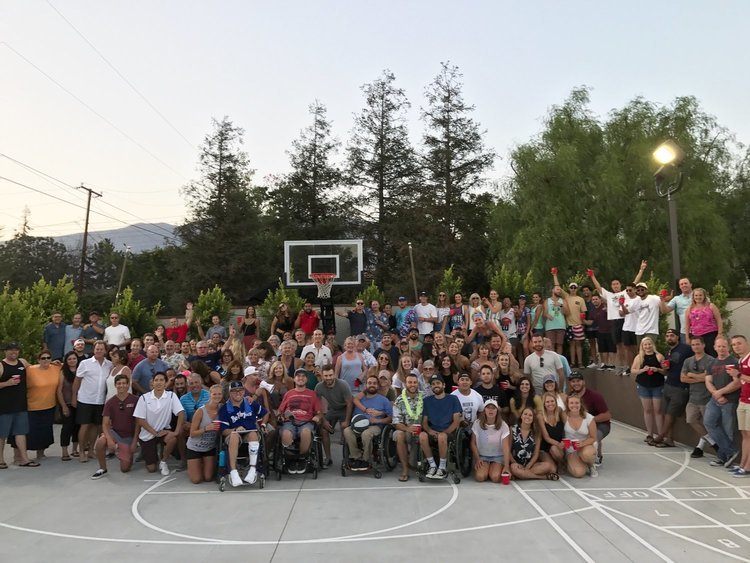
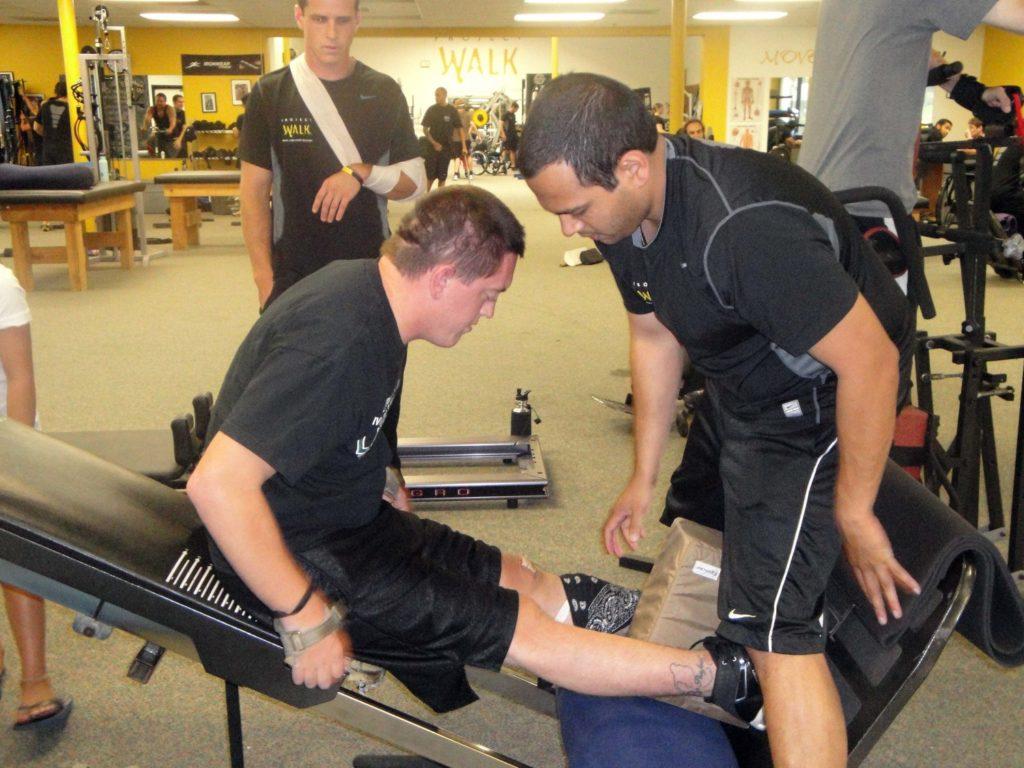
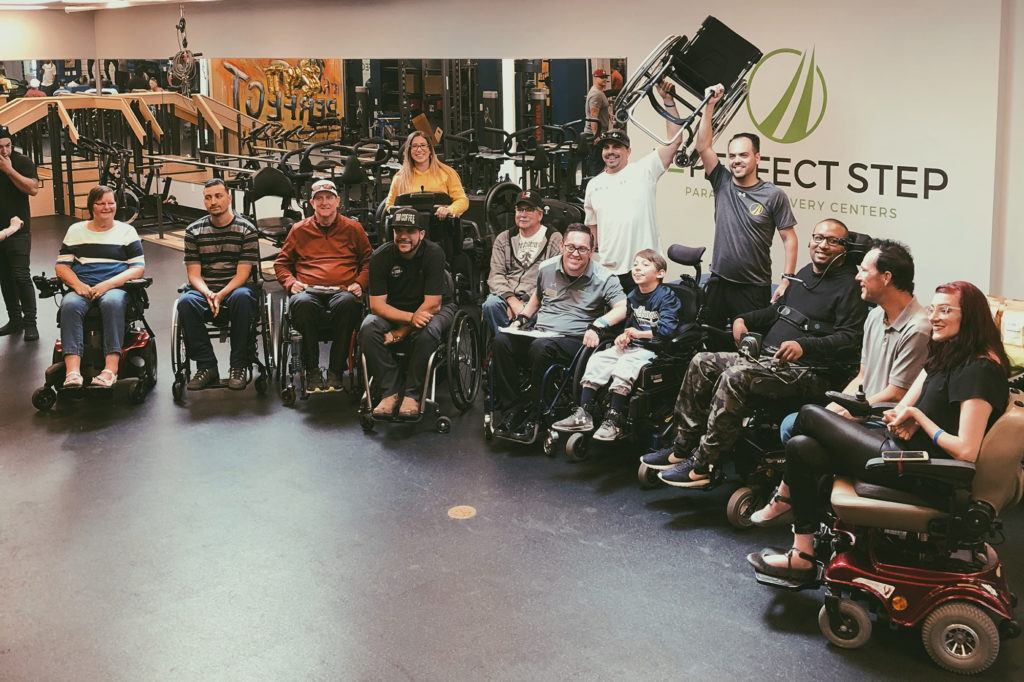
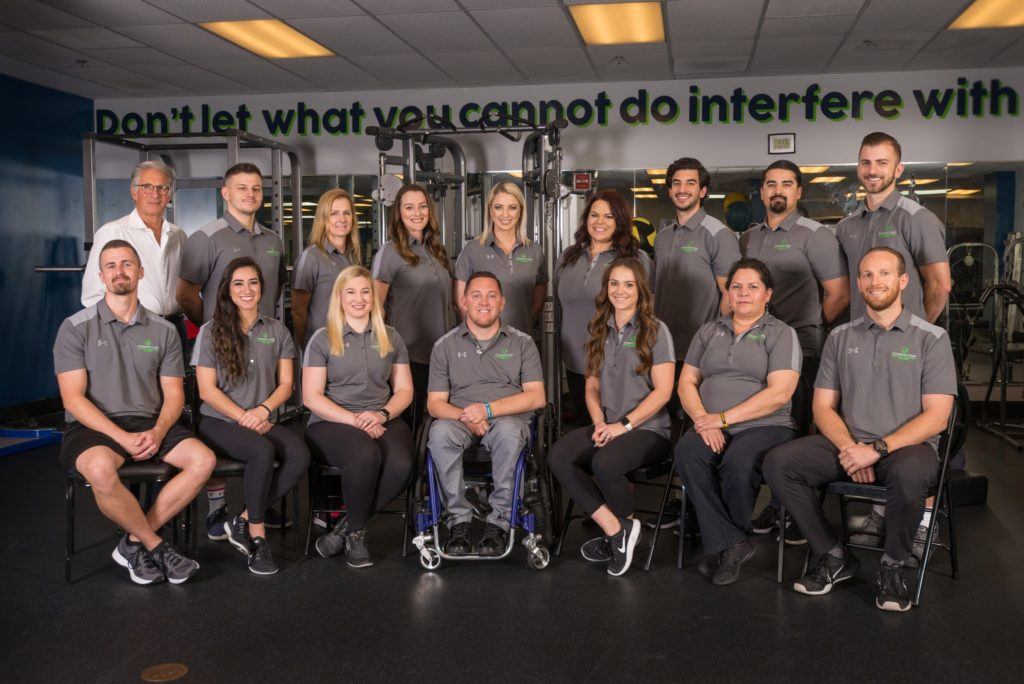
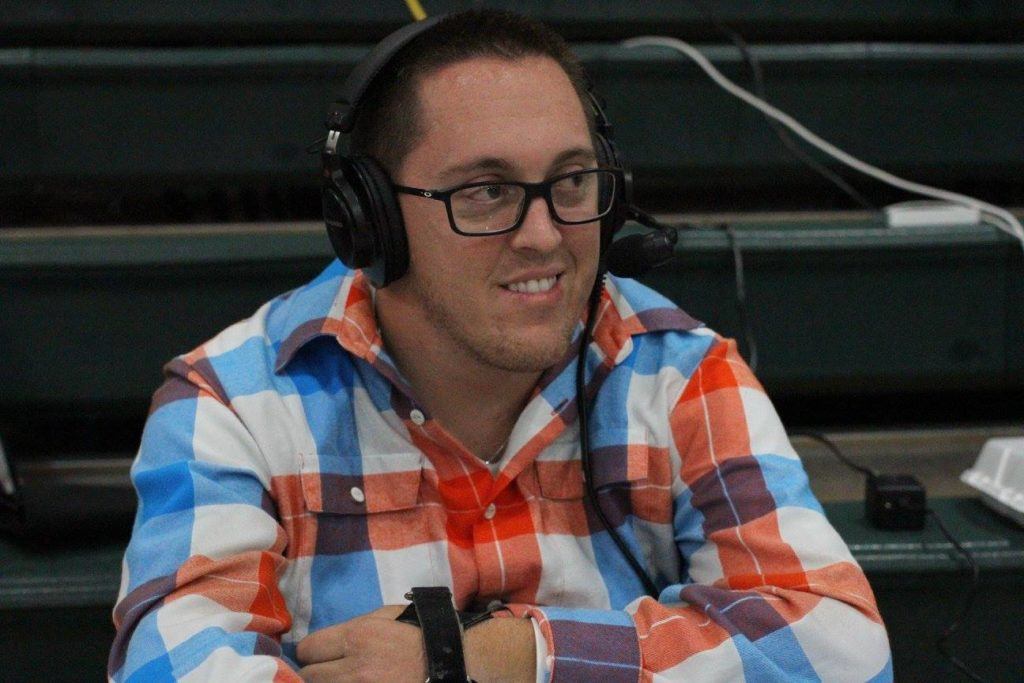
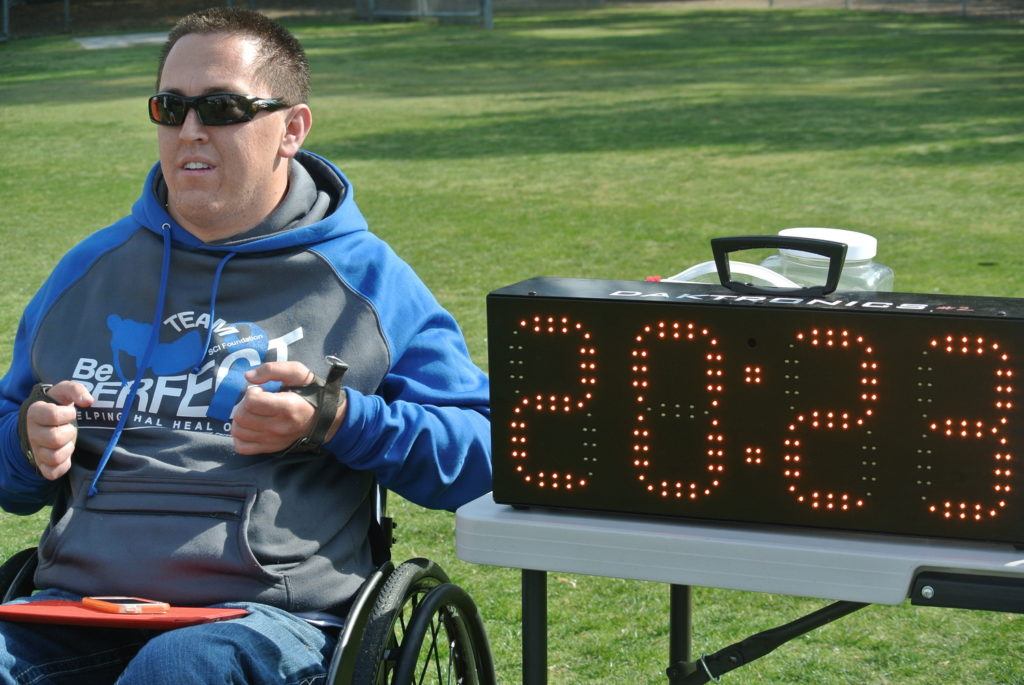
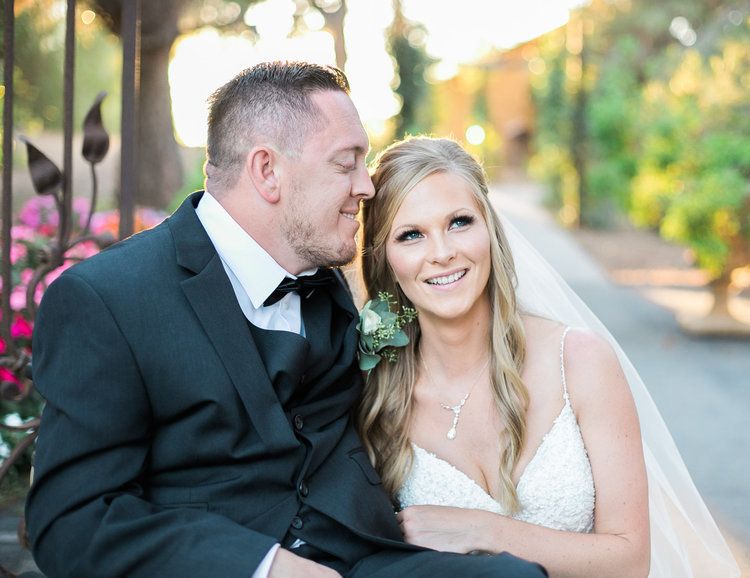
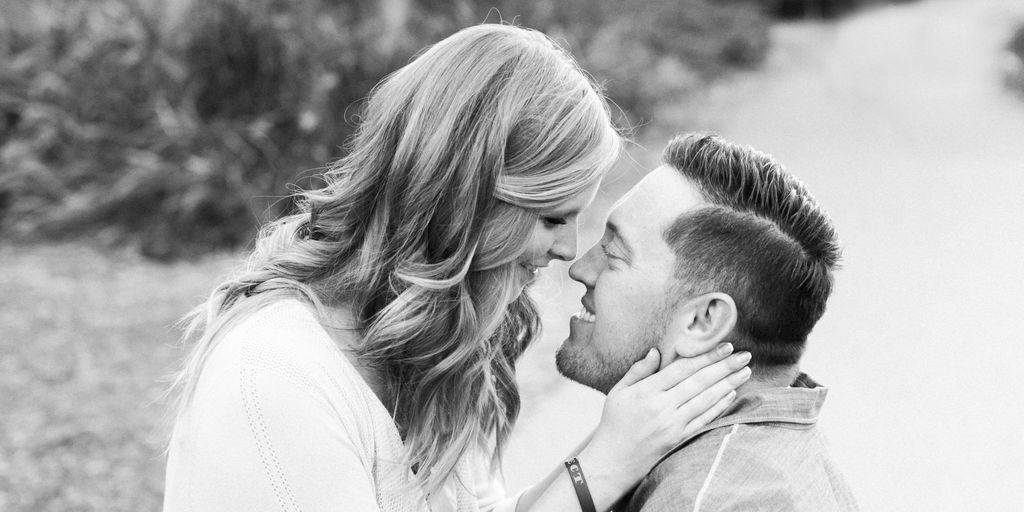
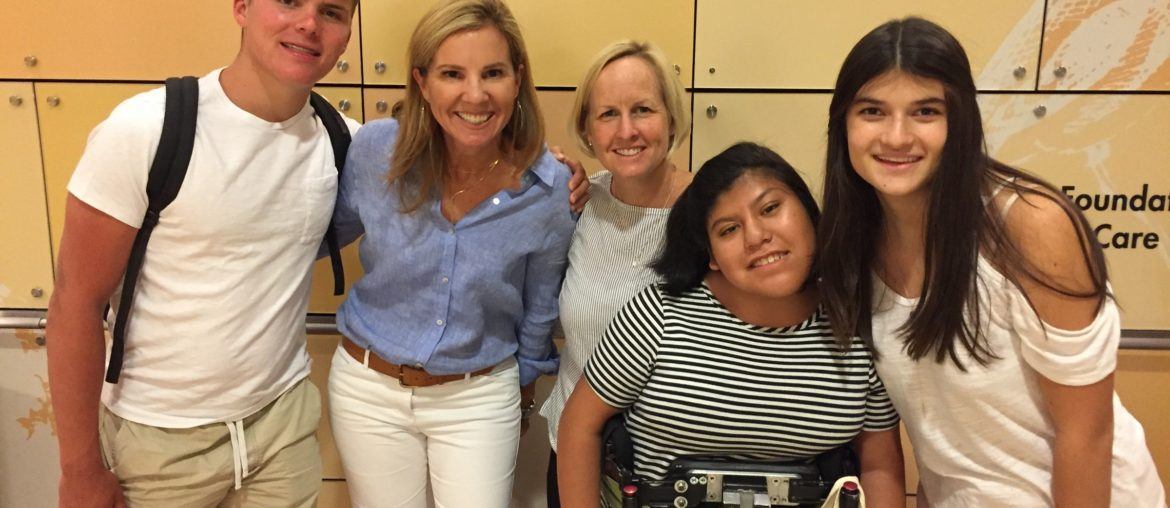
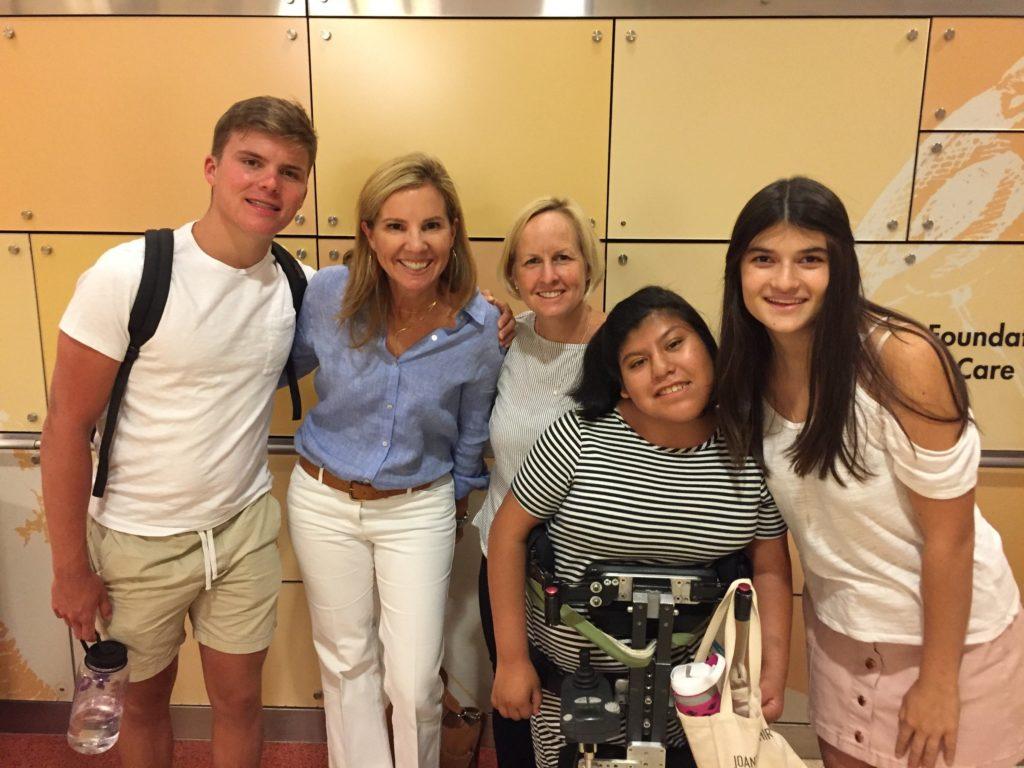
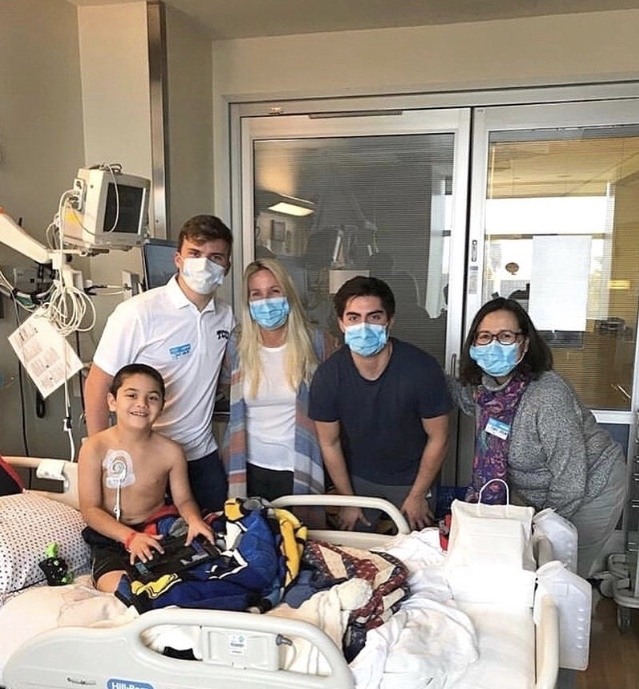
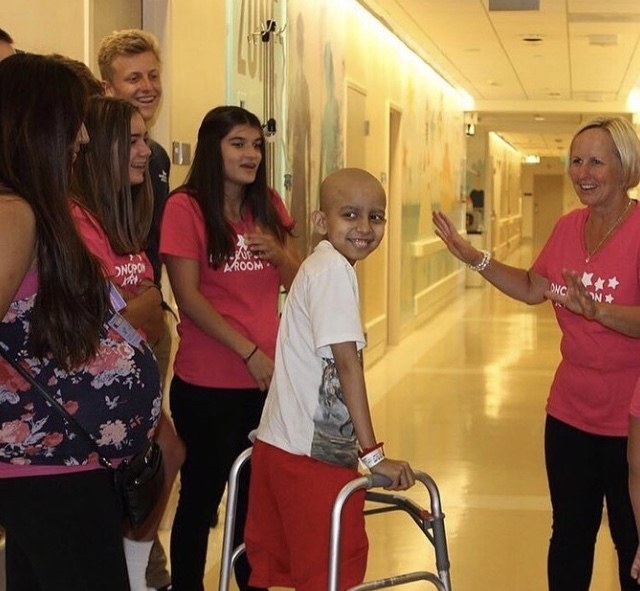
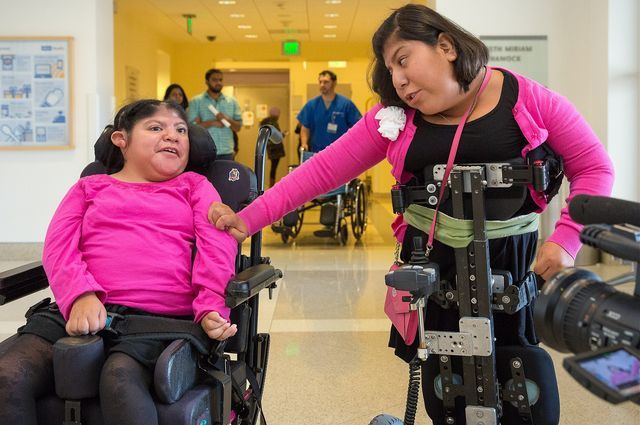
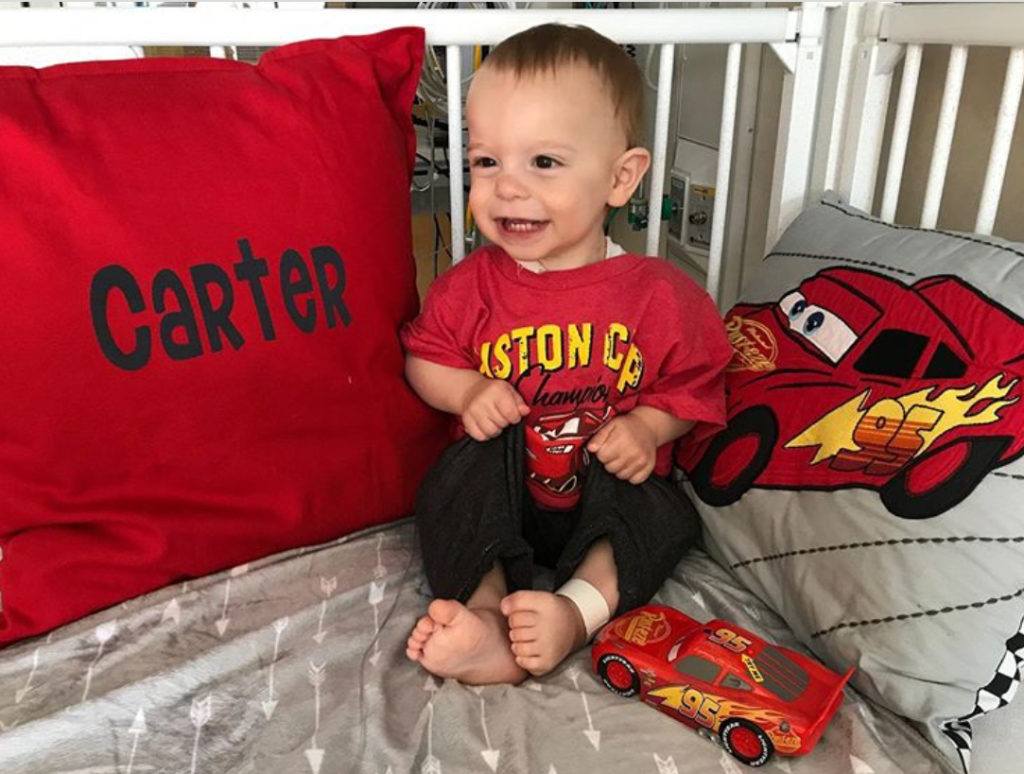
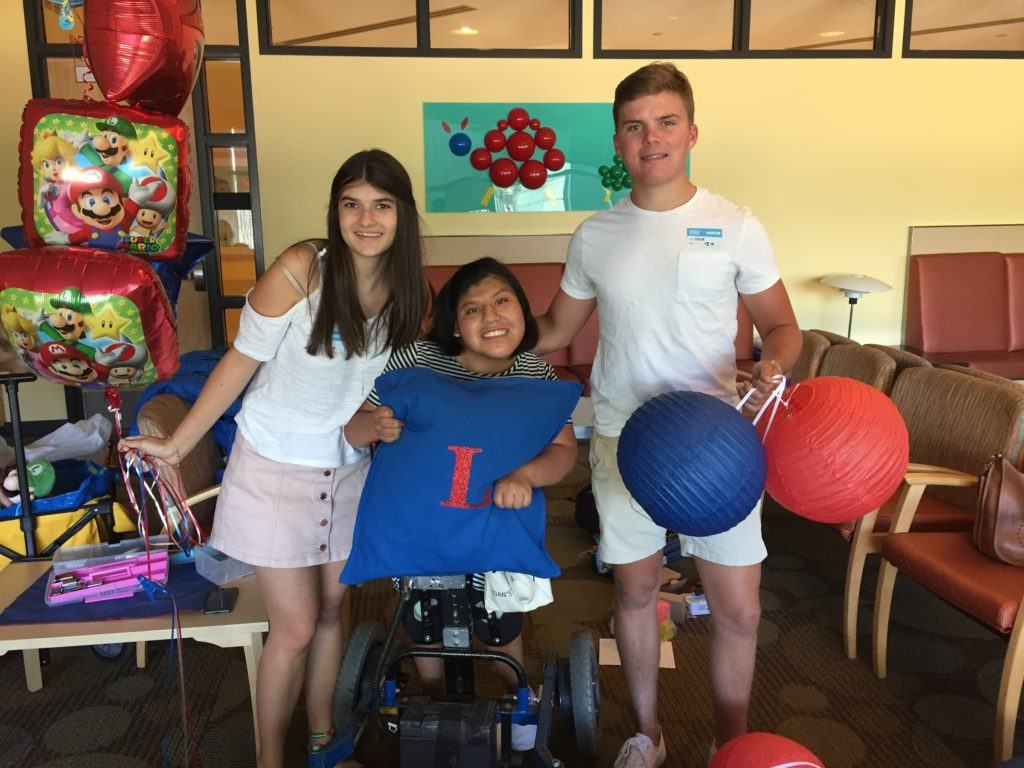
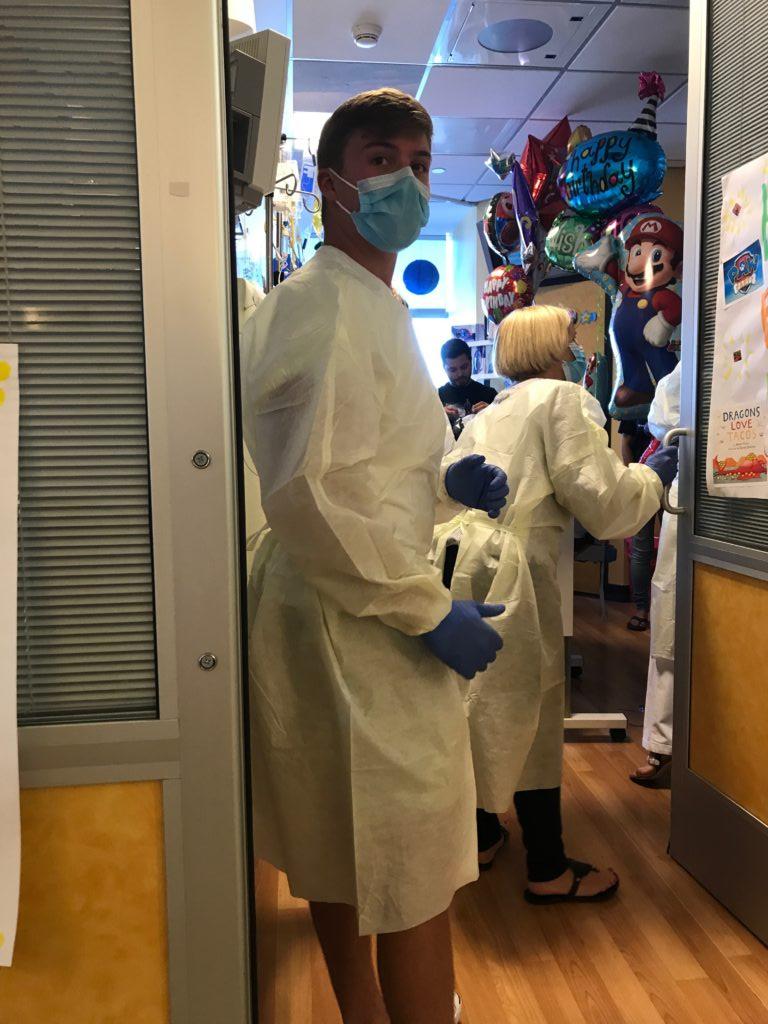
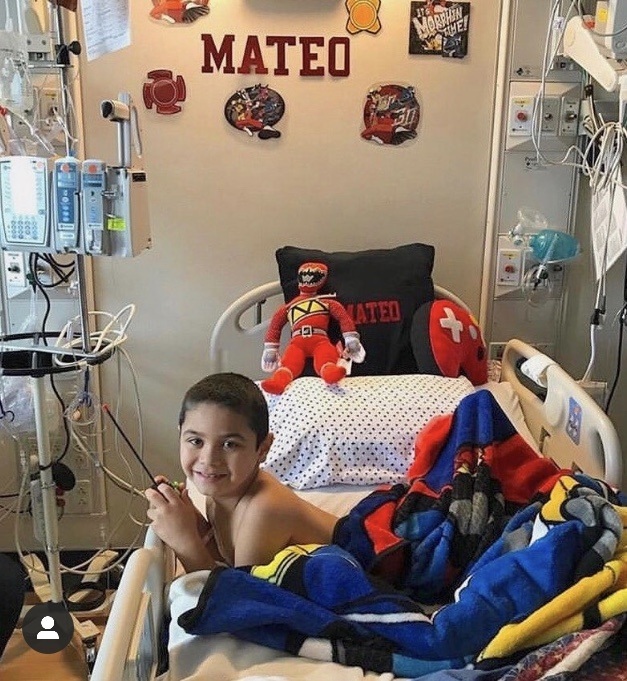
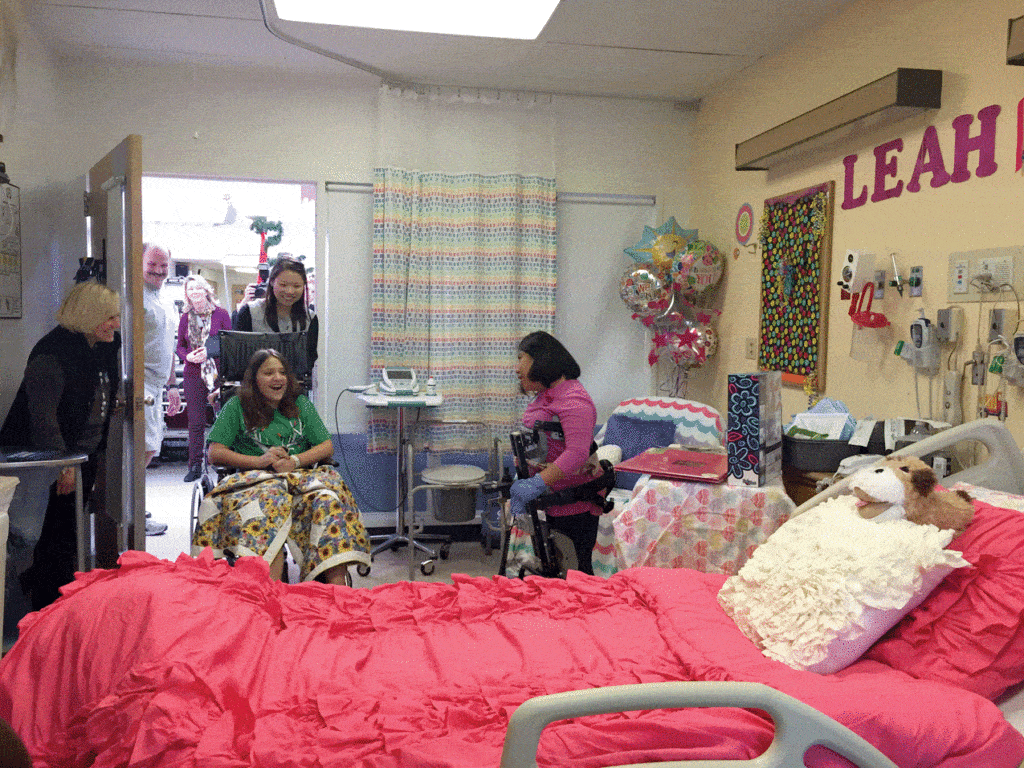
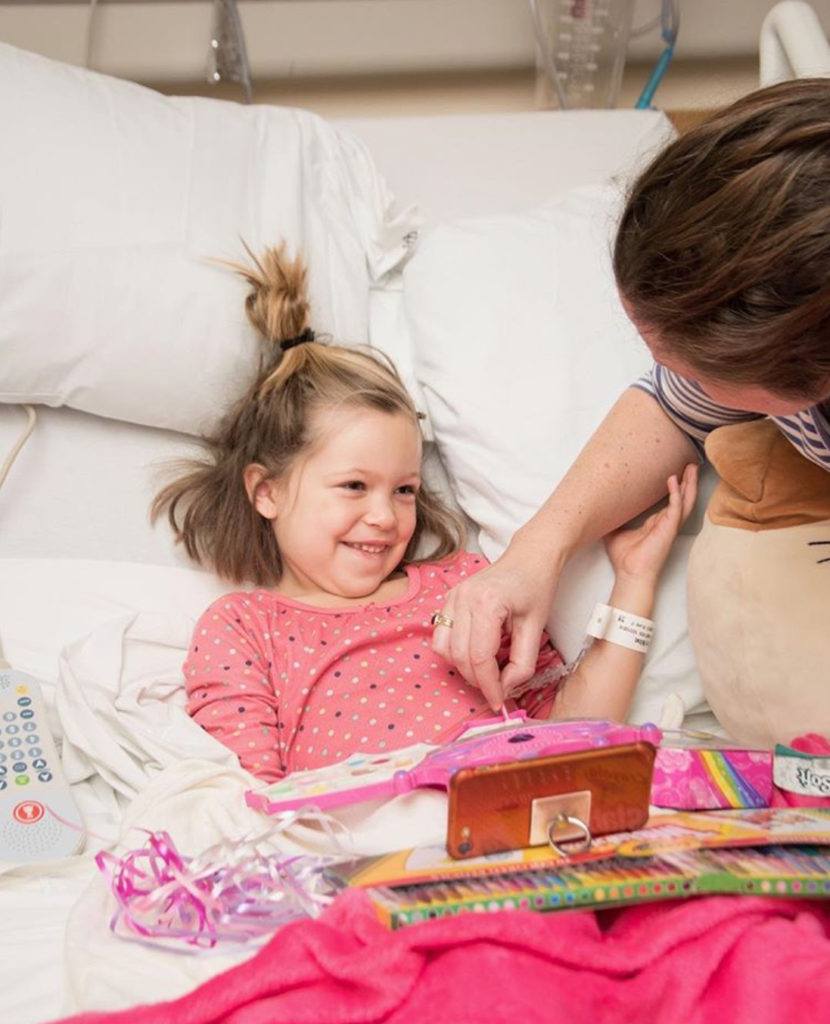
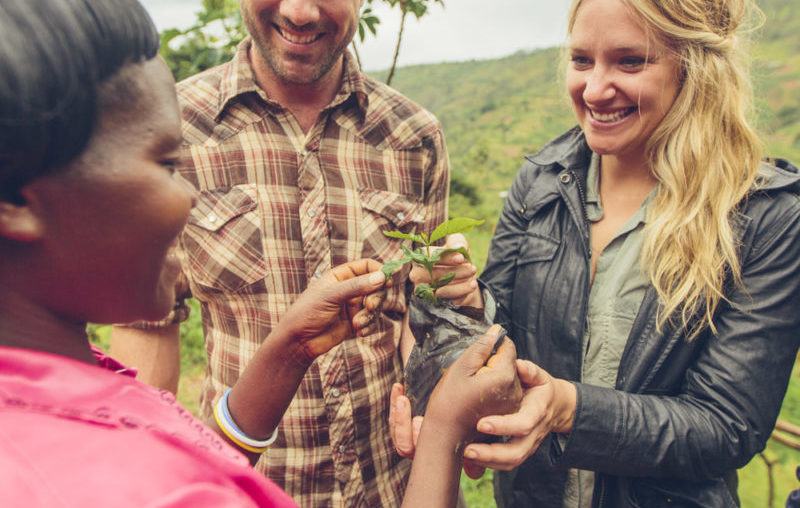
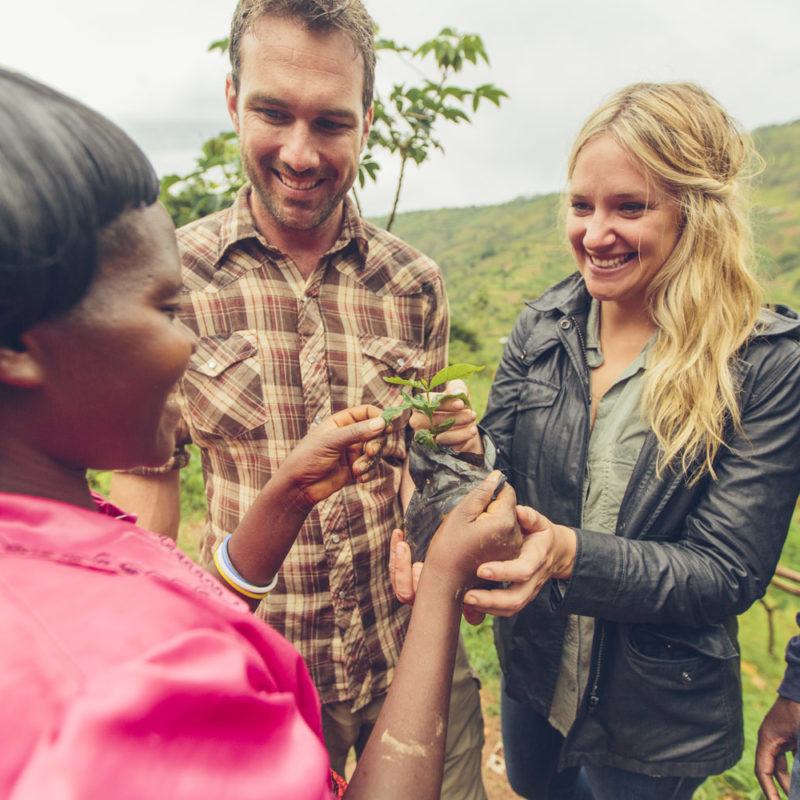
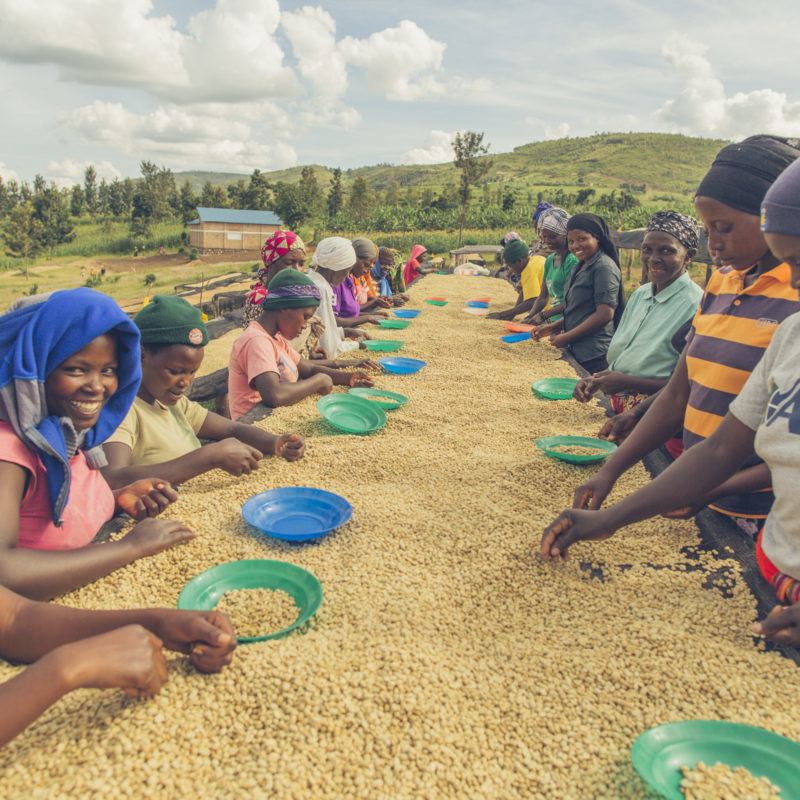

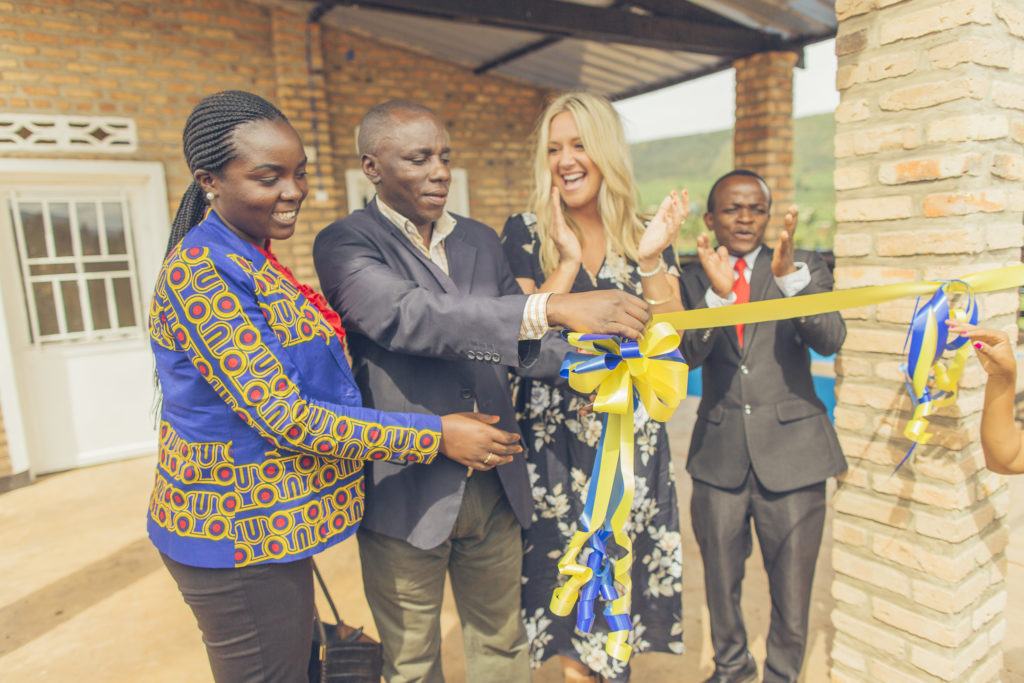
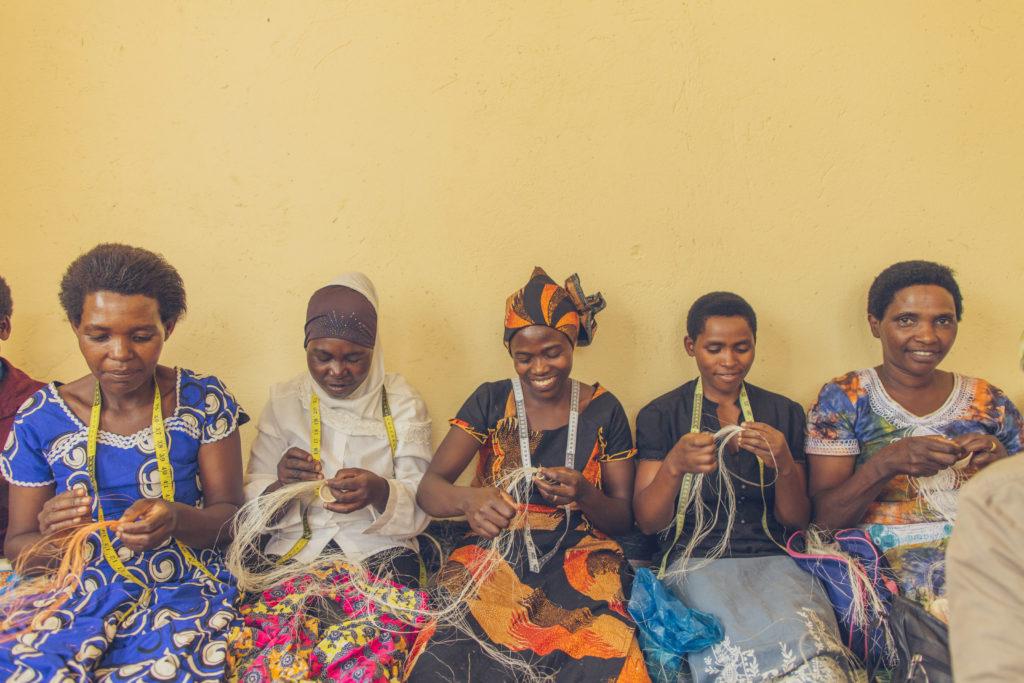
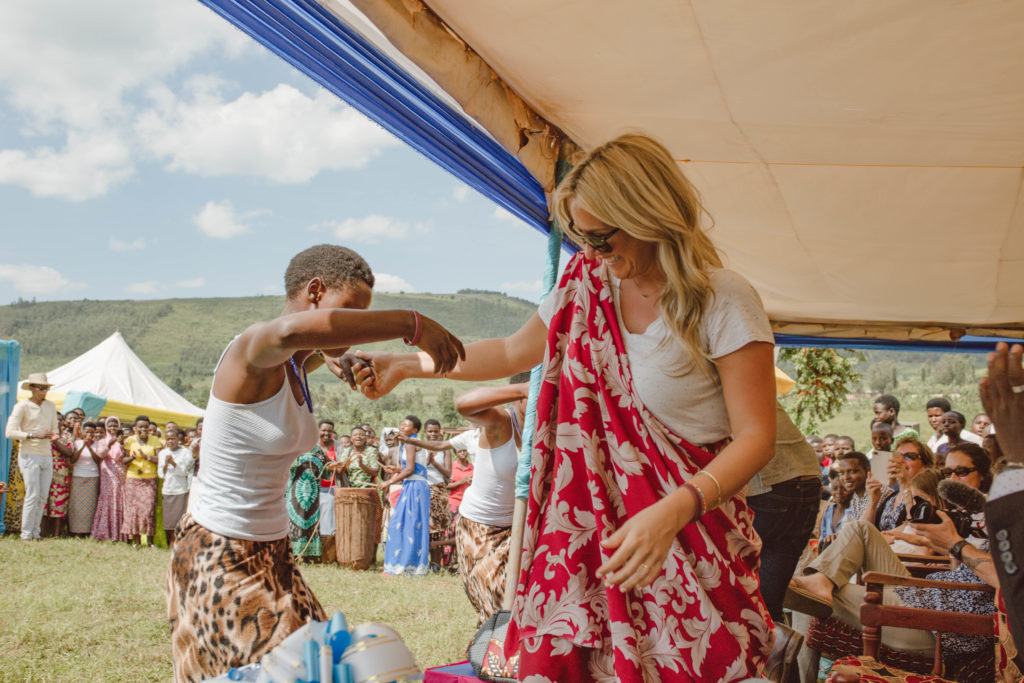
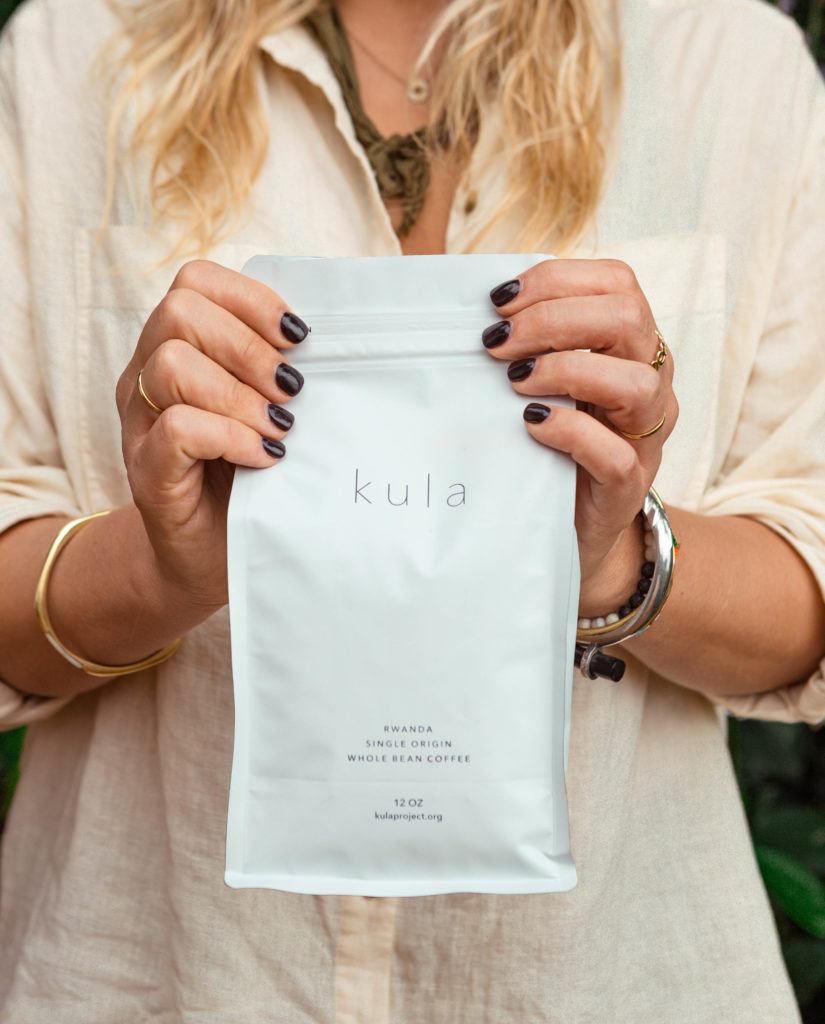
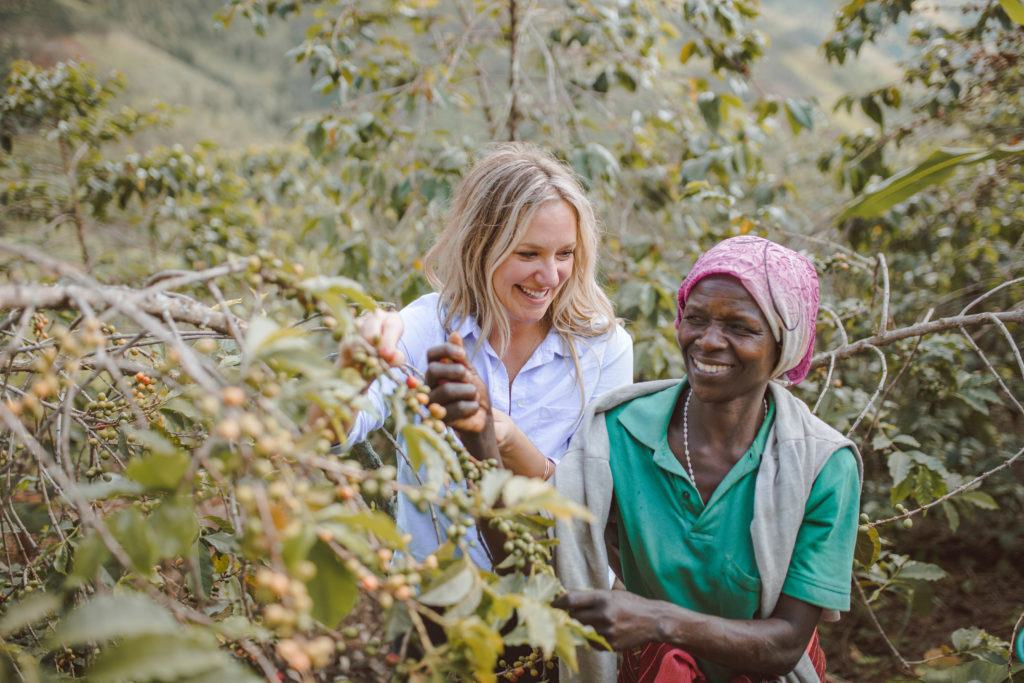

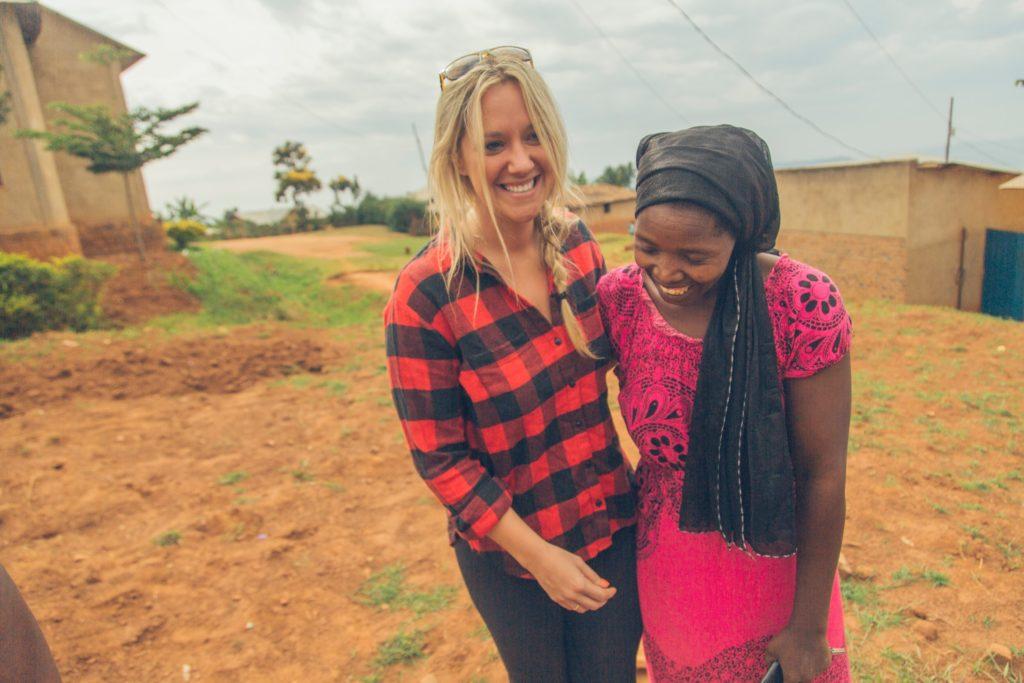
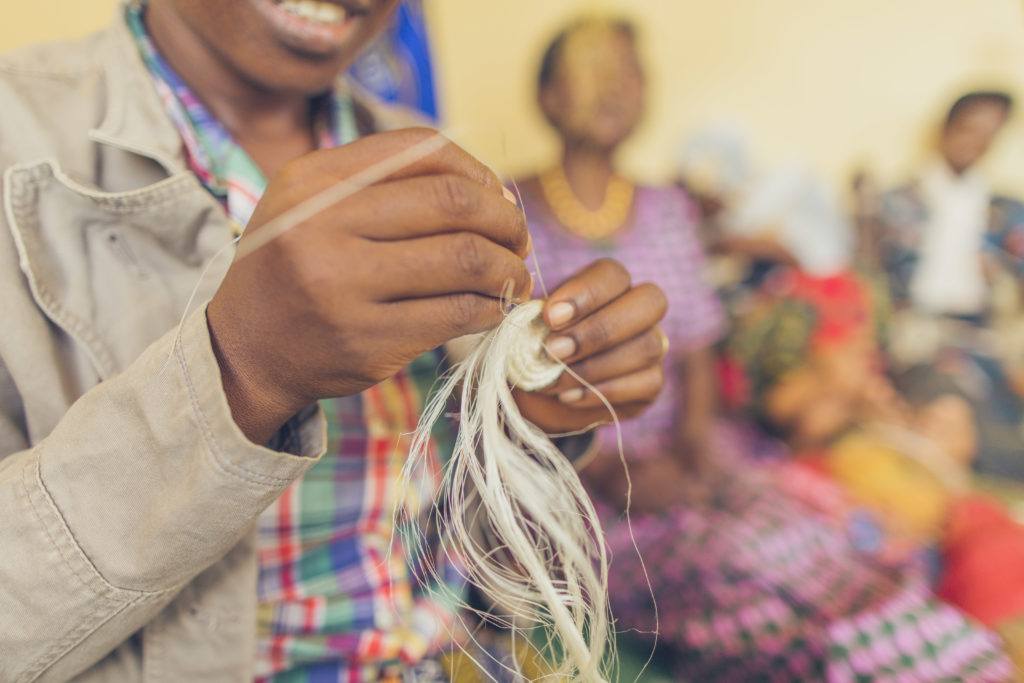
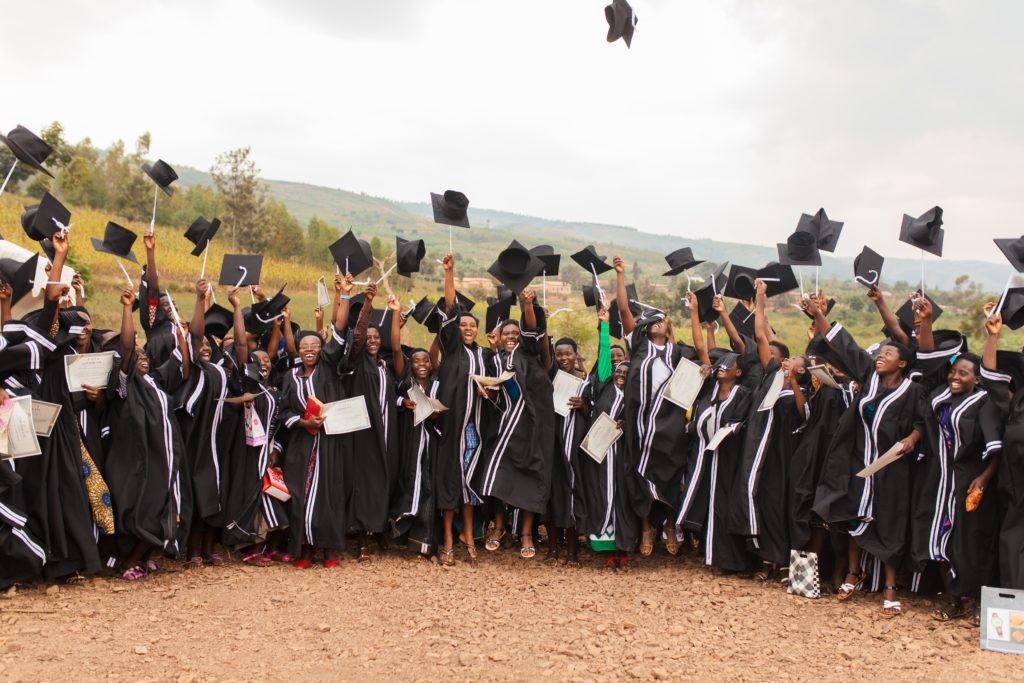
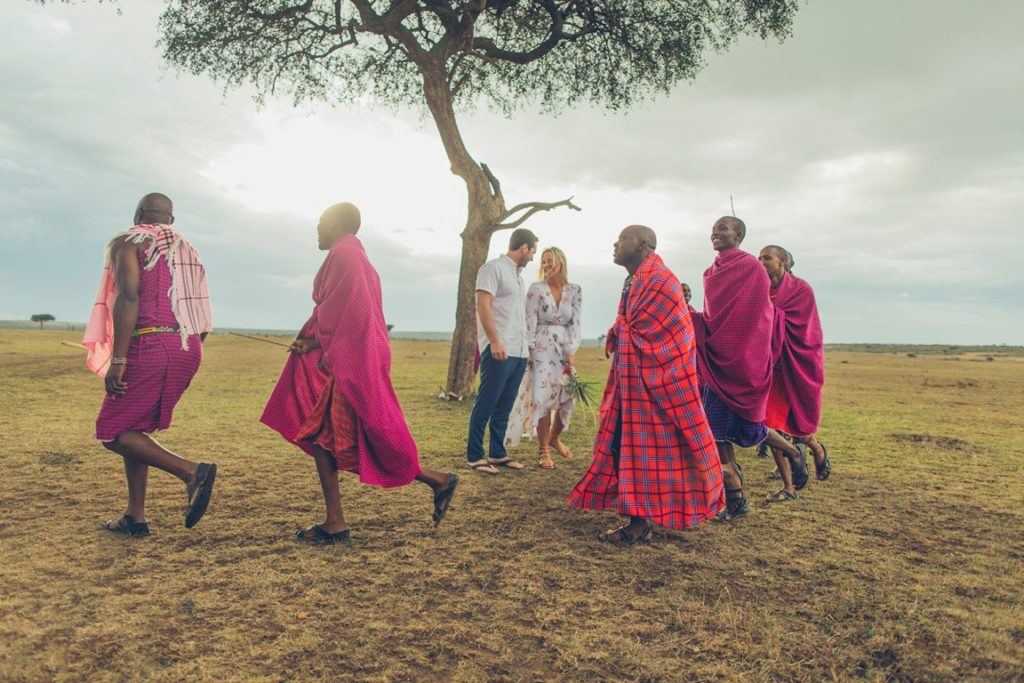
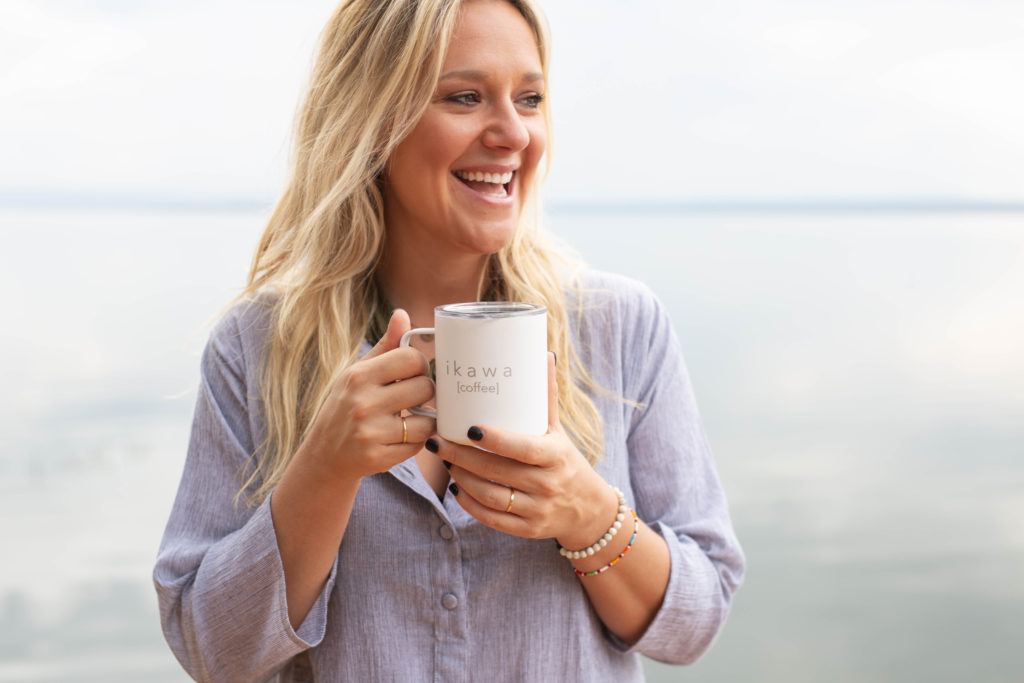
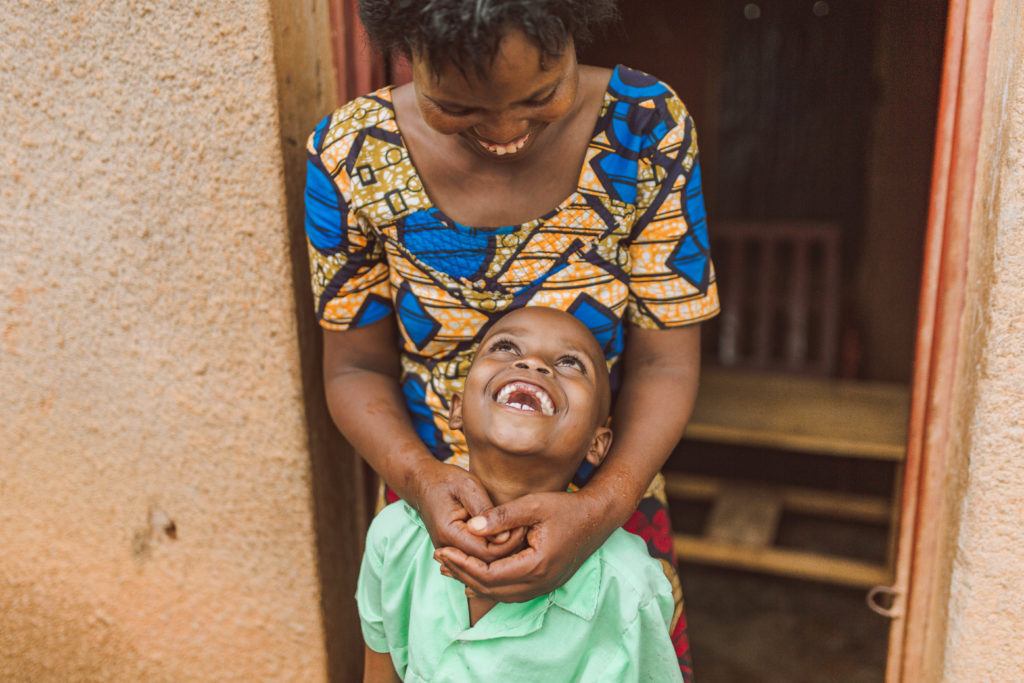
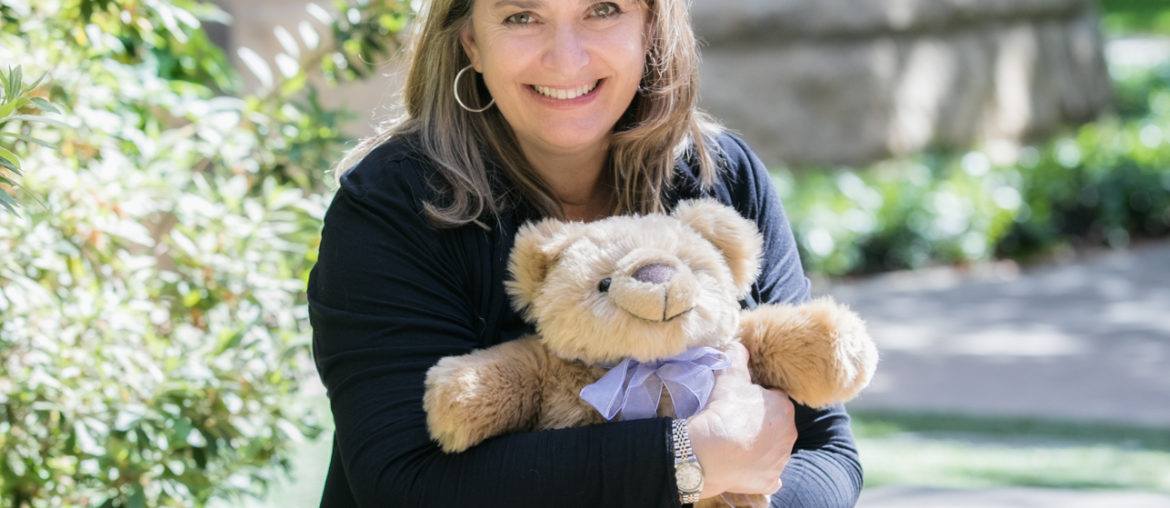
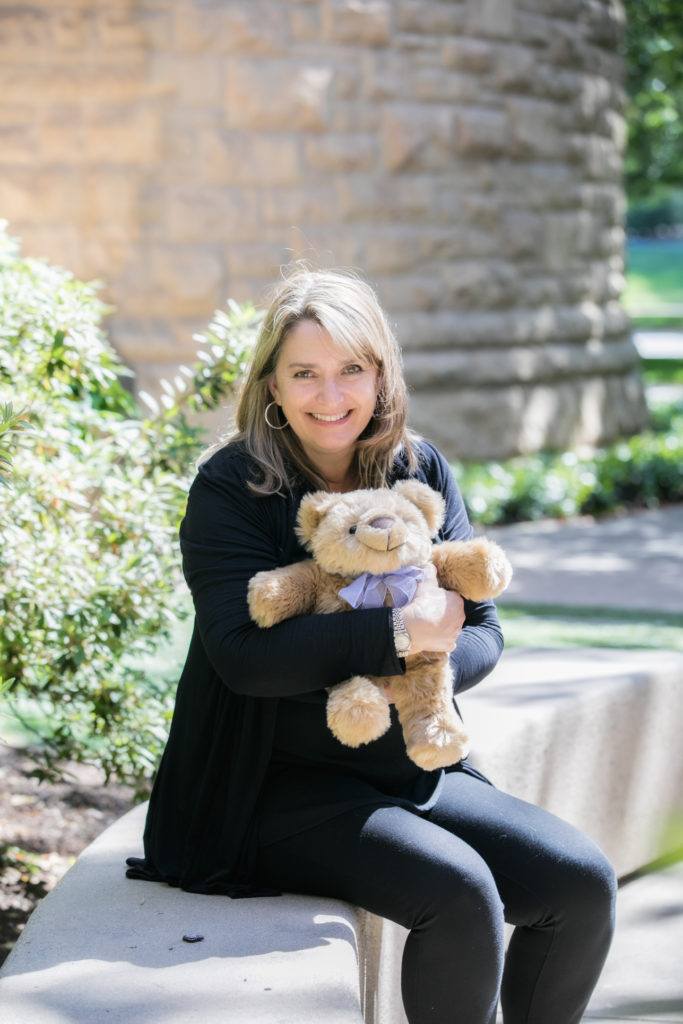
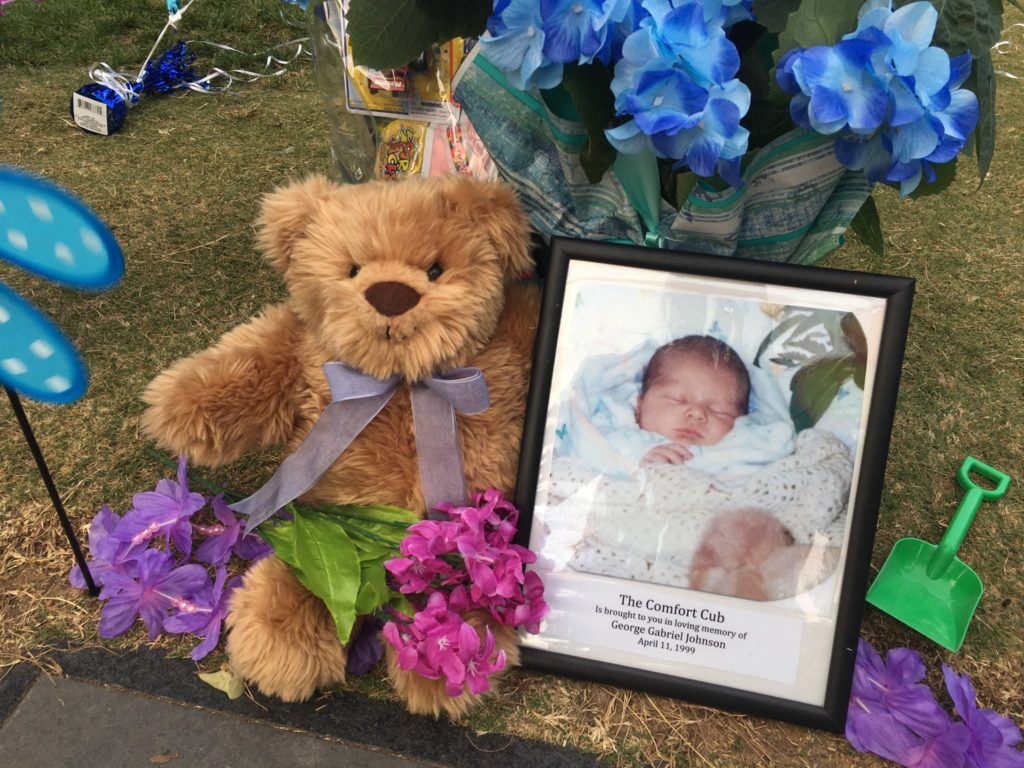
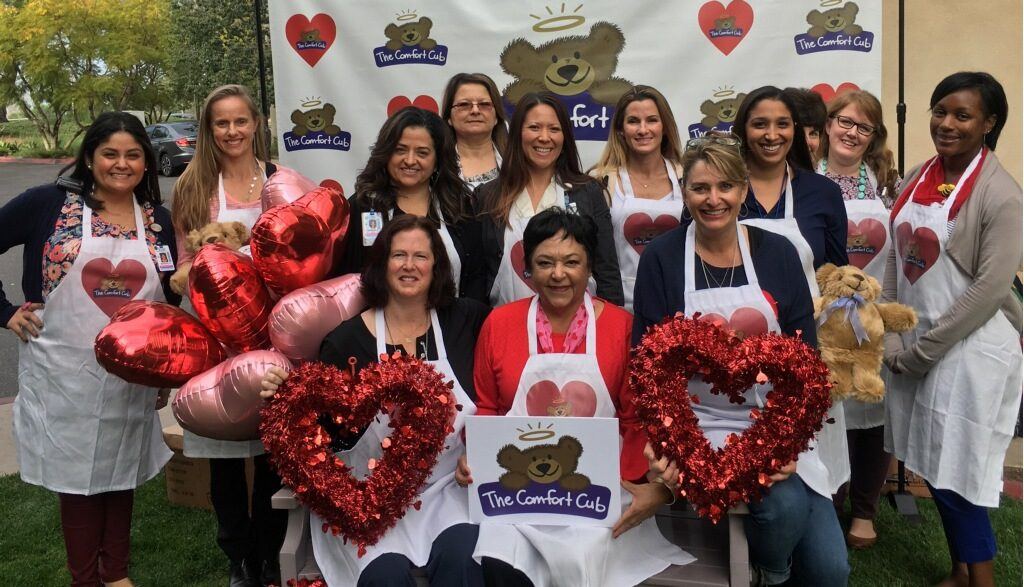
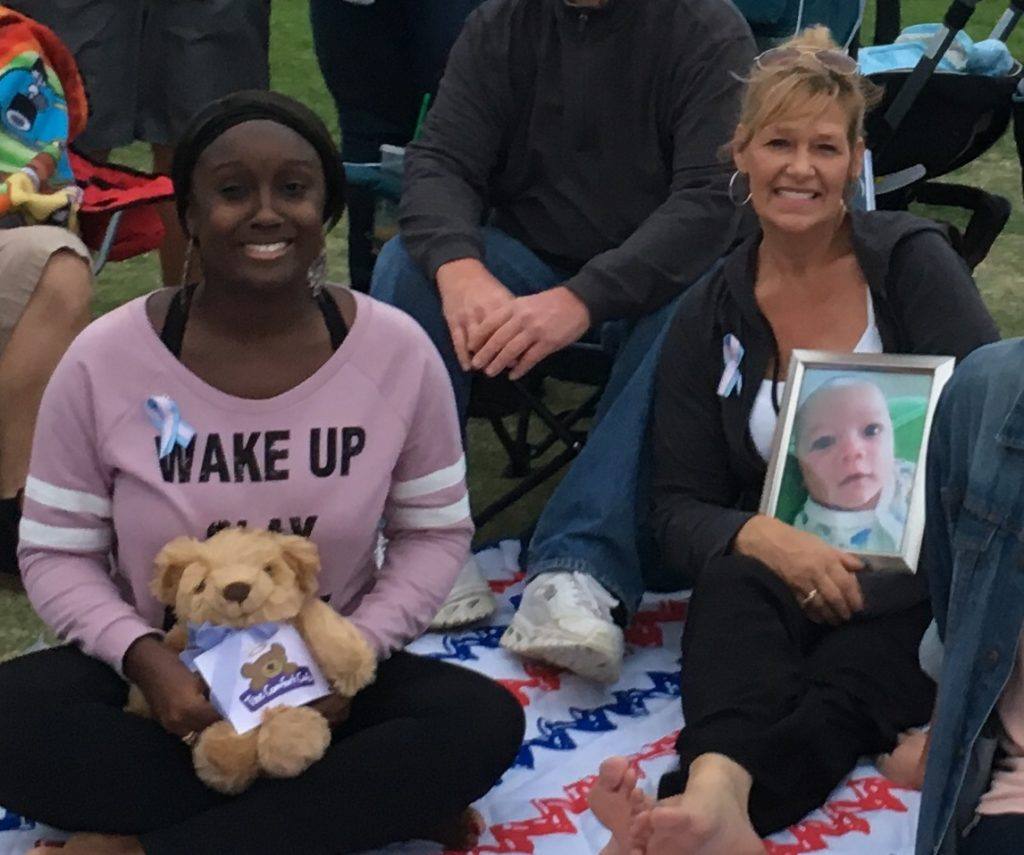
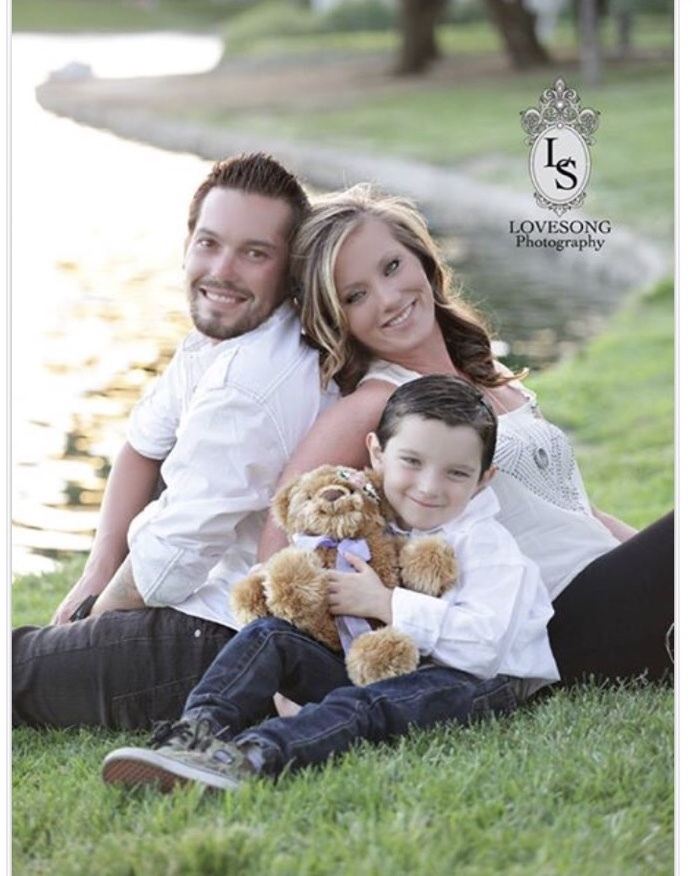
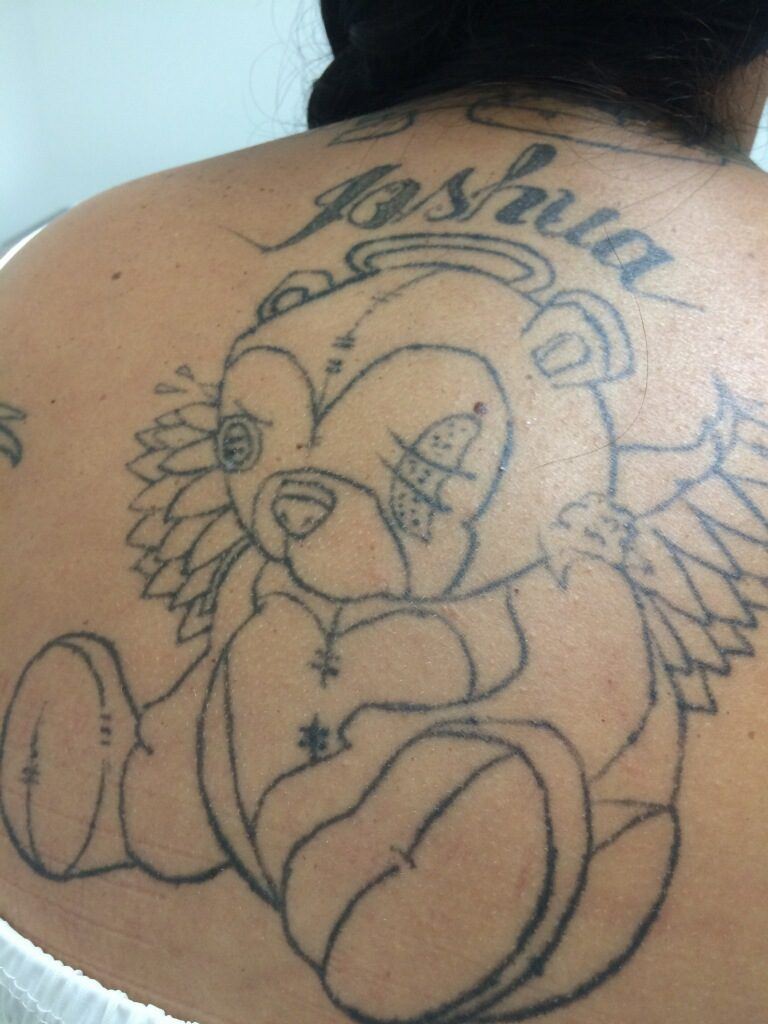
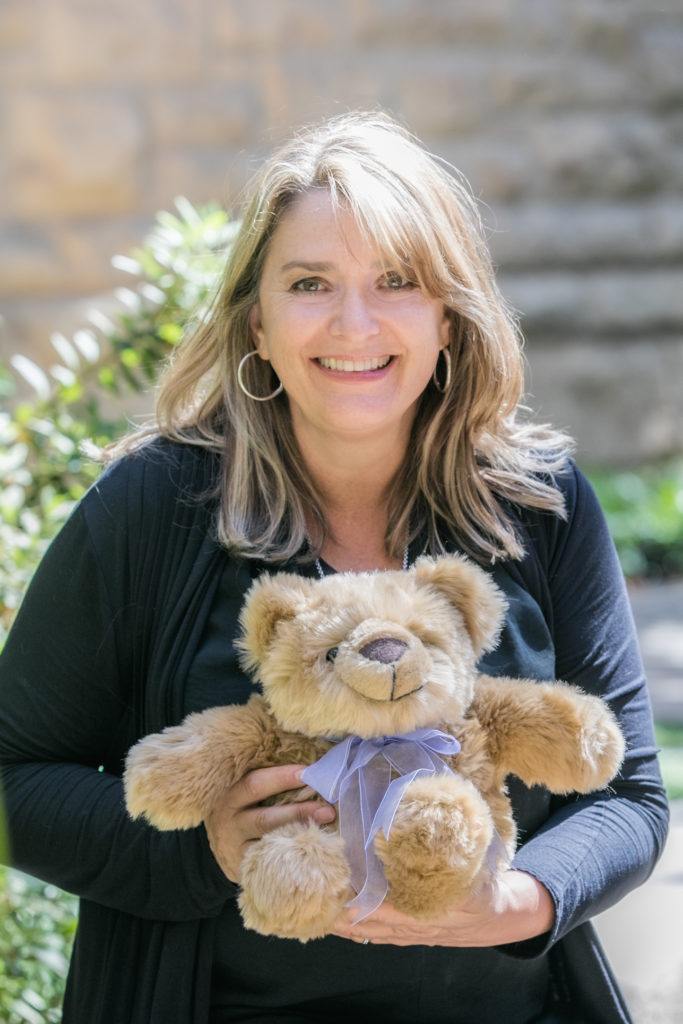
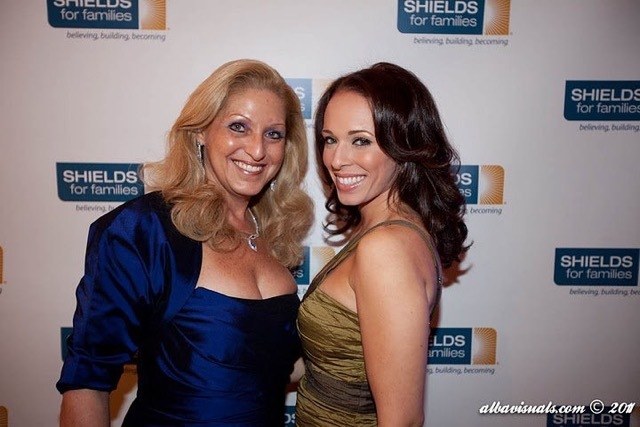

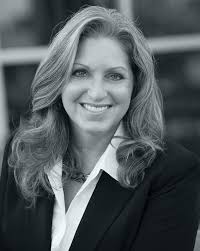
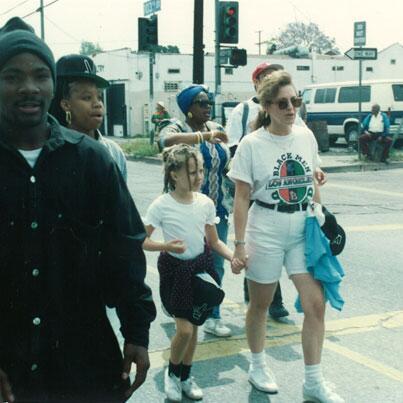
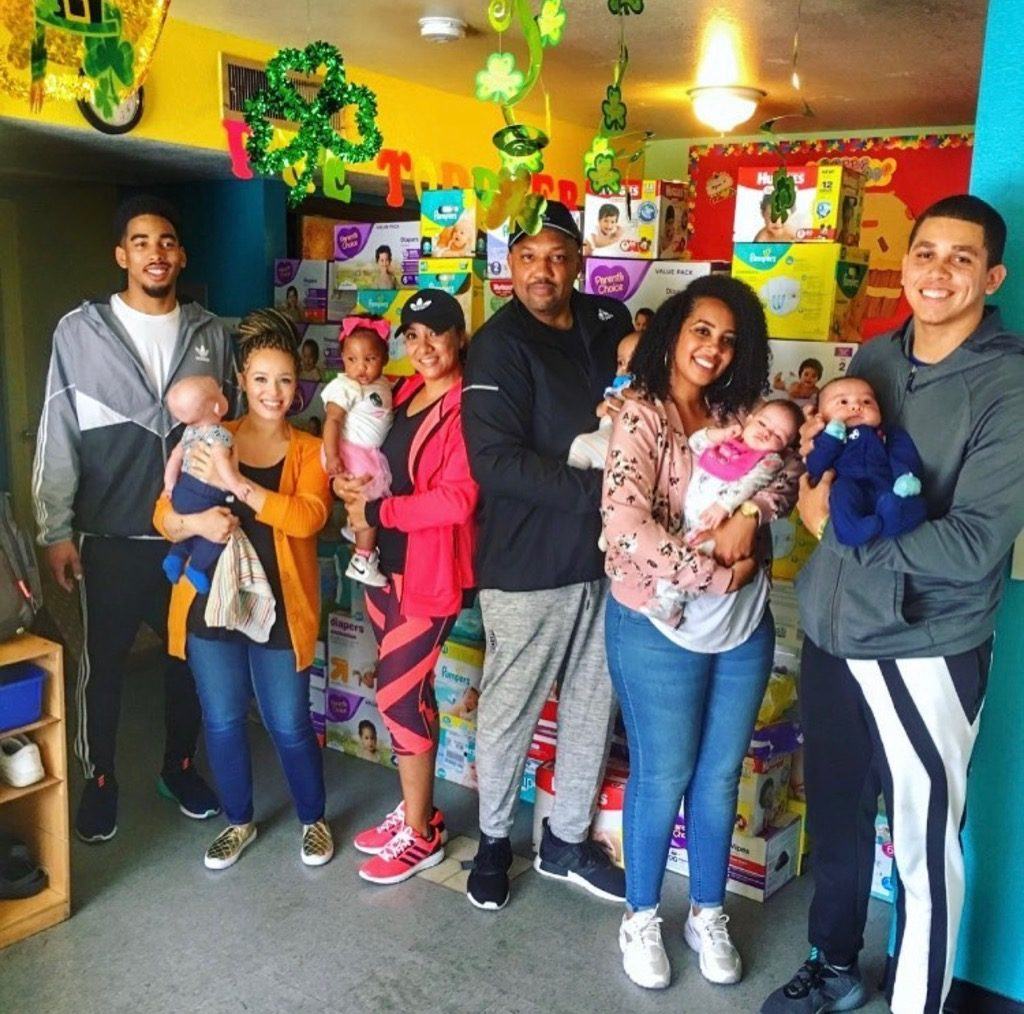
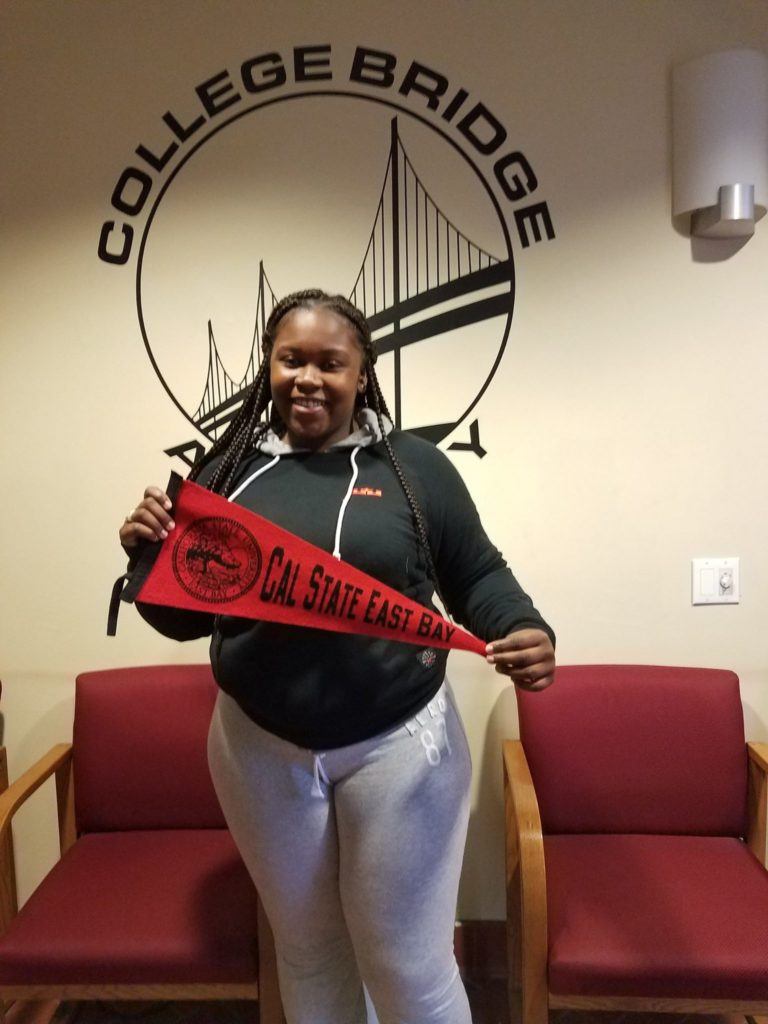
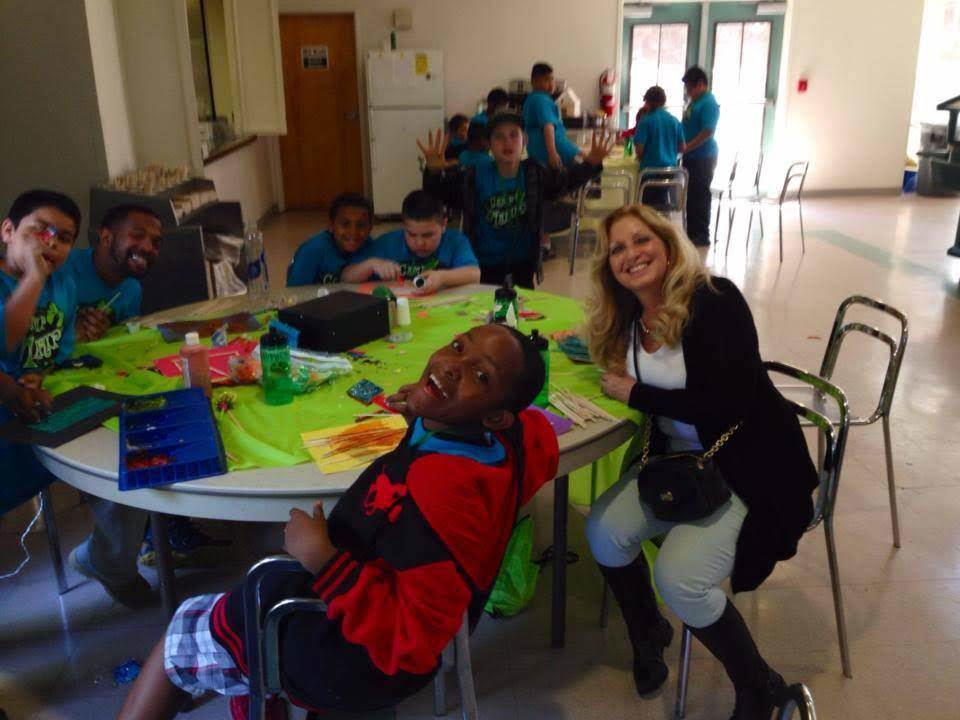
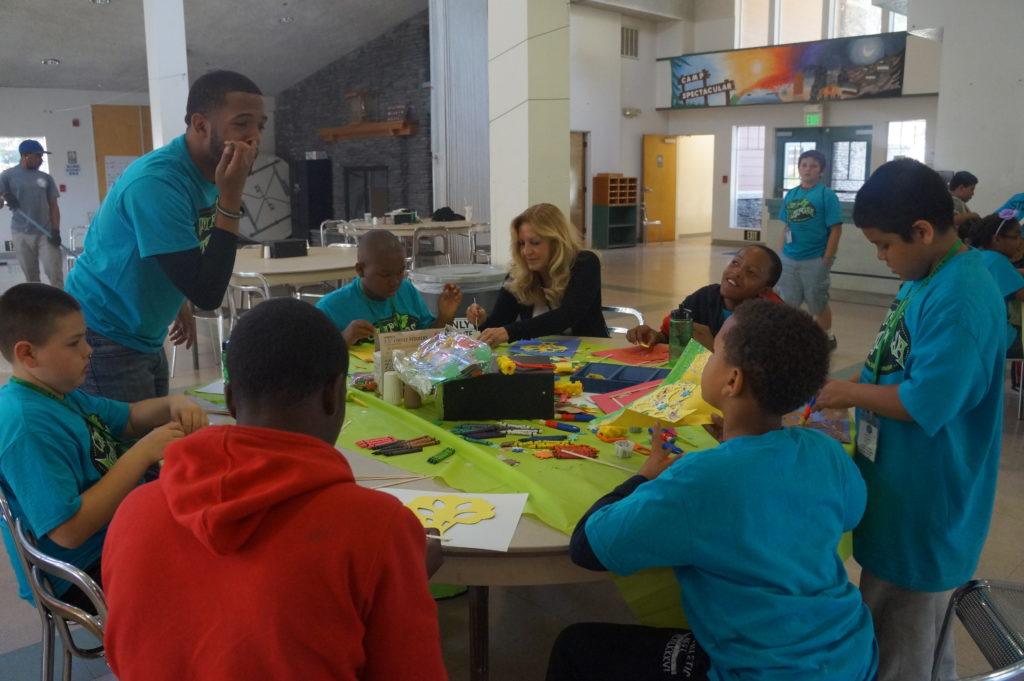
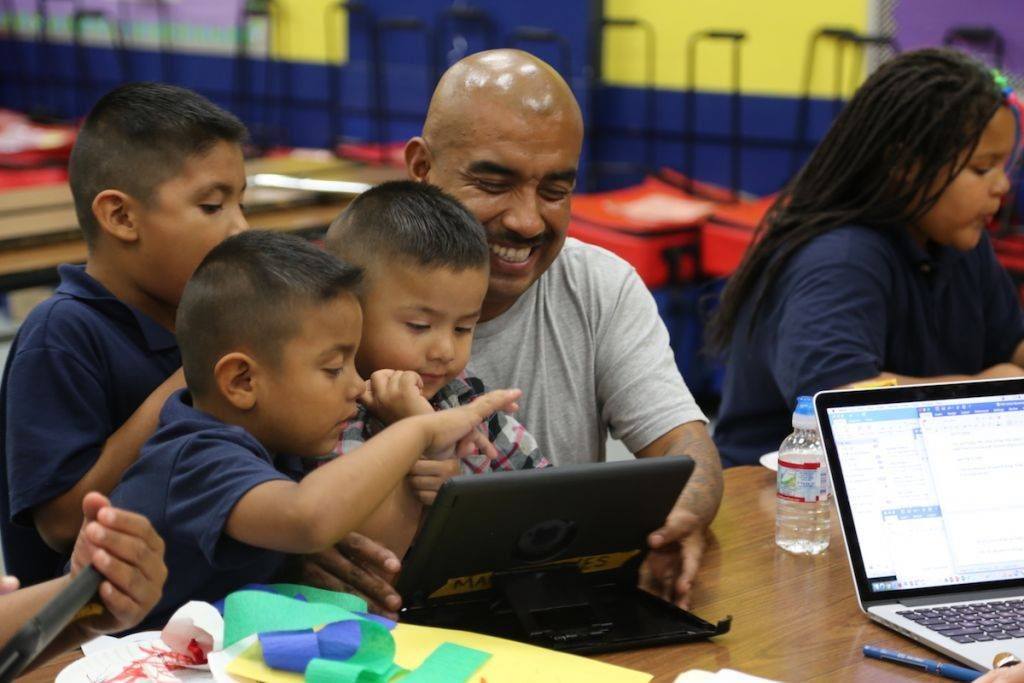
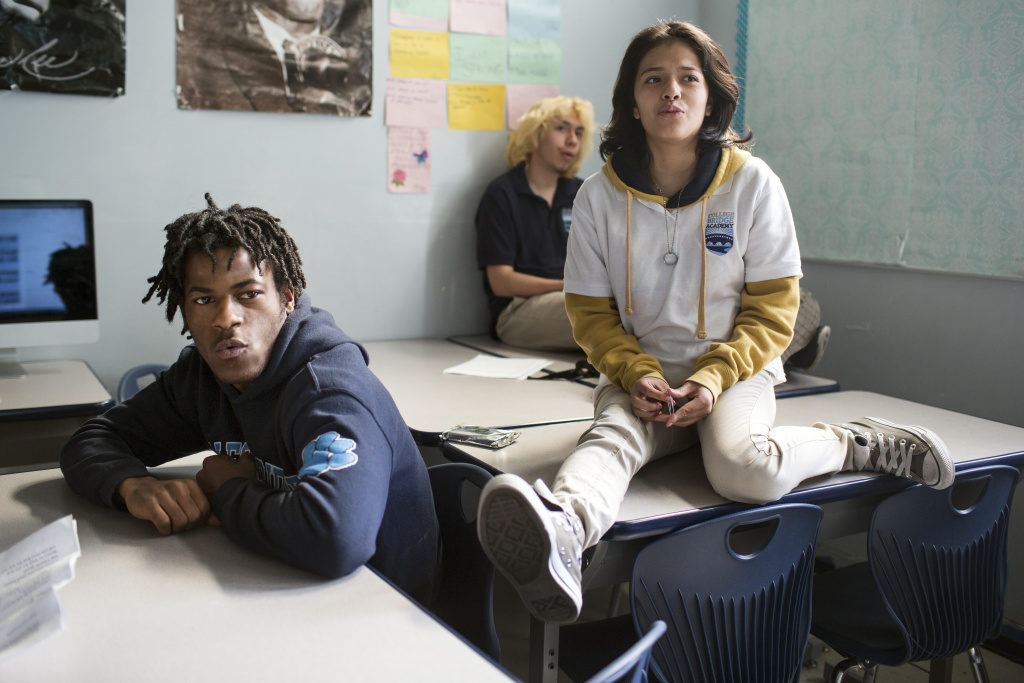
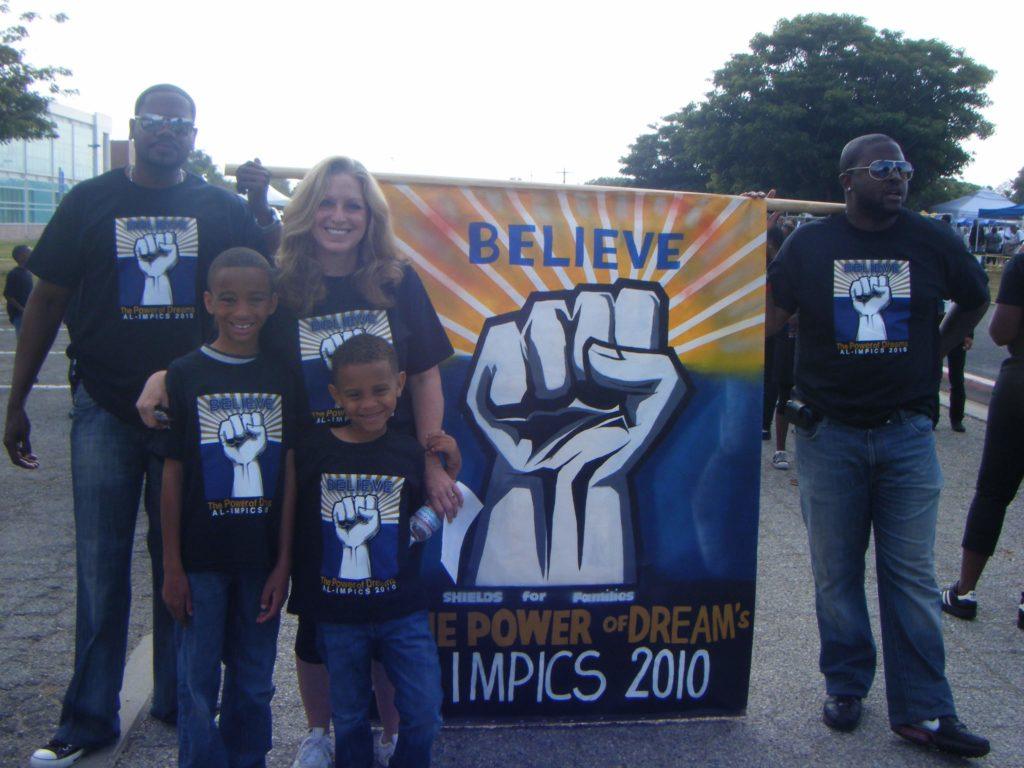
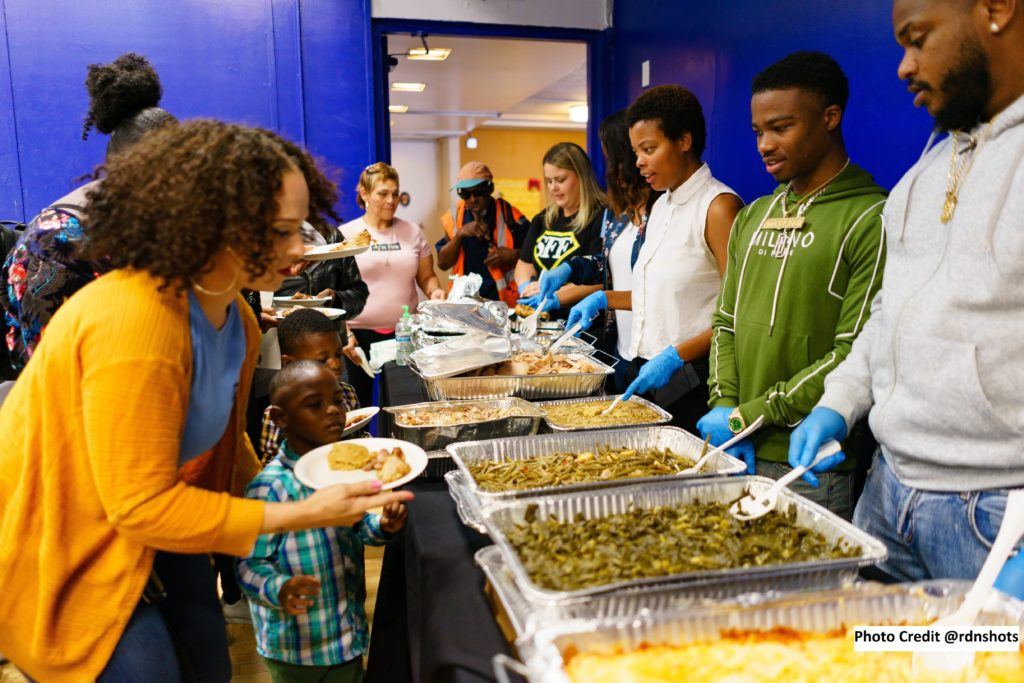
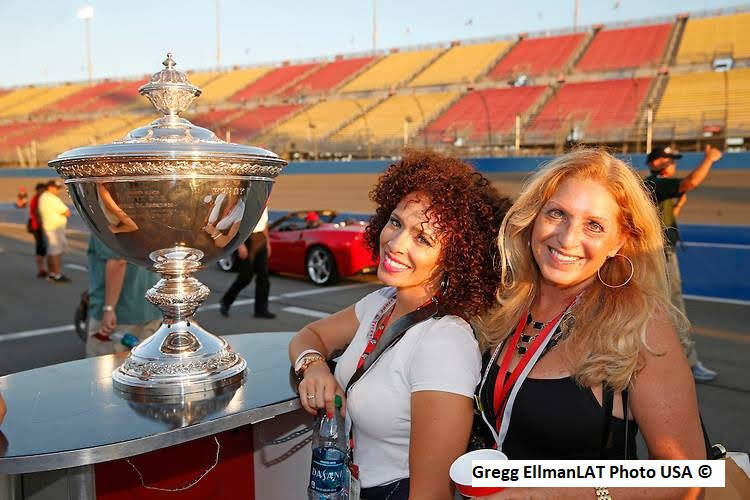
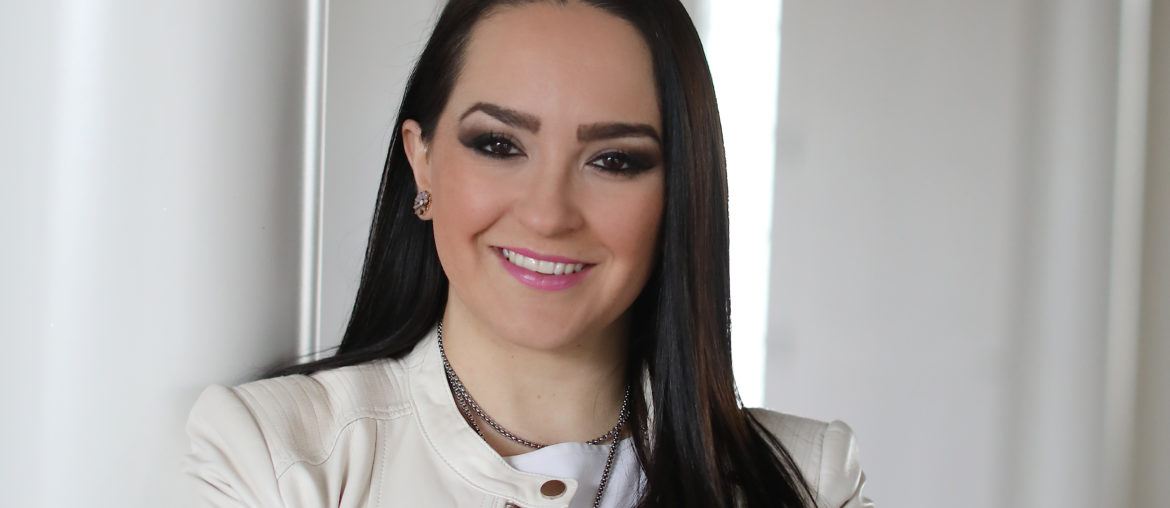
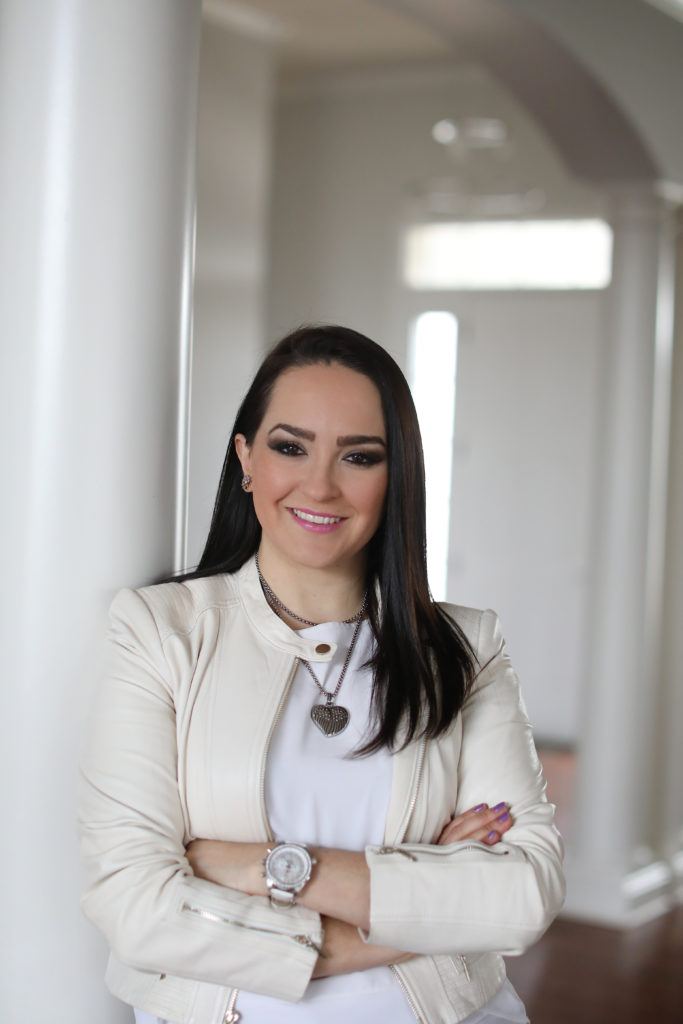
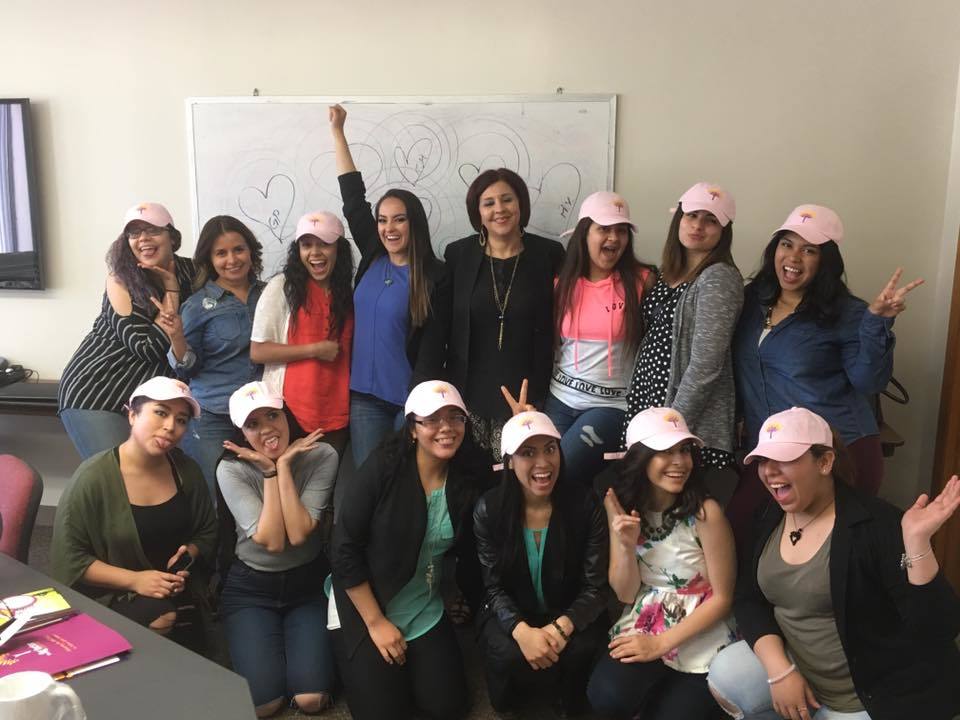
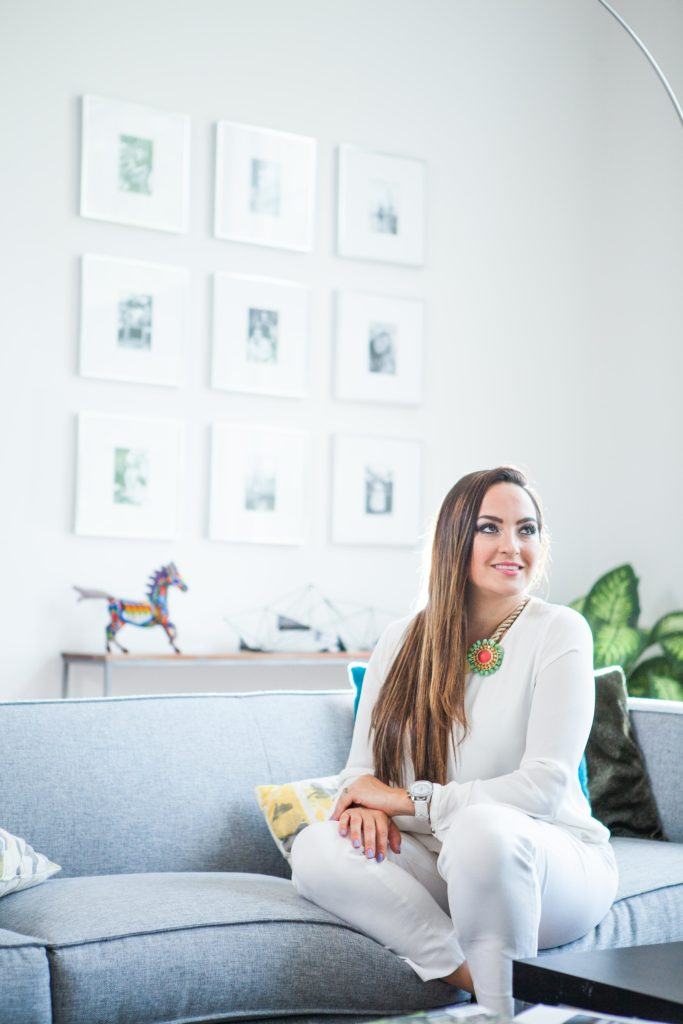
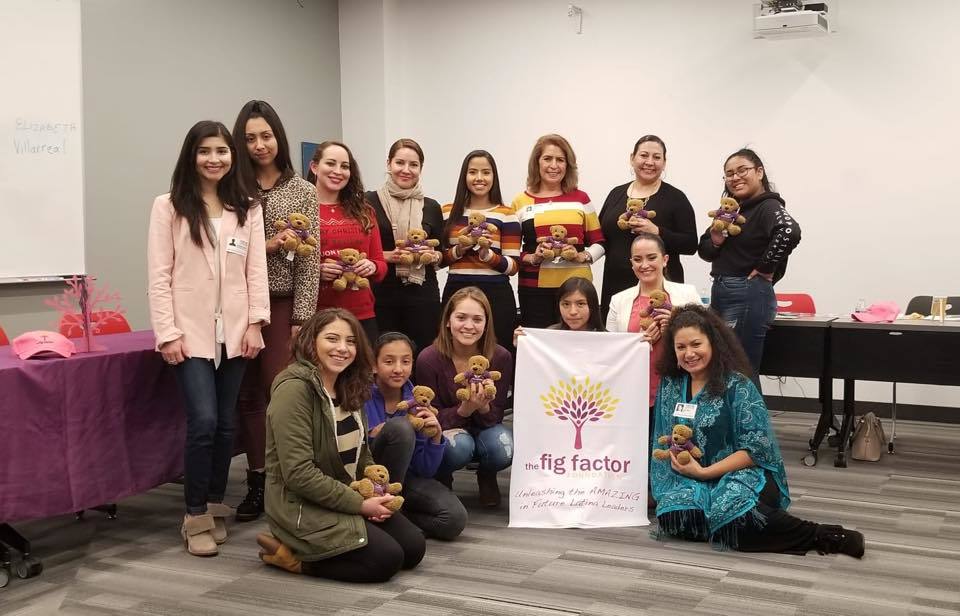
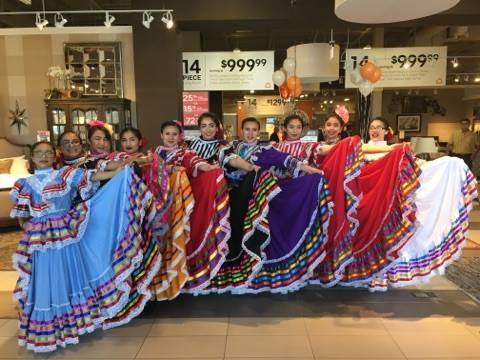
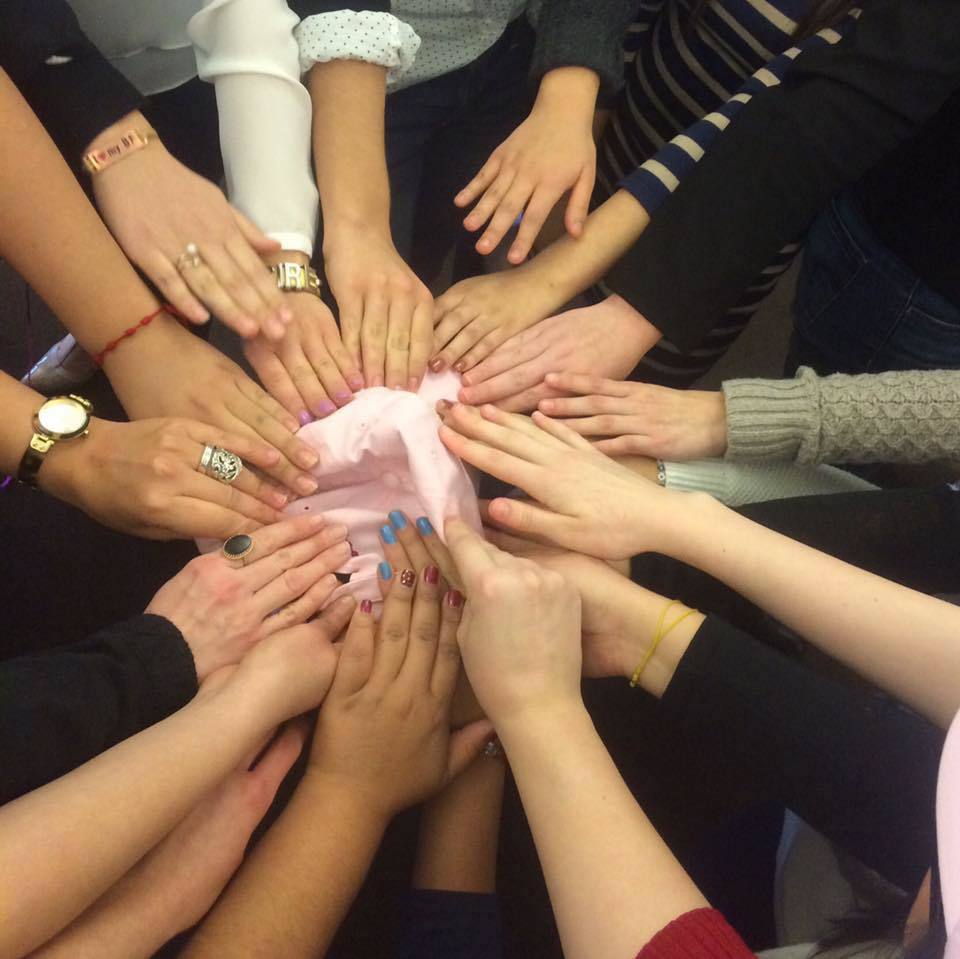
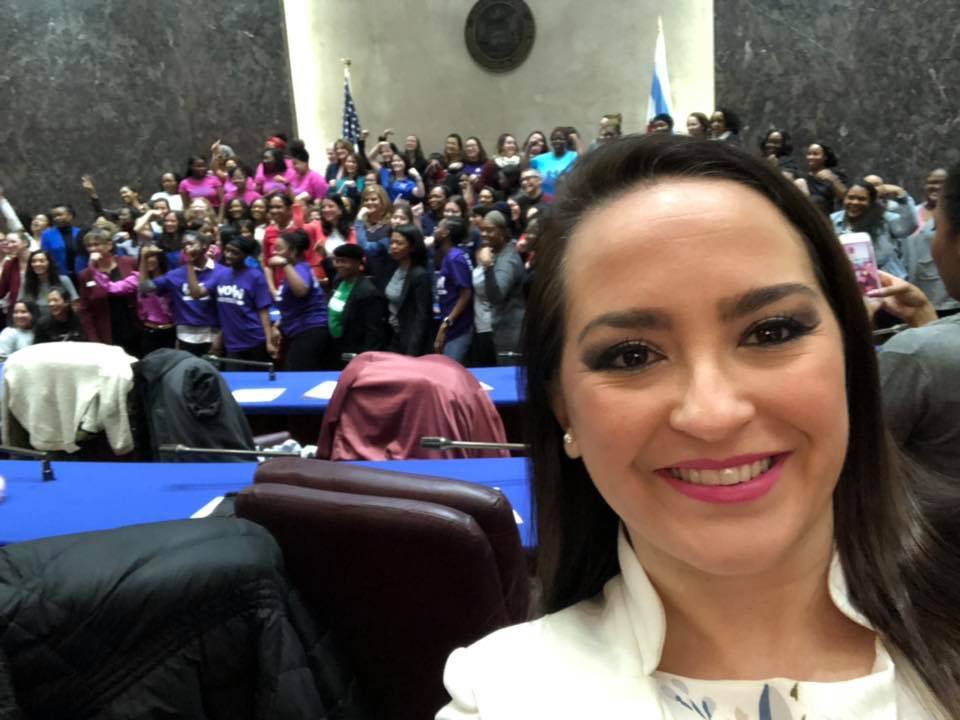
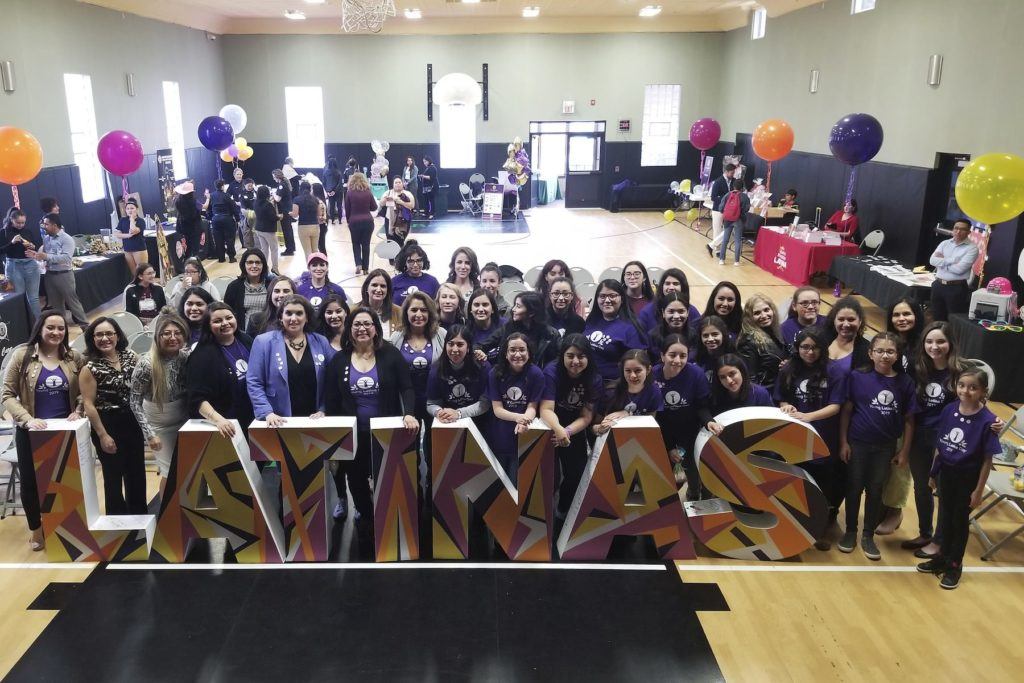
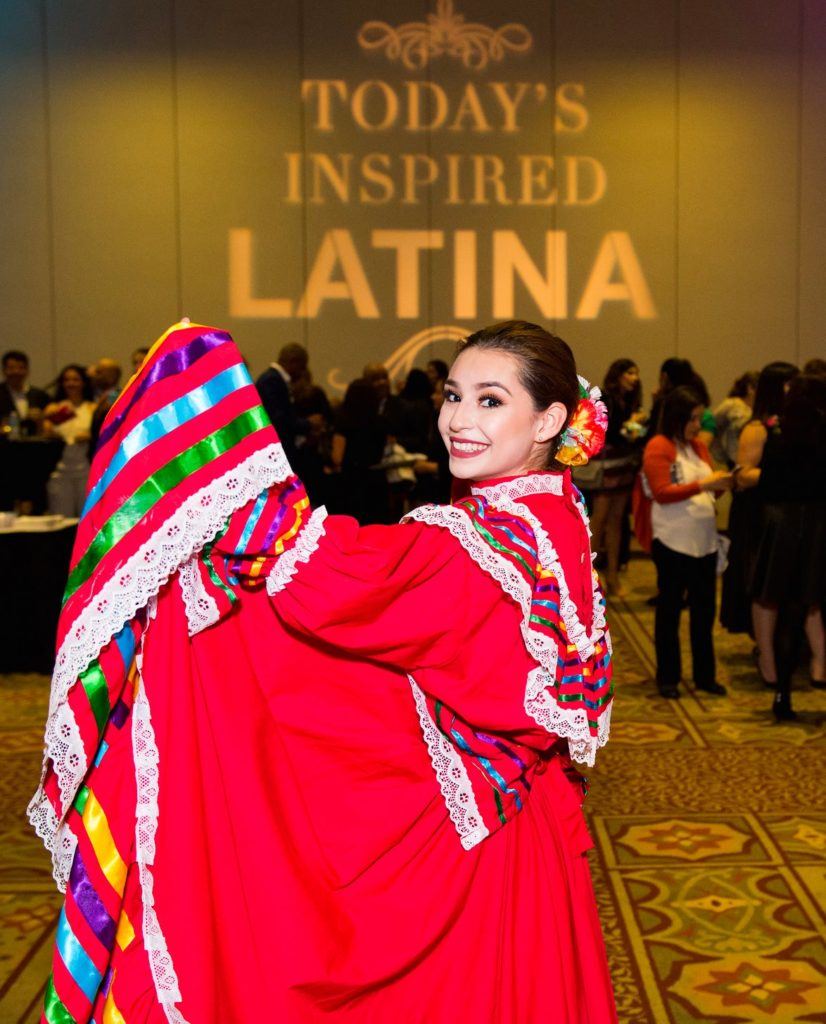
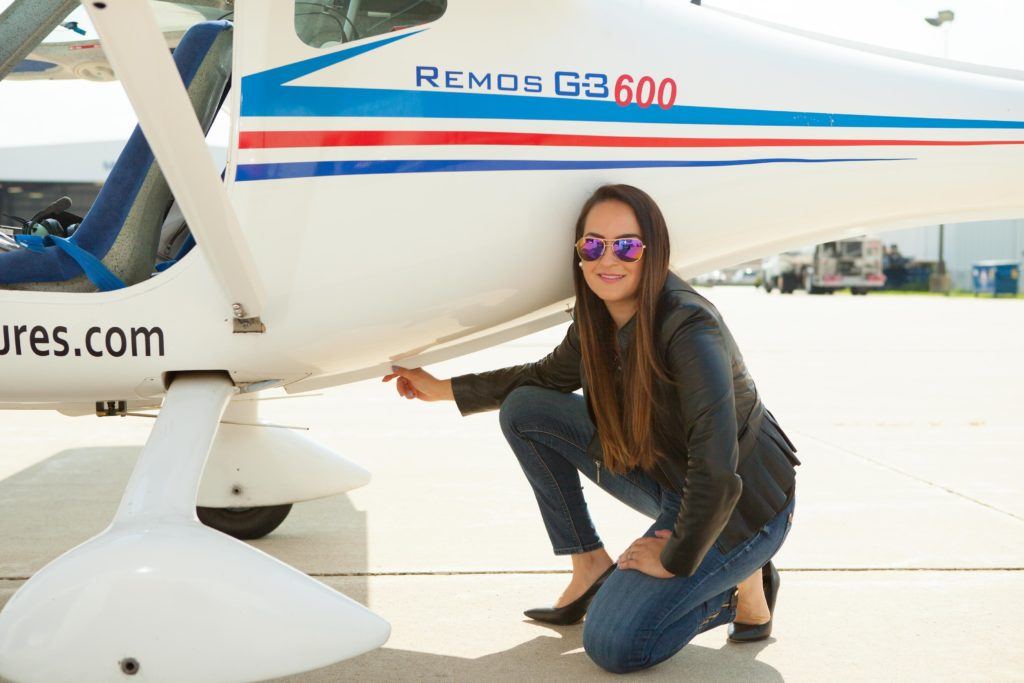
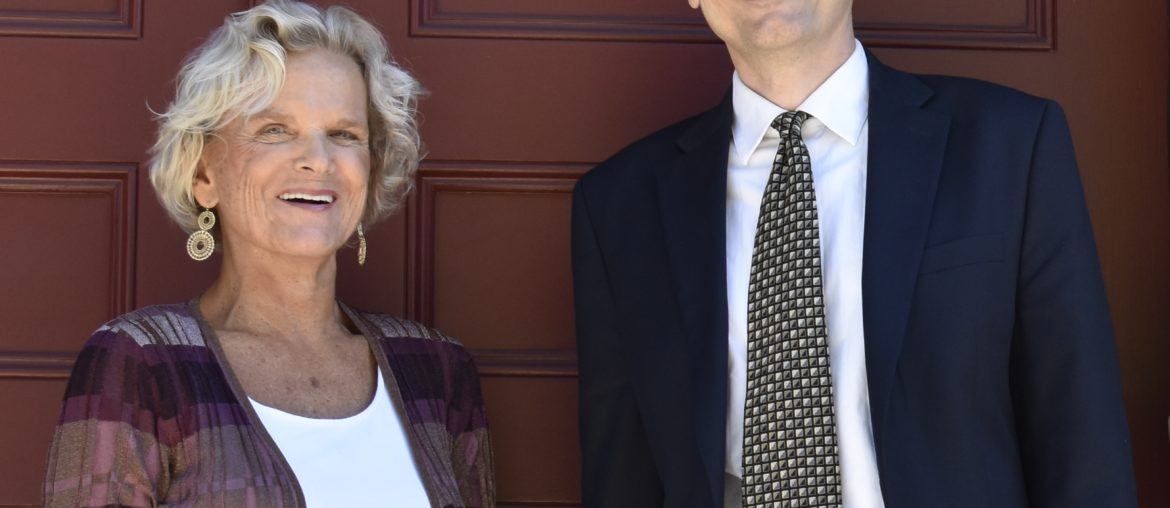
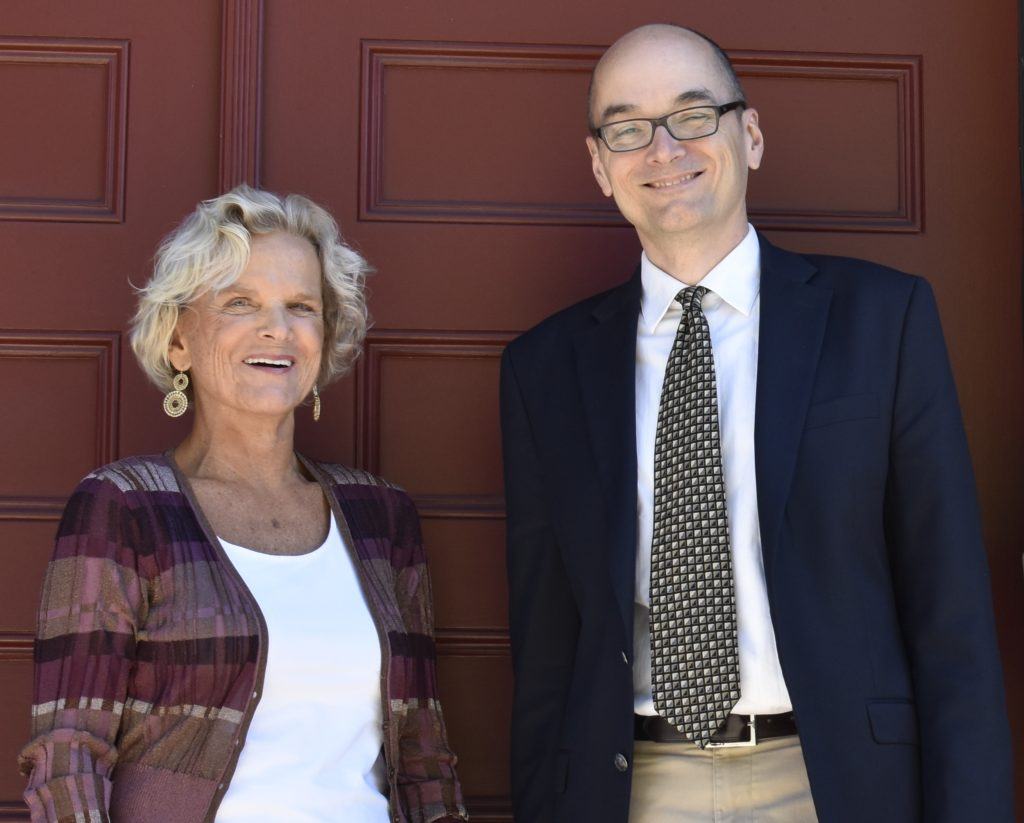
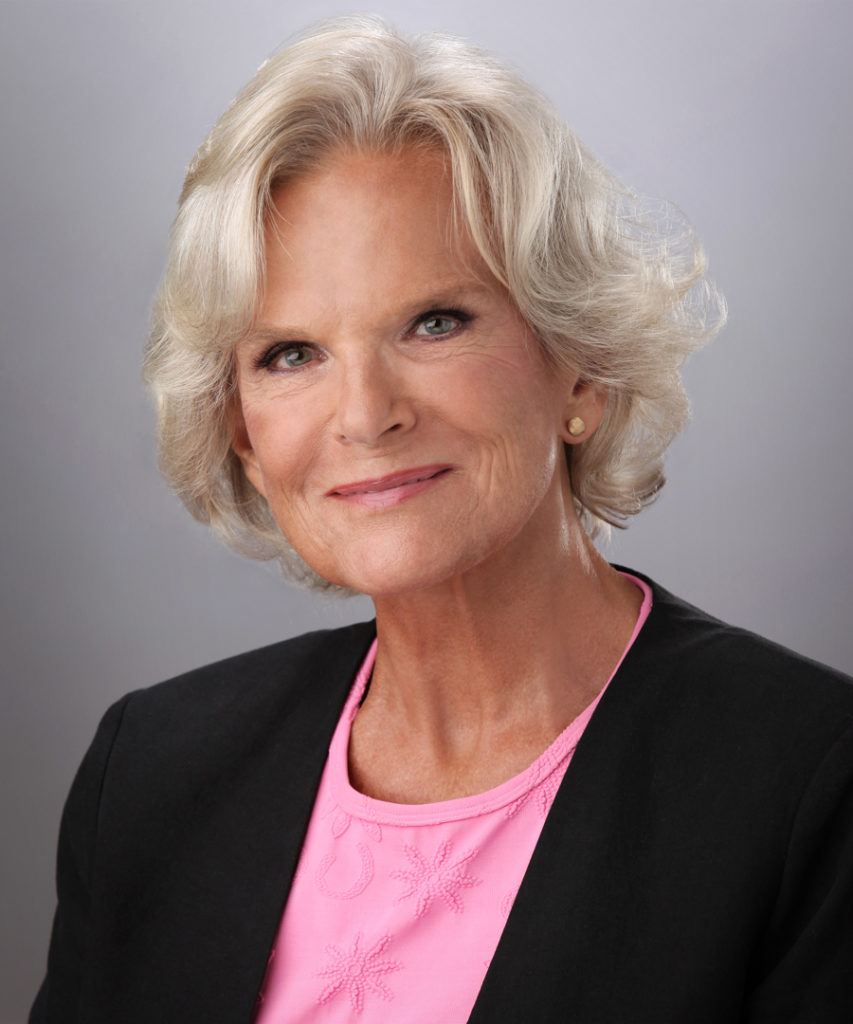
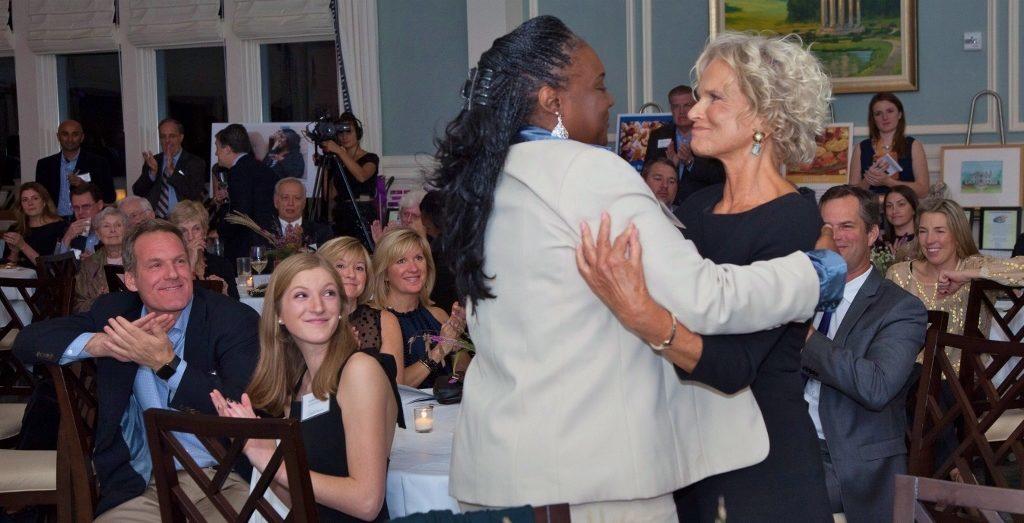
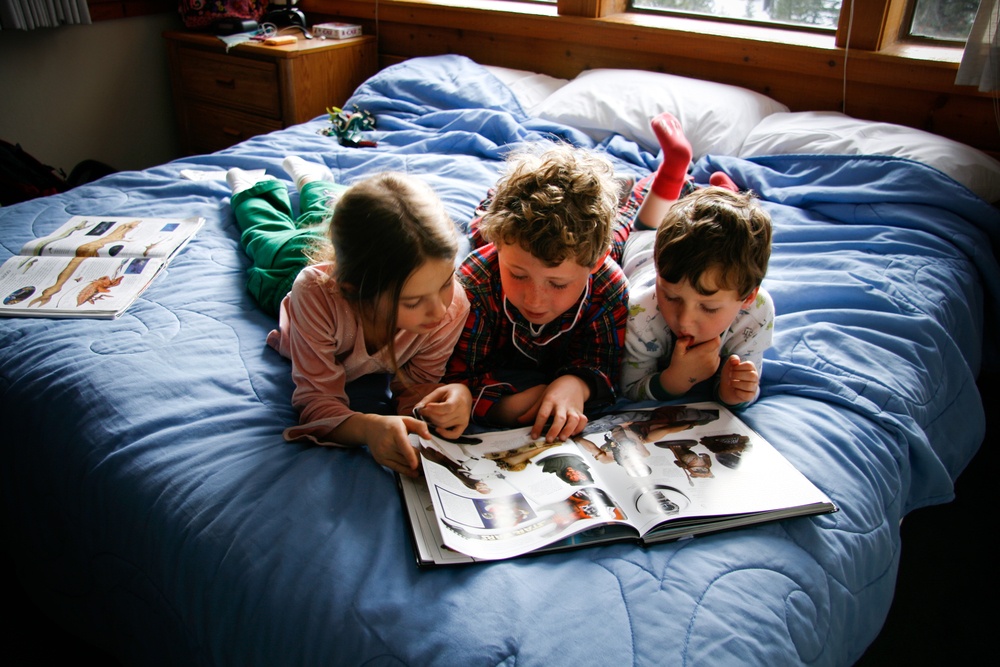
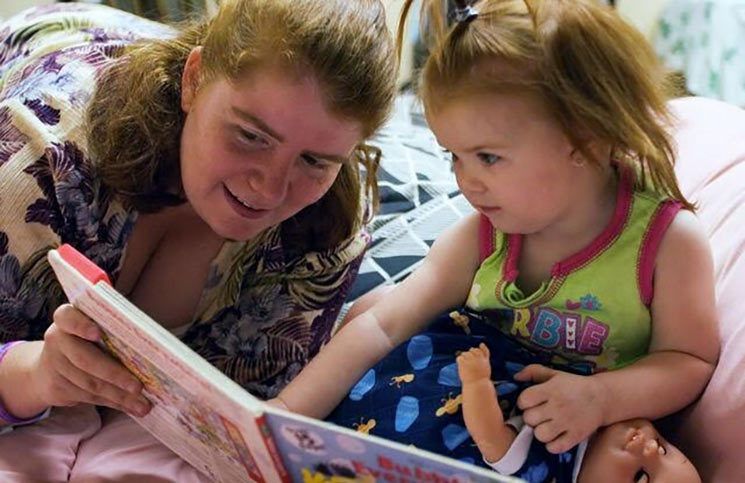
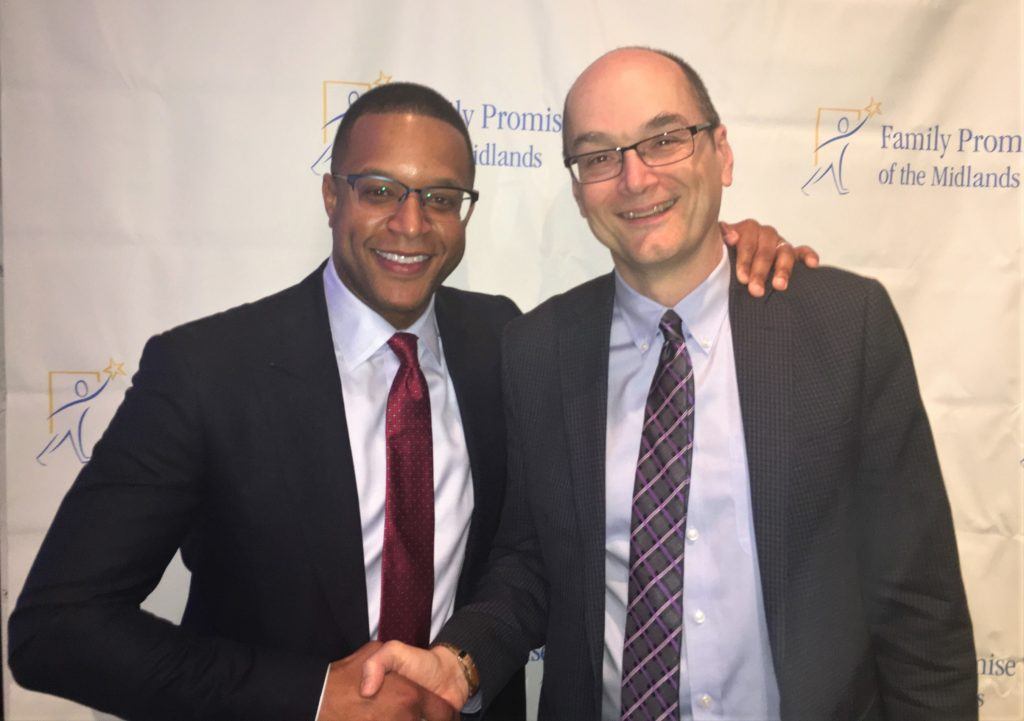
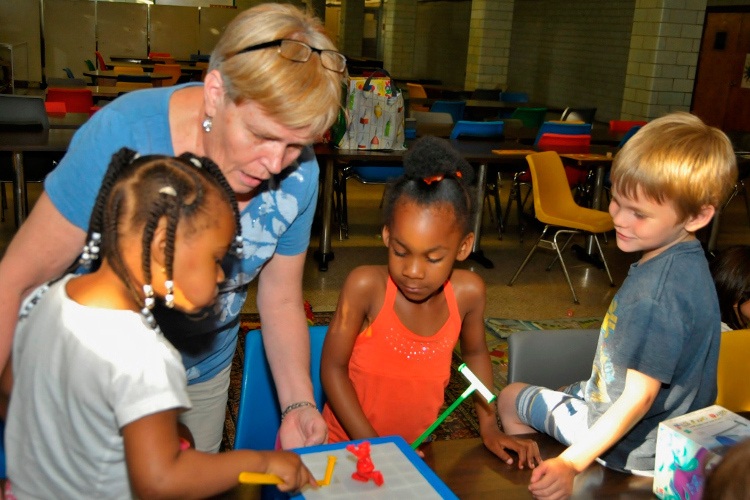
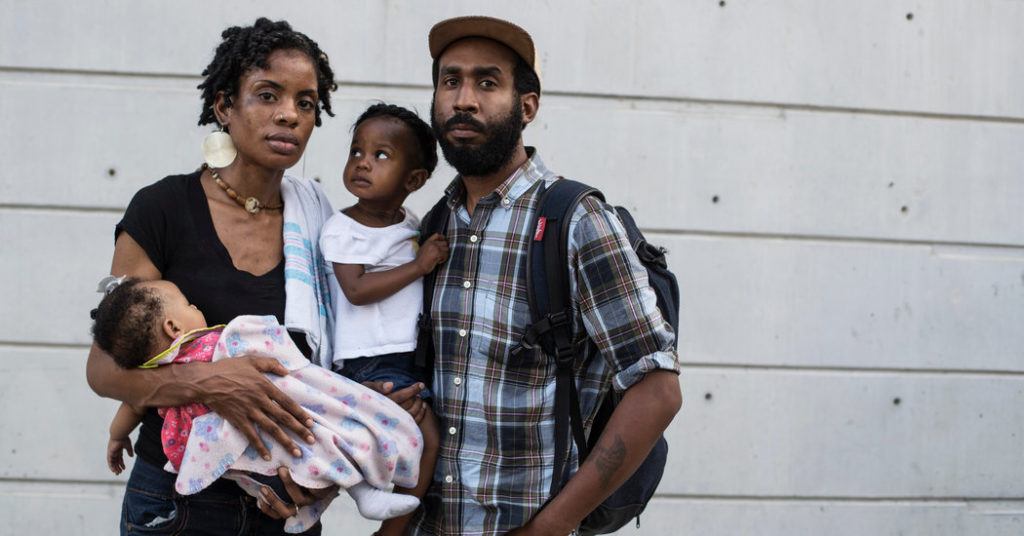
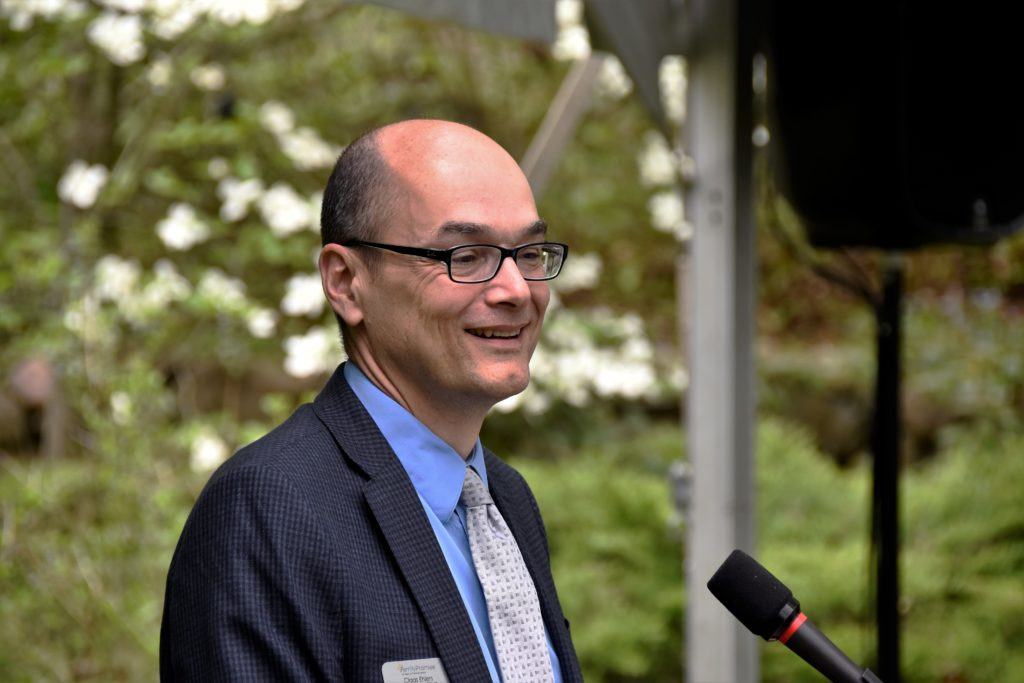
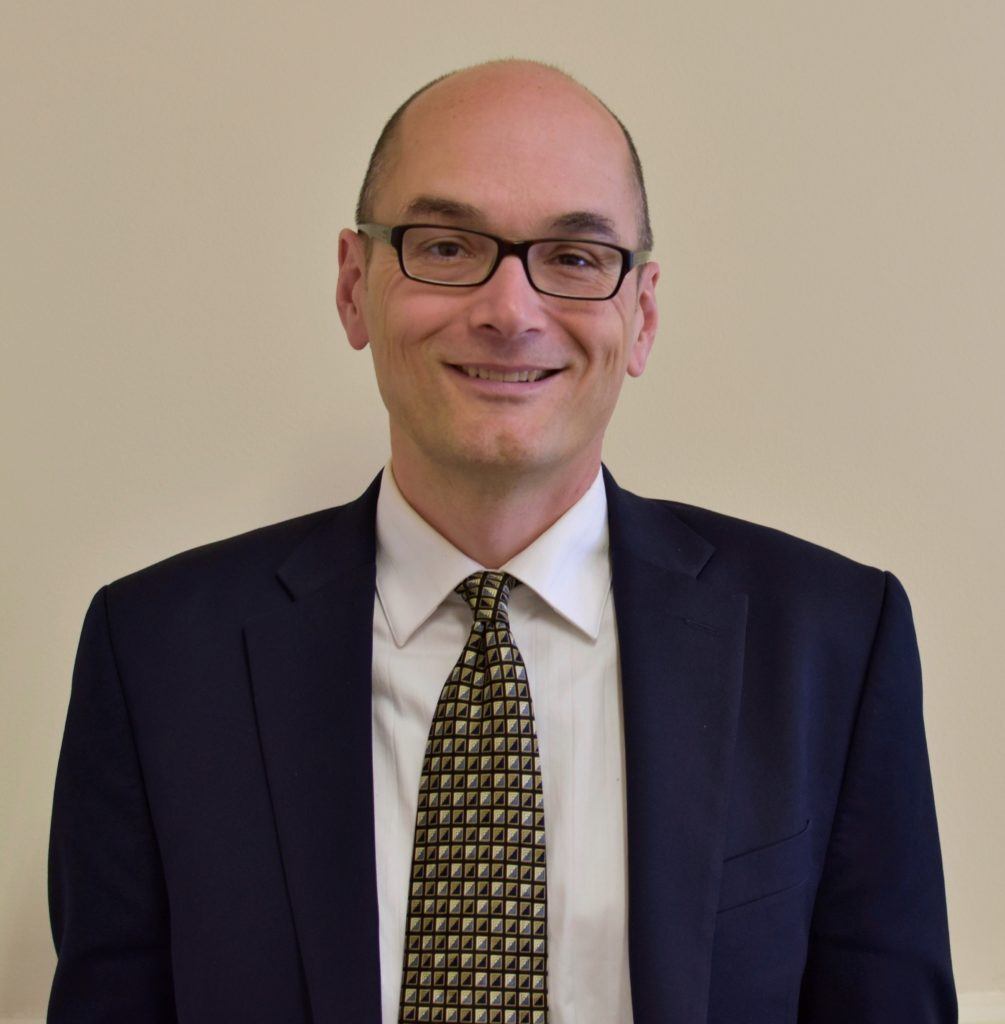
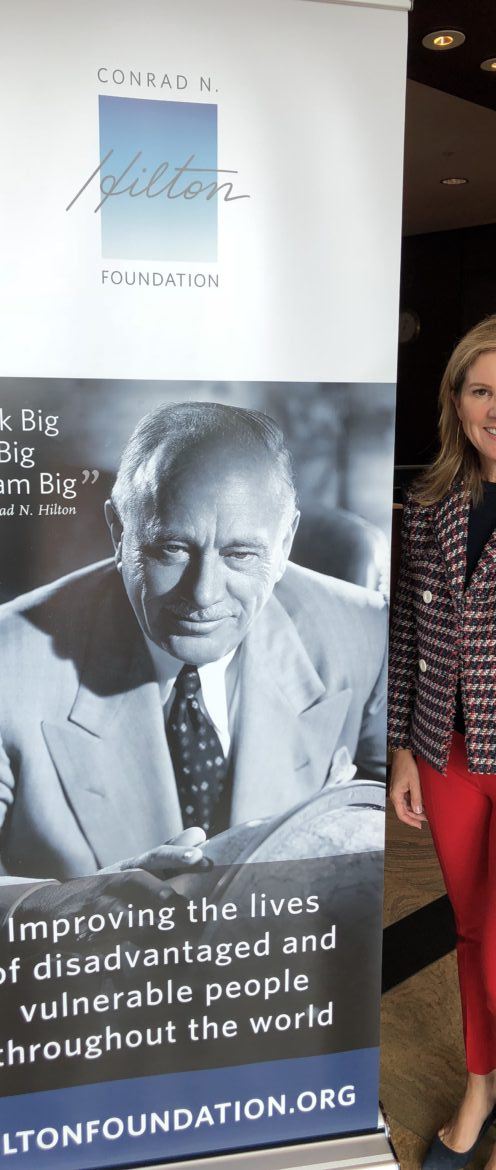
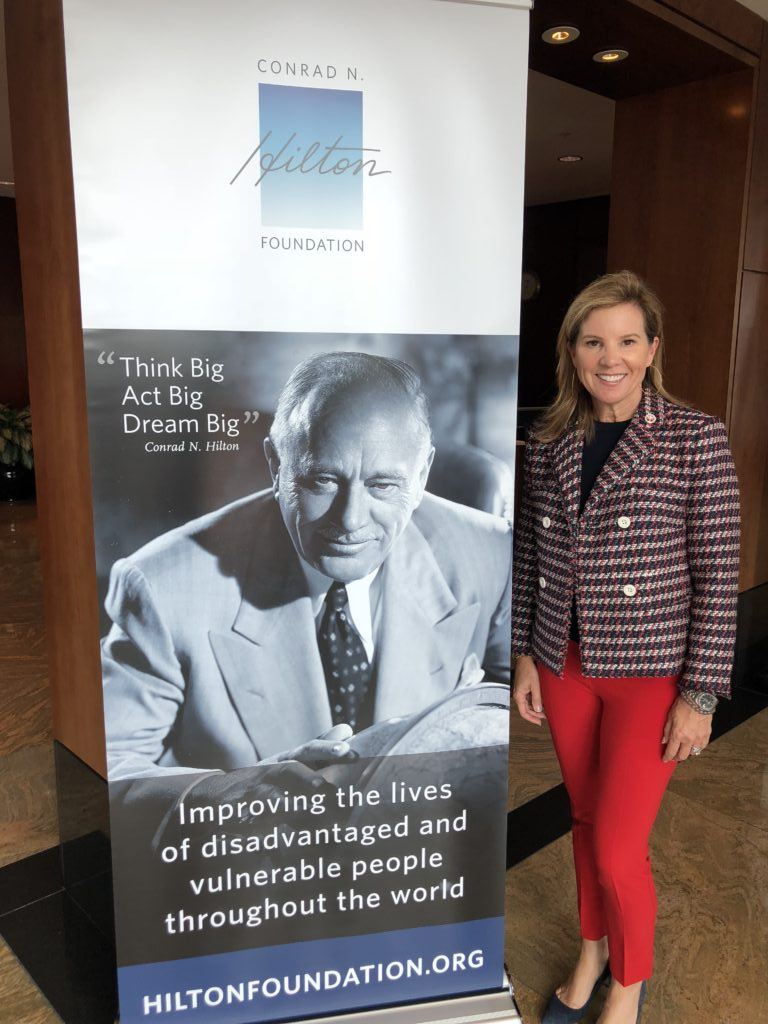
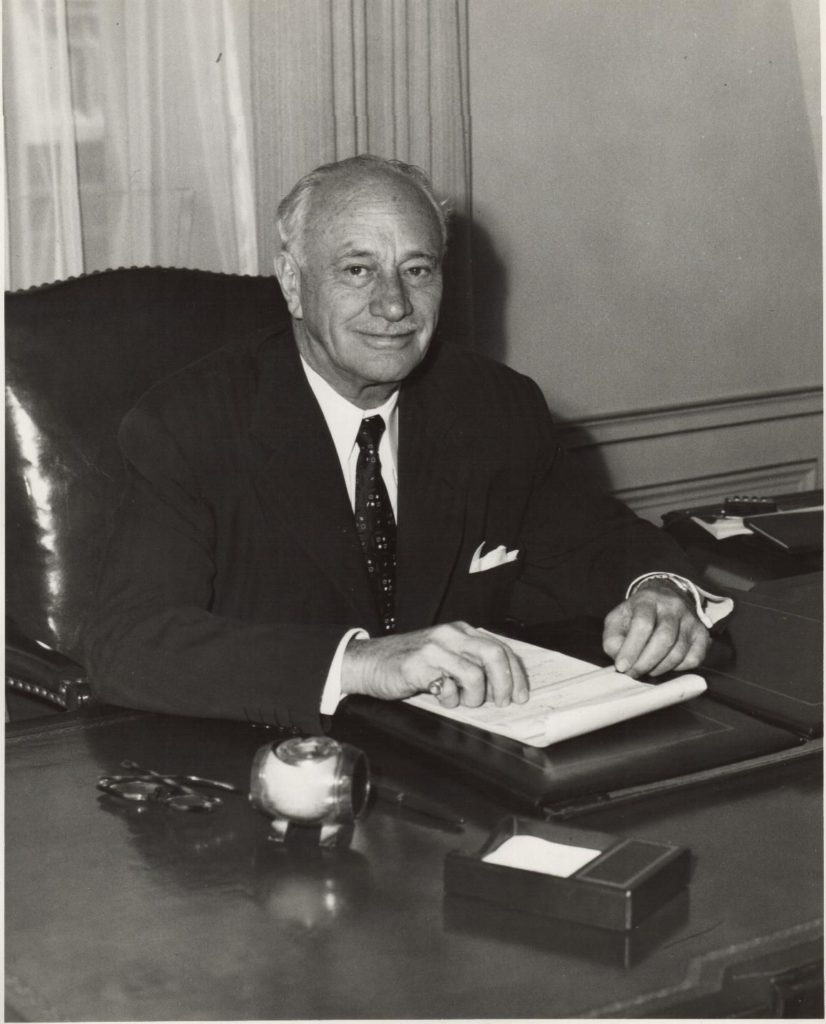
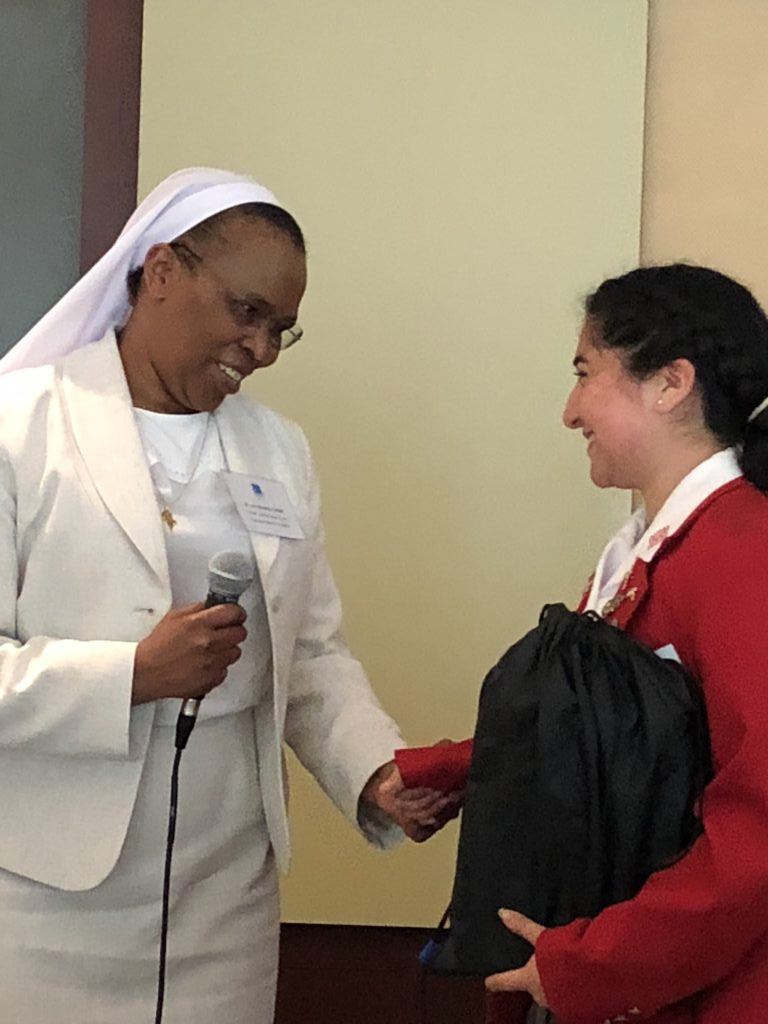
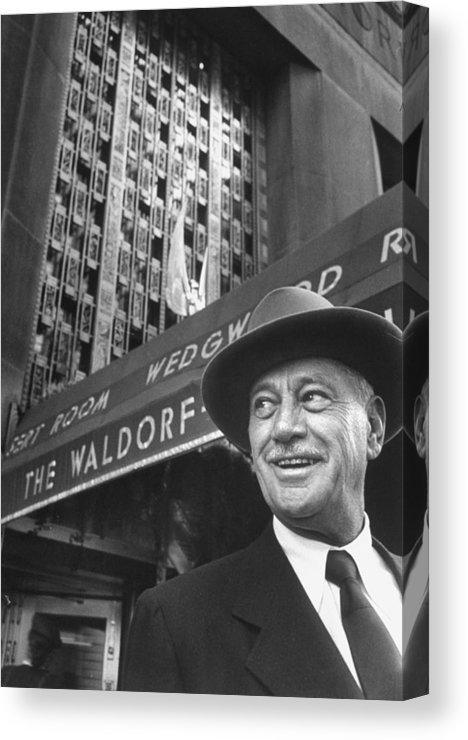
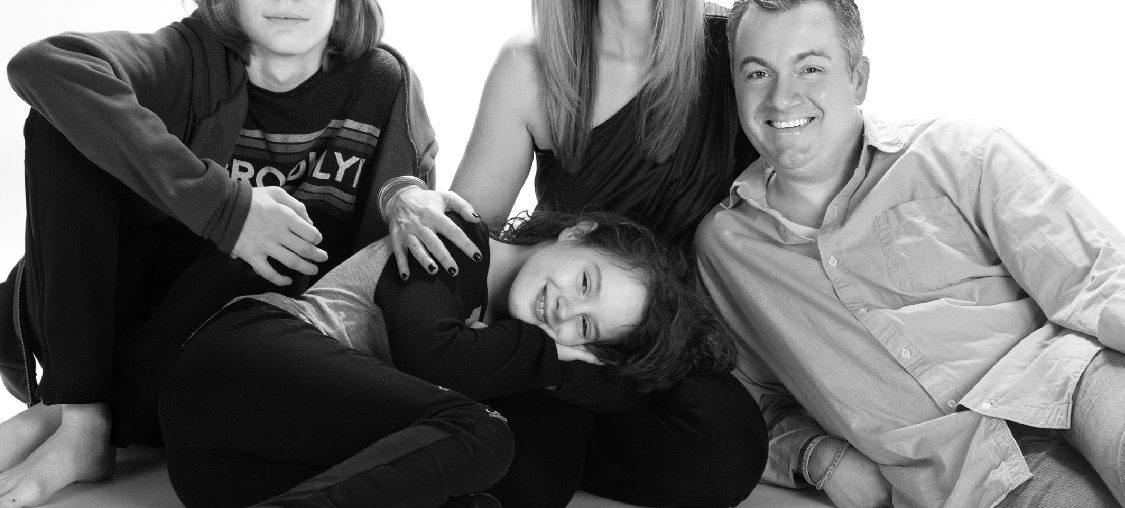
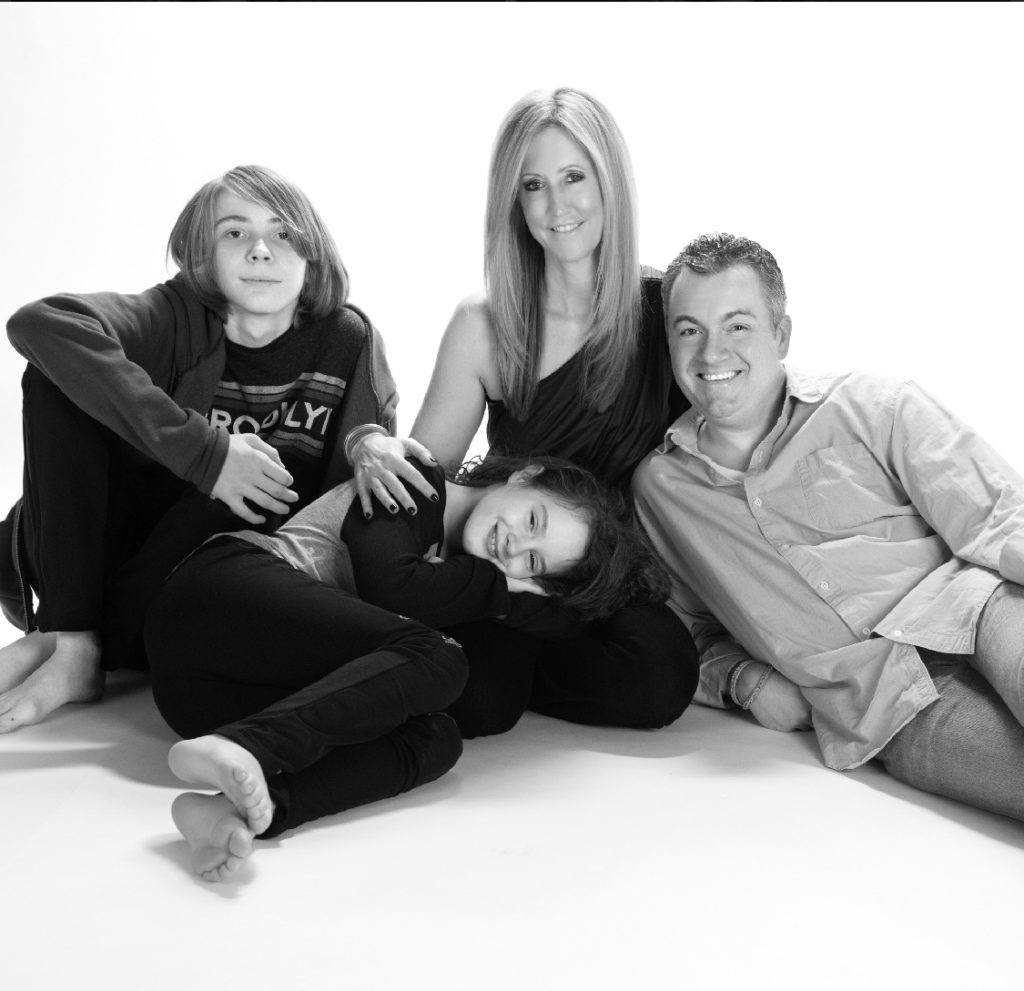
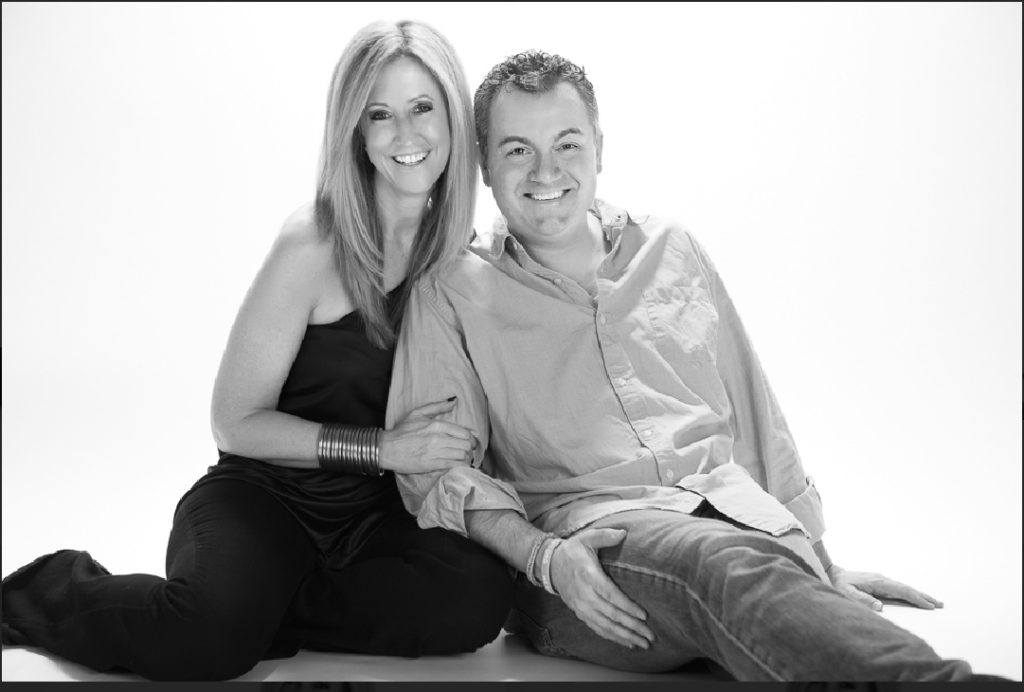
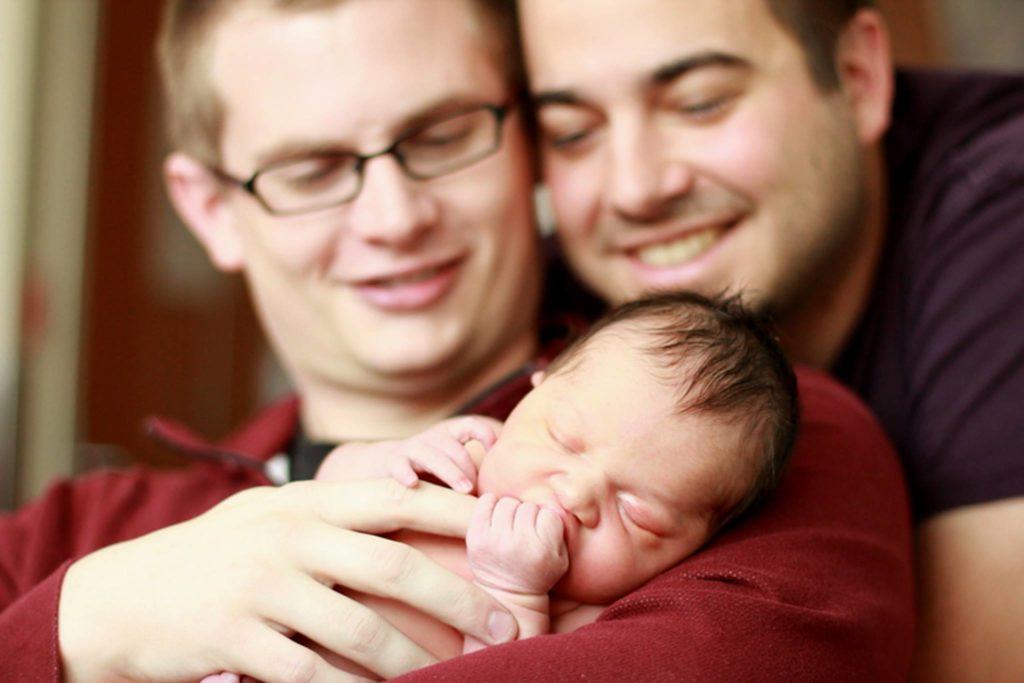
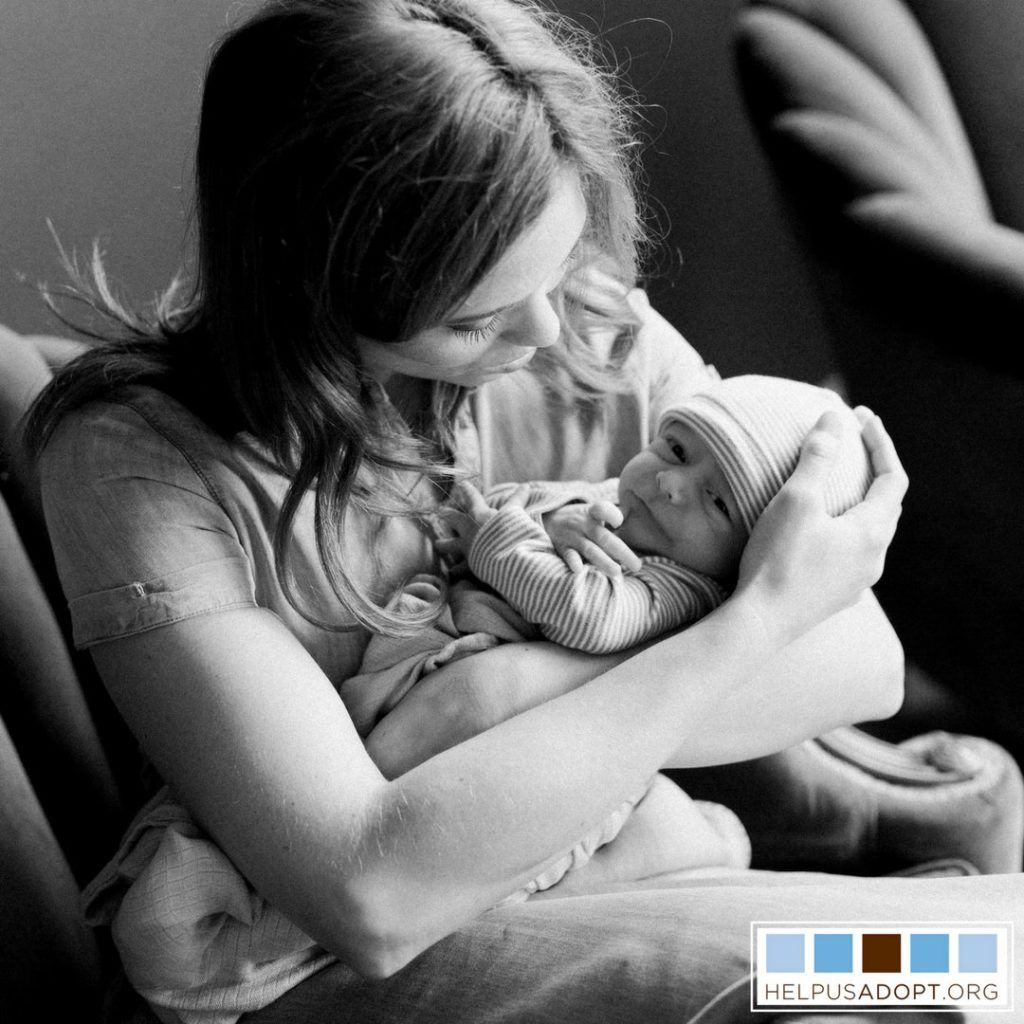
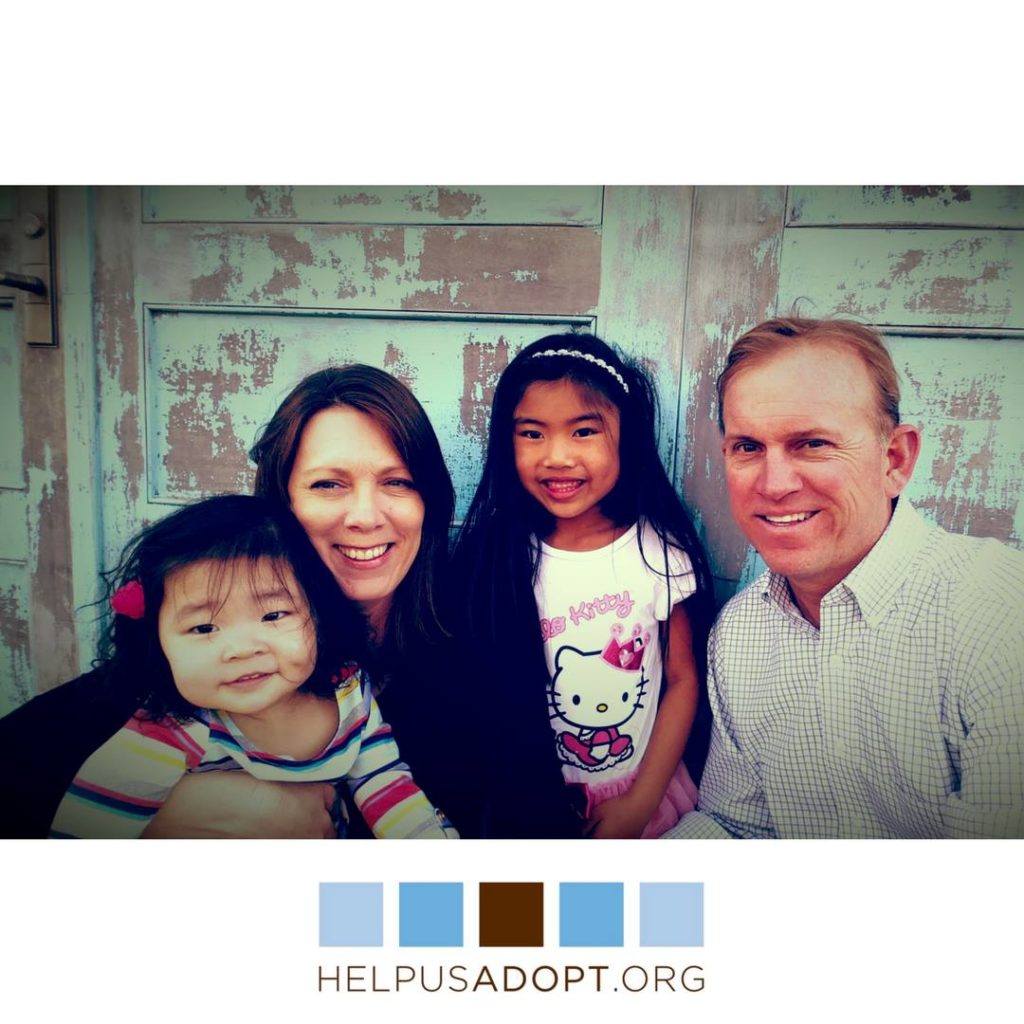
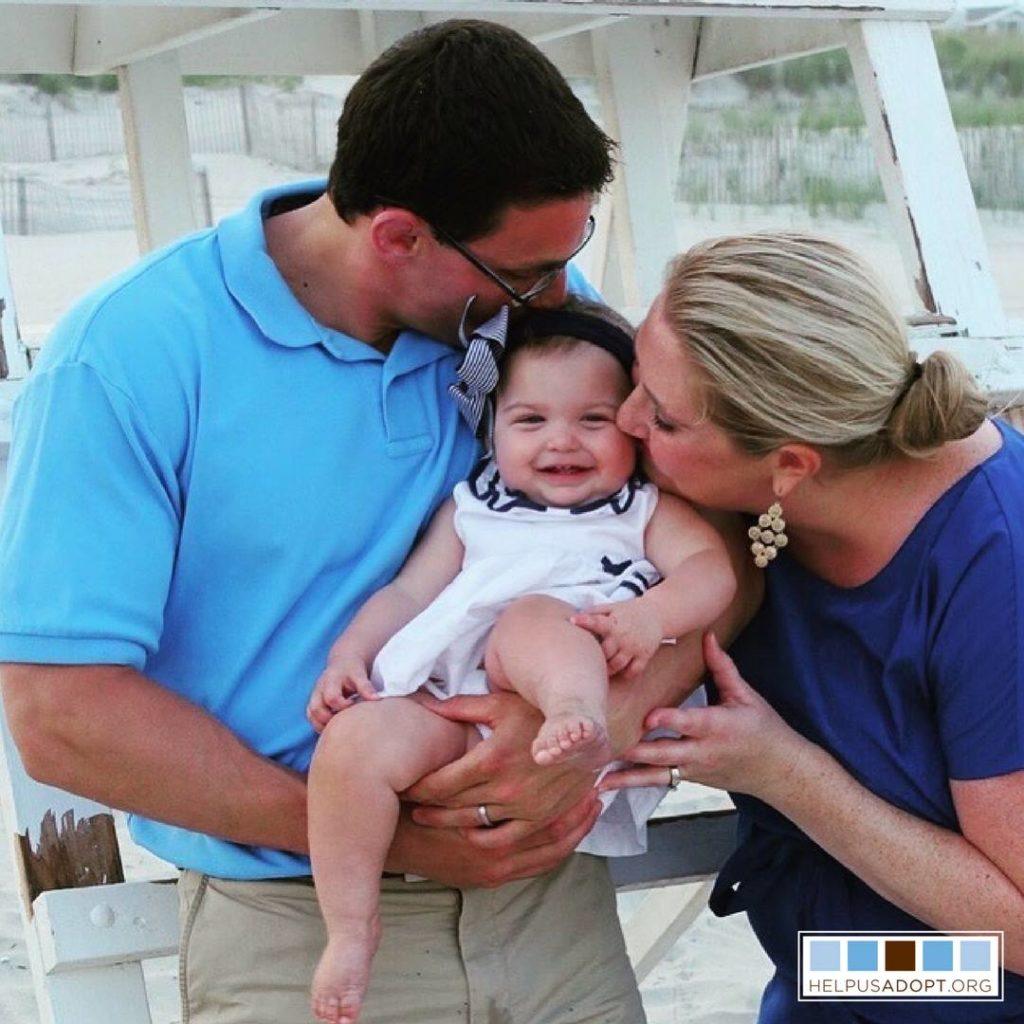
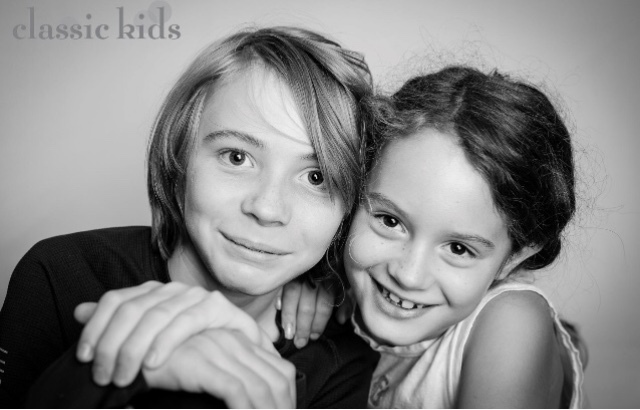
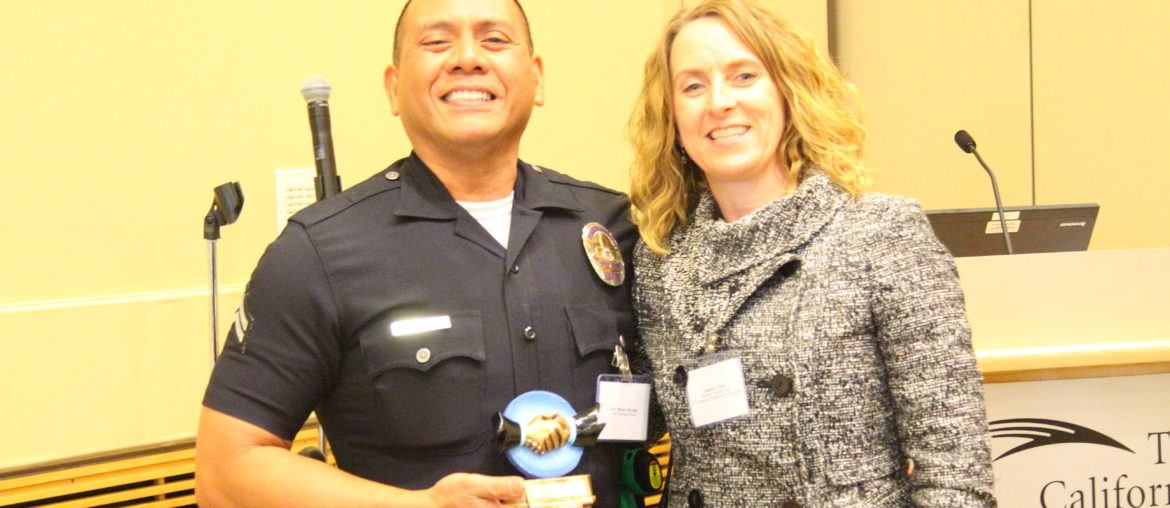
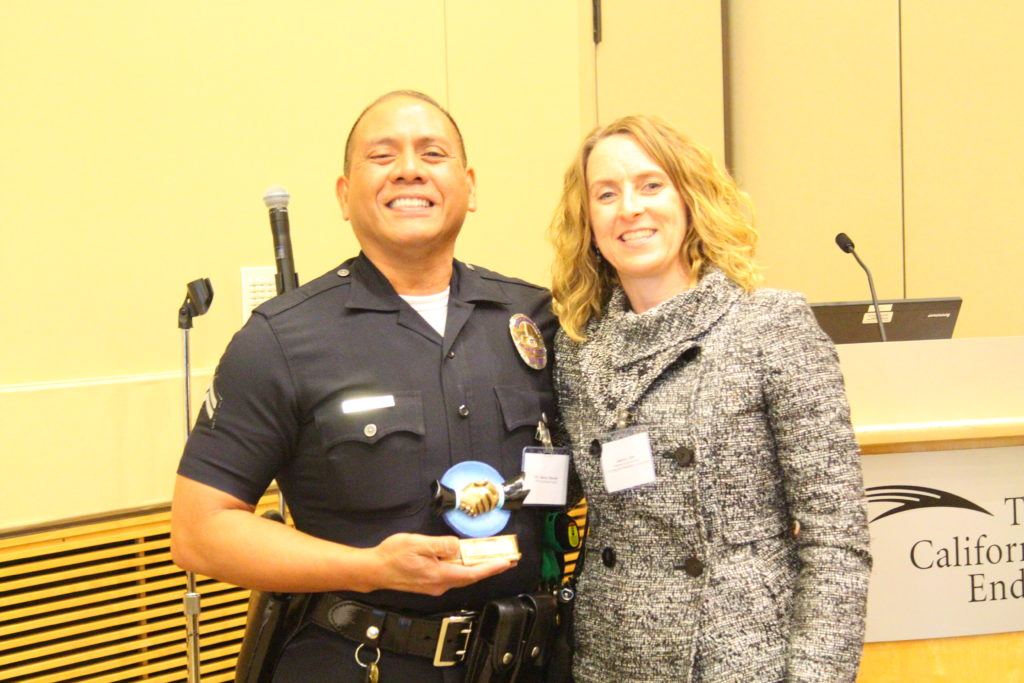
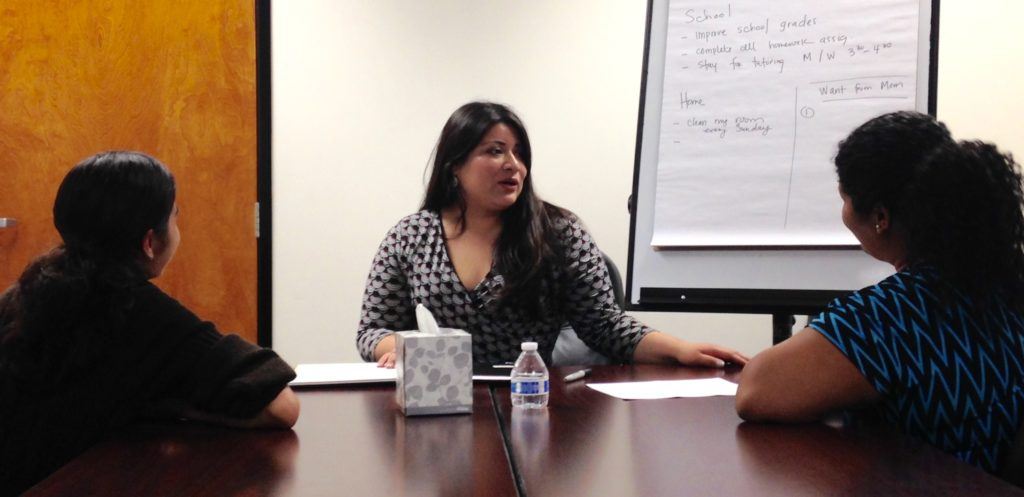
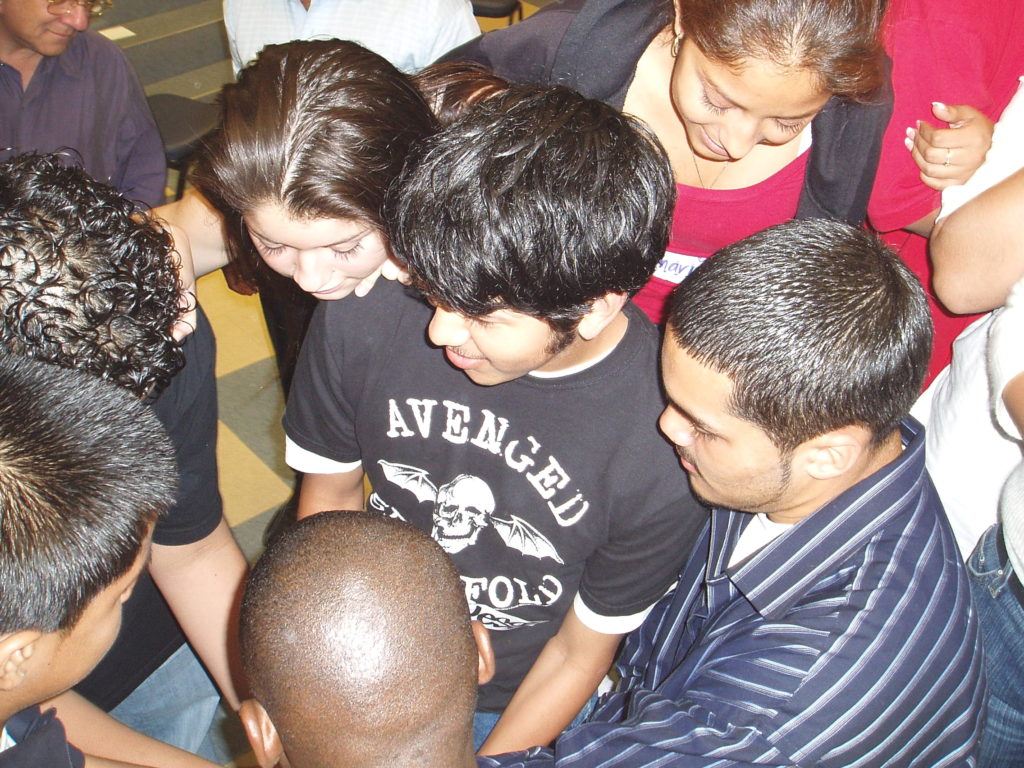
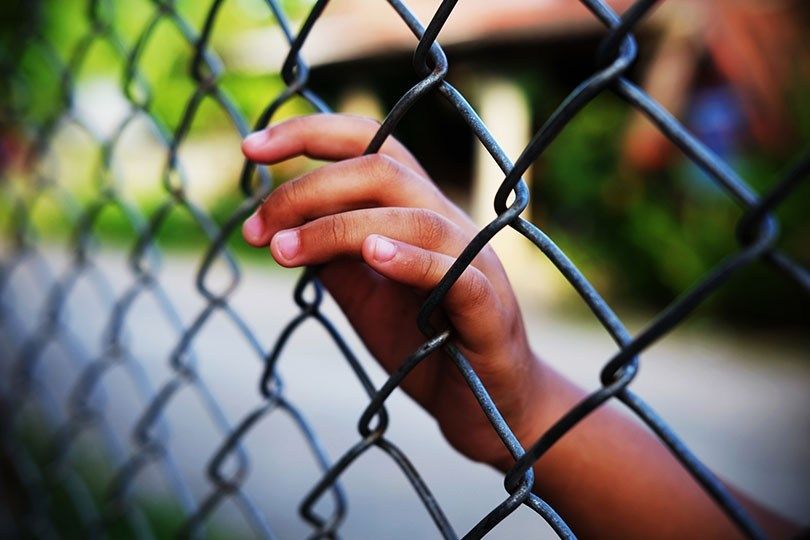
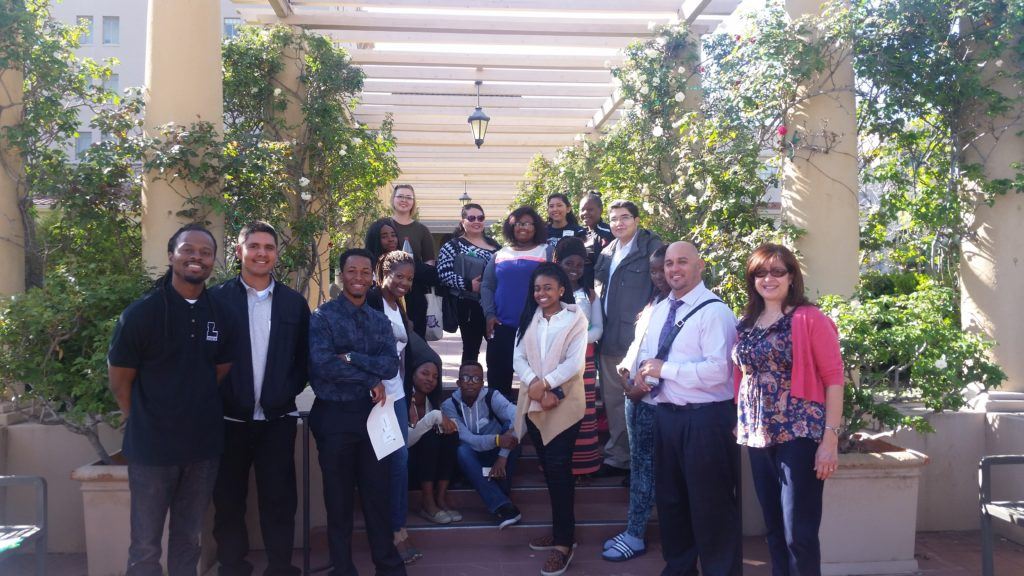
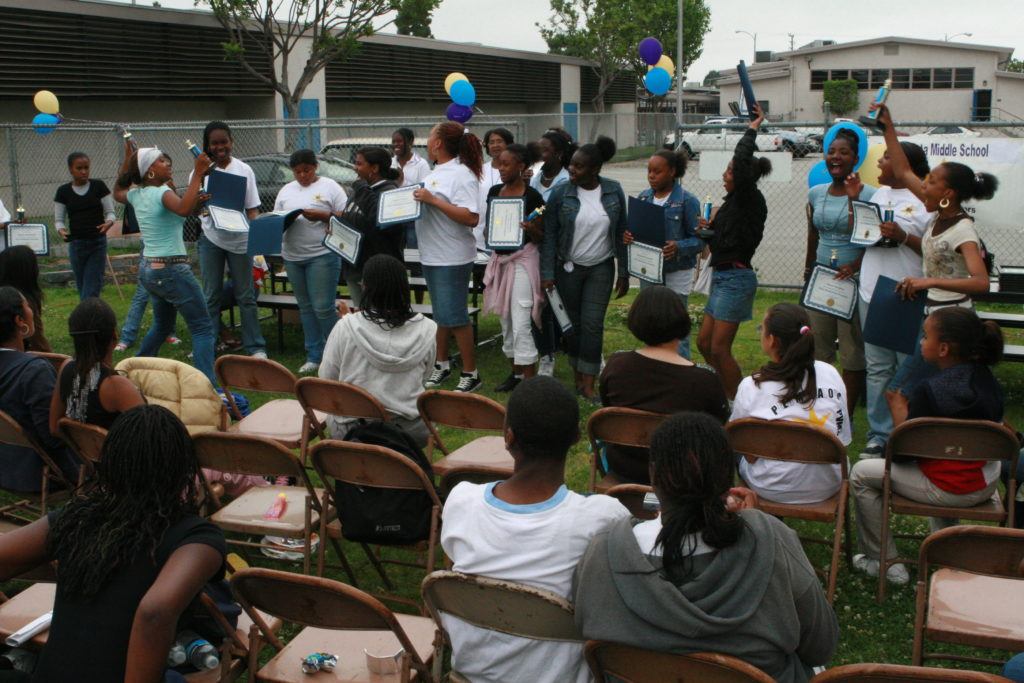
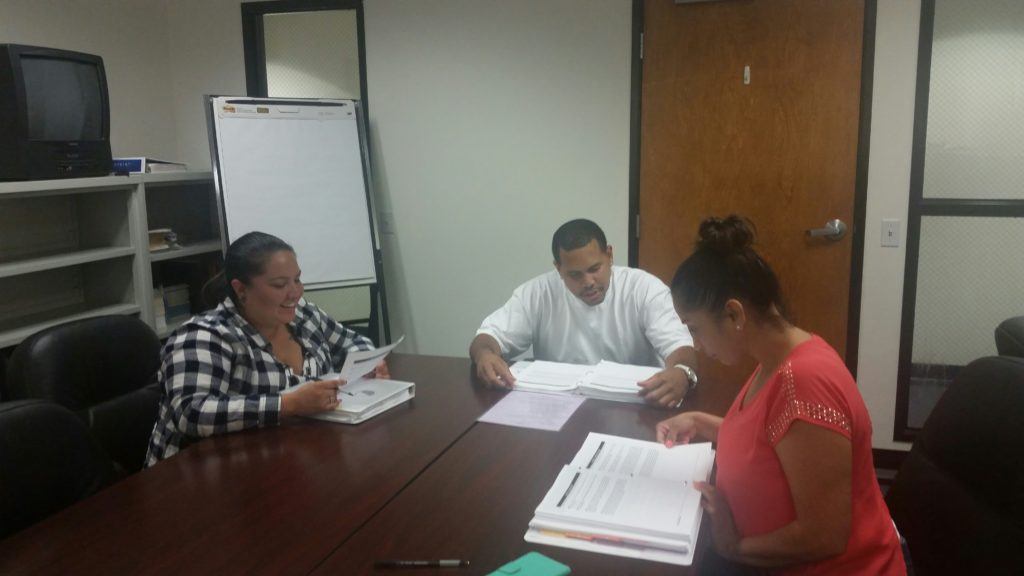
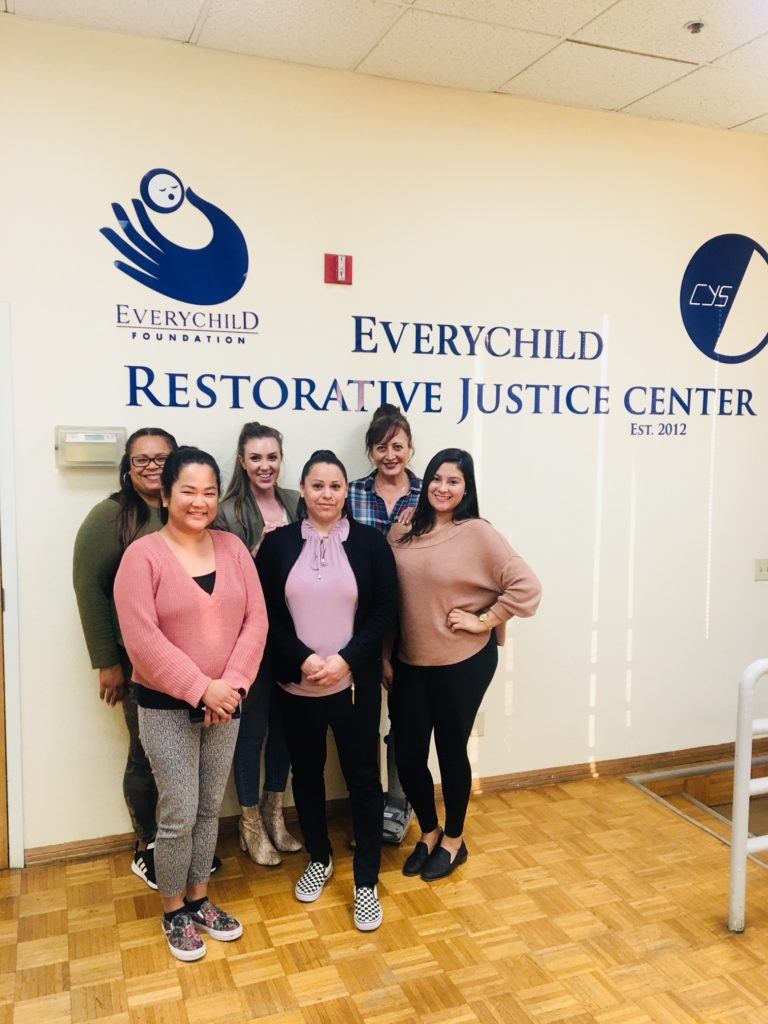
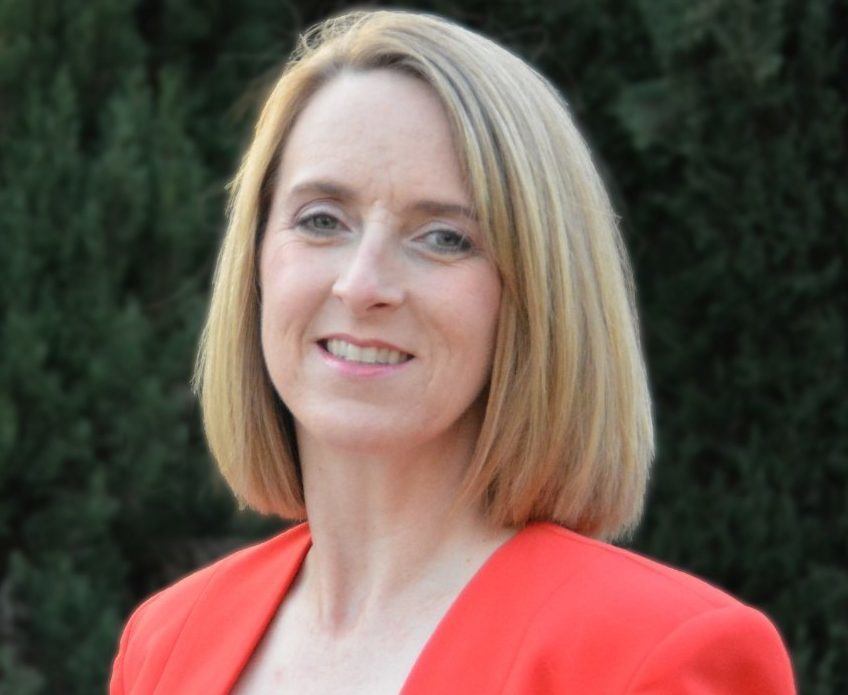
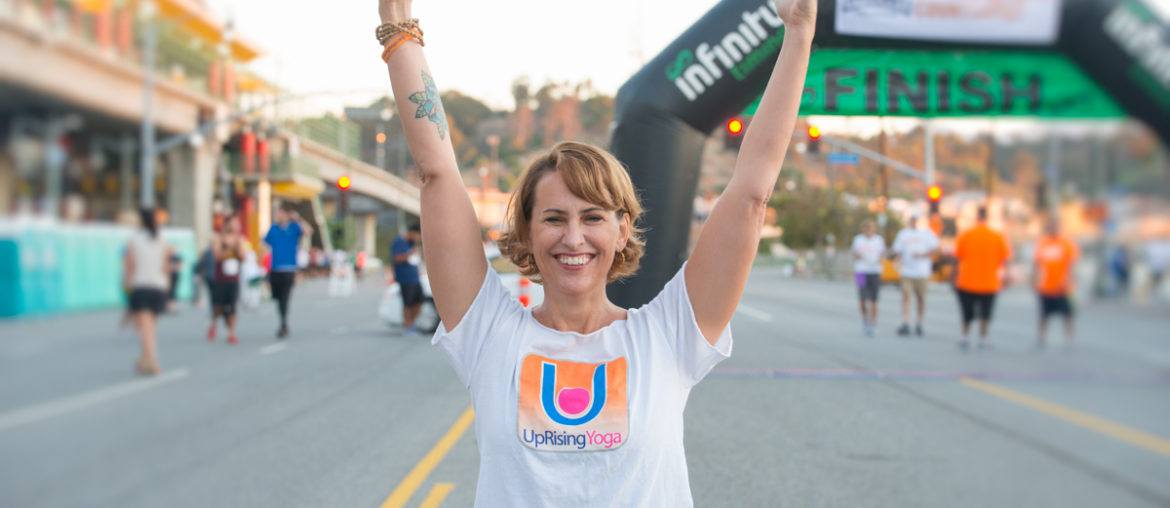
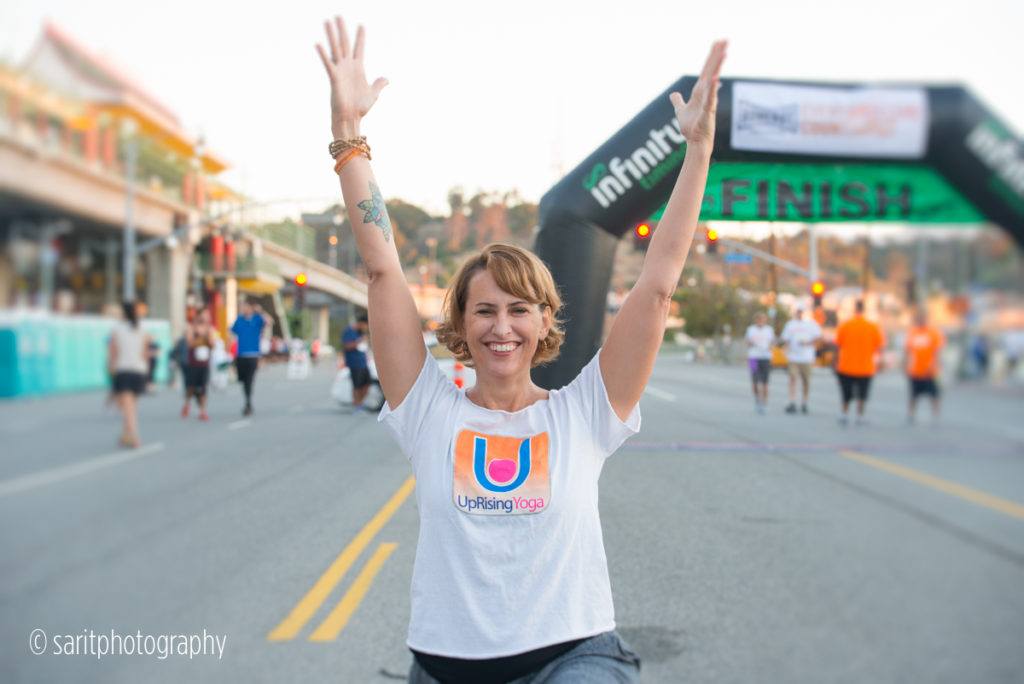
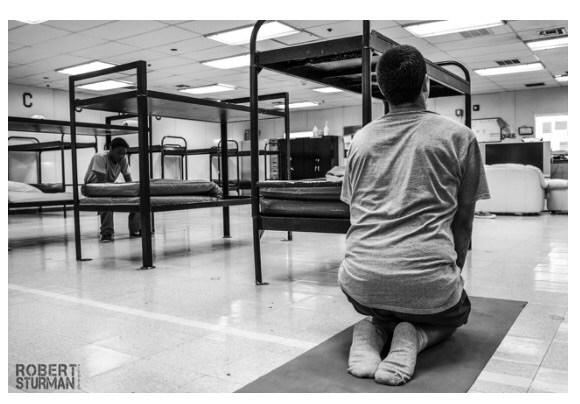
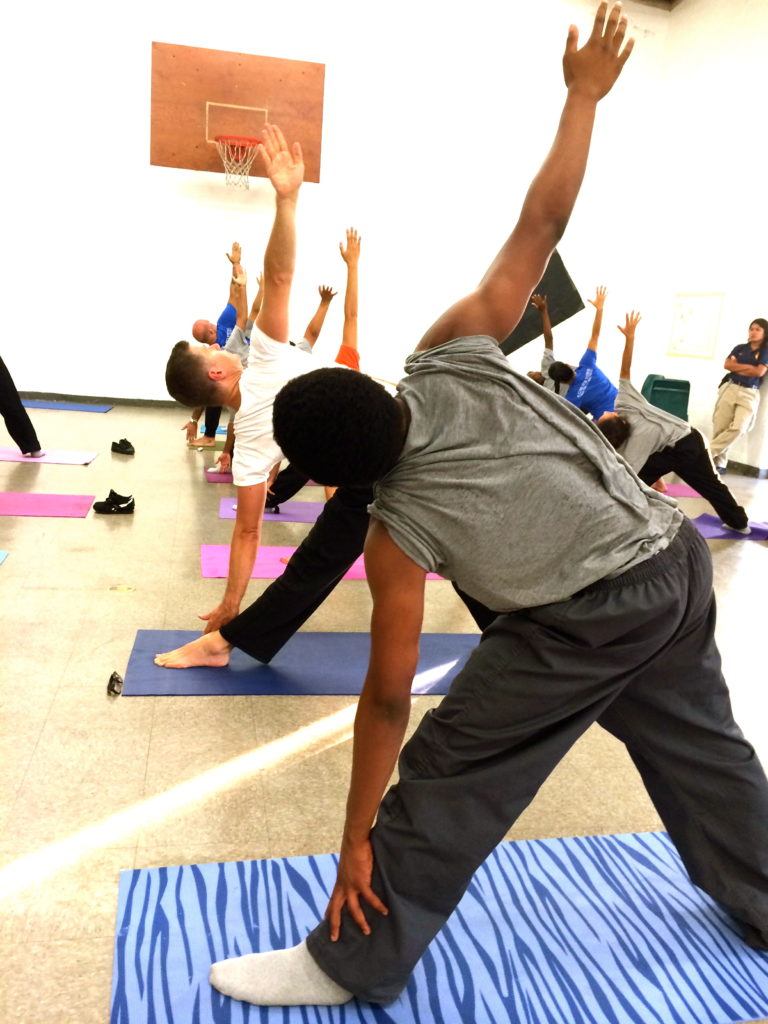
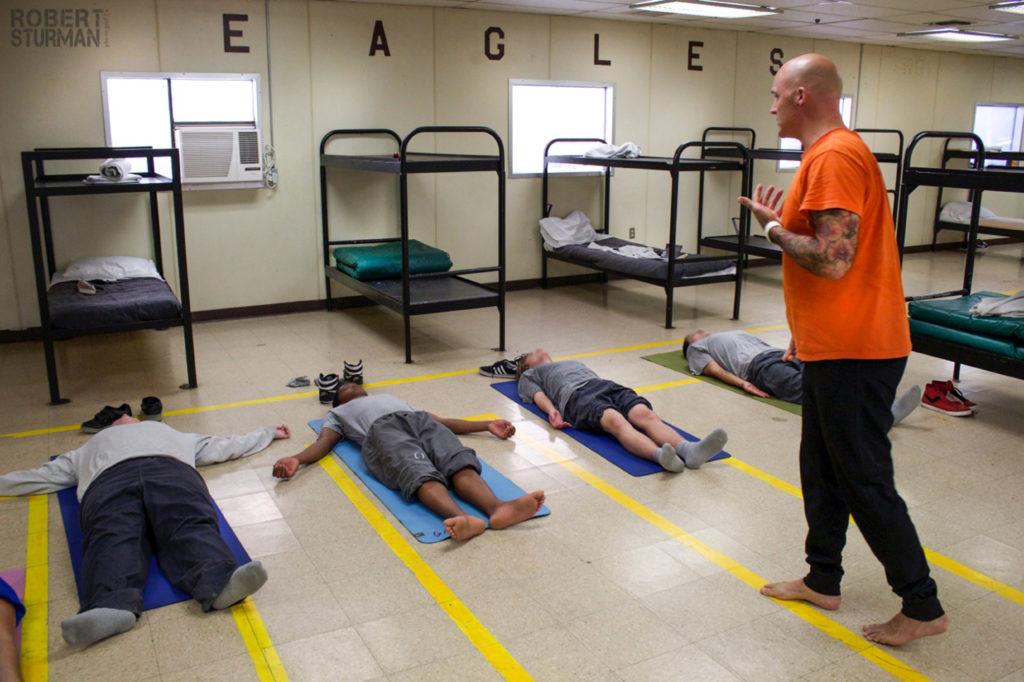
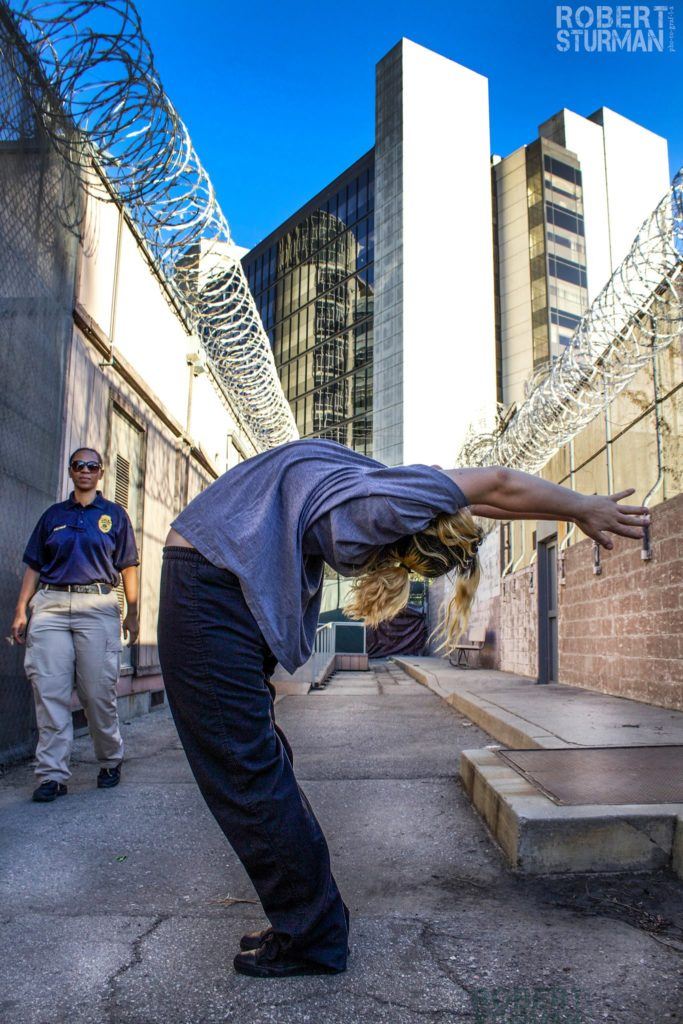
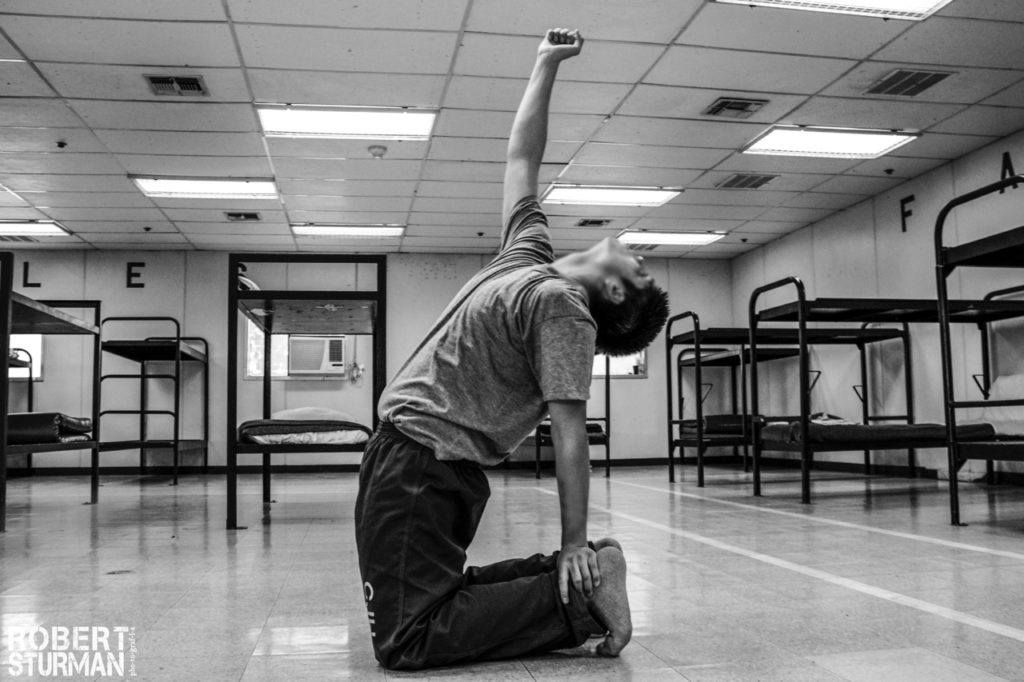
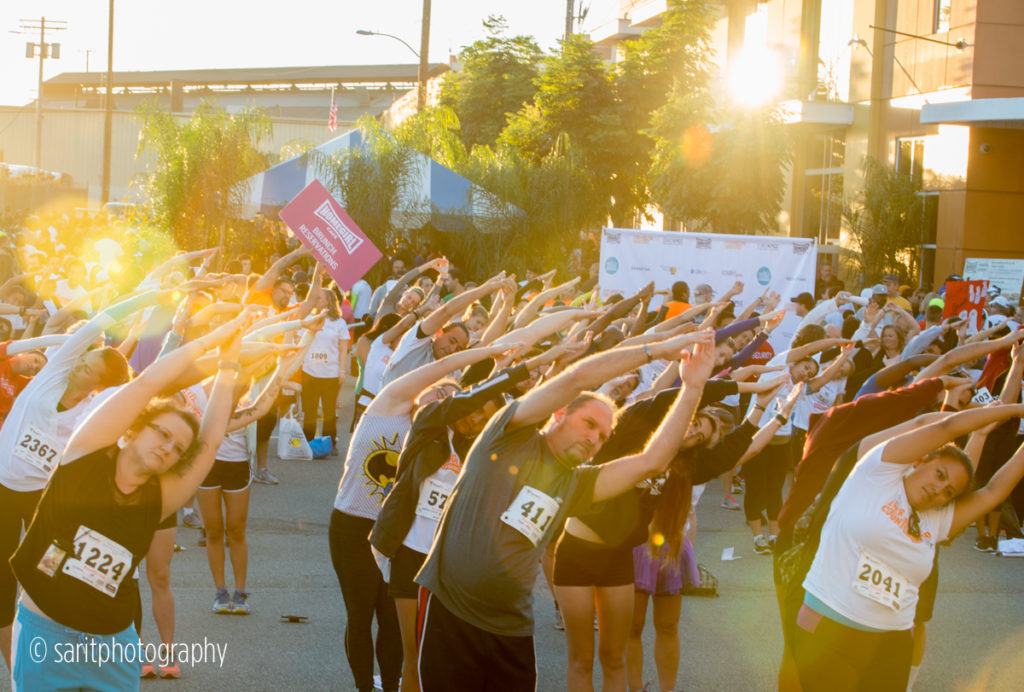
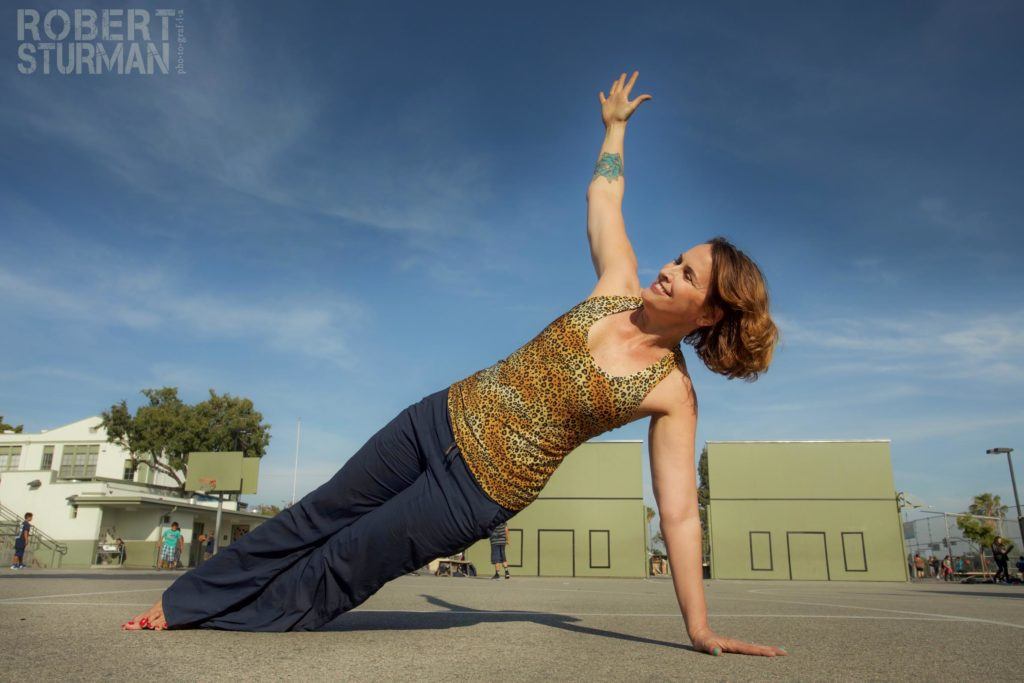
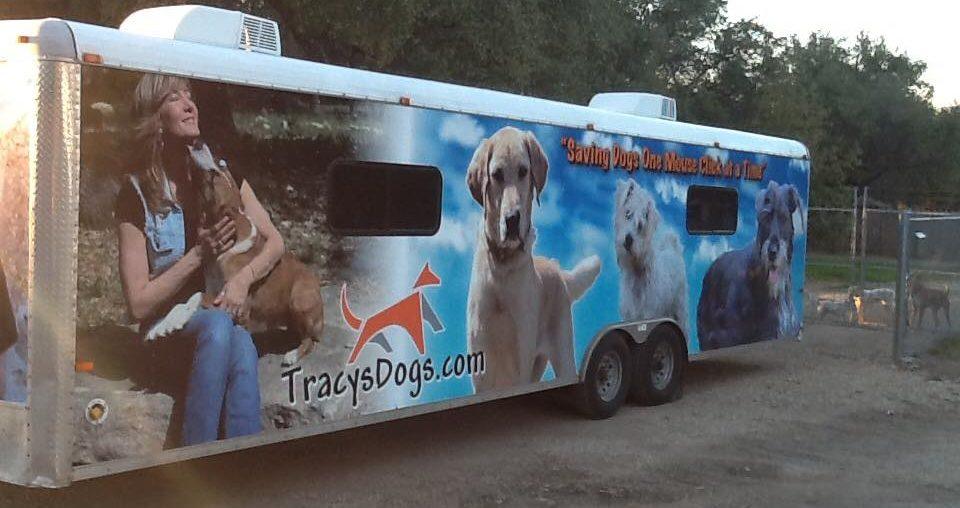
 There are 1.7 million nonprofit organizations in the United States and not enough days in the year to cover them all. Years ago when I began telling the stories of these incredible humans making our world better, I decided I would only tell stories of people helping people. As much as I love green causes and animals I needed to create some perimeters. When a friend of mine at HooplaHa reached out to tell me about Tracy and the work she and her husband Scott are doing to rescue dogs in kill shelters, I knew these were very special humans. When you see what Tracy and Scott Whyatt do, you will realize that this is people helping people and thousands of dogs in the process.
There are 1.7 million nonprofit organizations in the United States and not enough days in the year to cover them all. Years ago when I began telling the stories of these incredible humans making our world better, I decided I would only tell stories of people helping people. As much as I love green causes and animals I needed to create some perimeters. When a friend of mine at HooplaHa reached out to tell me about Tracy and the work she and her husband Scott are doing to rescue dogs in kill shelters, I knew these were very special humans. When you see what Tracy and Scott Whyatt do, you will realize that this is people helping people and thousands of dogs in the process.